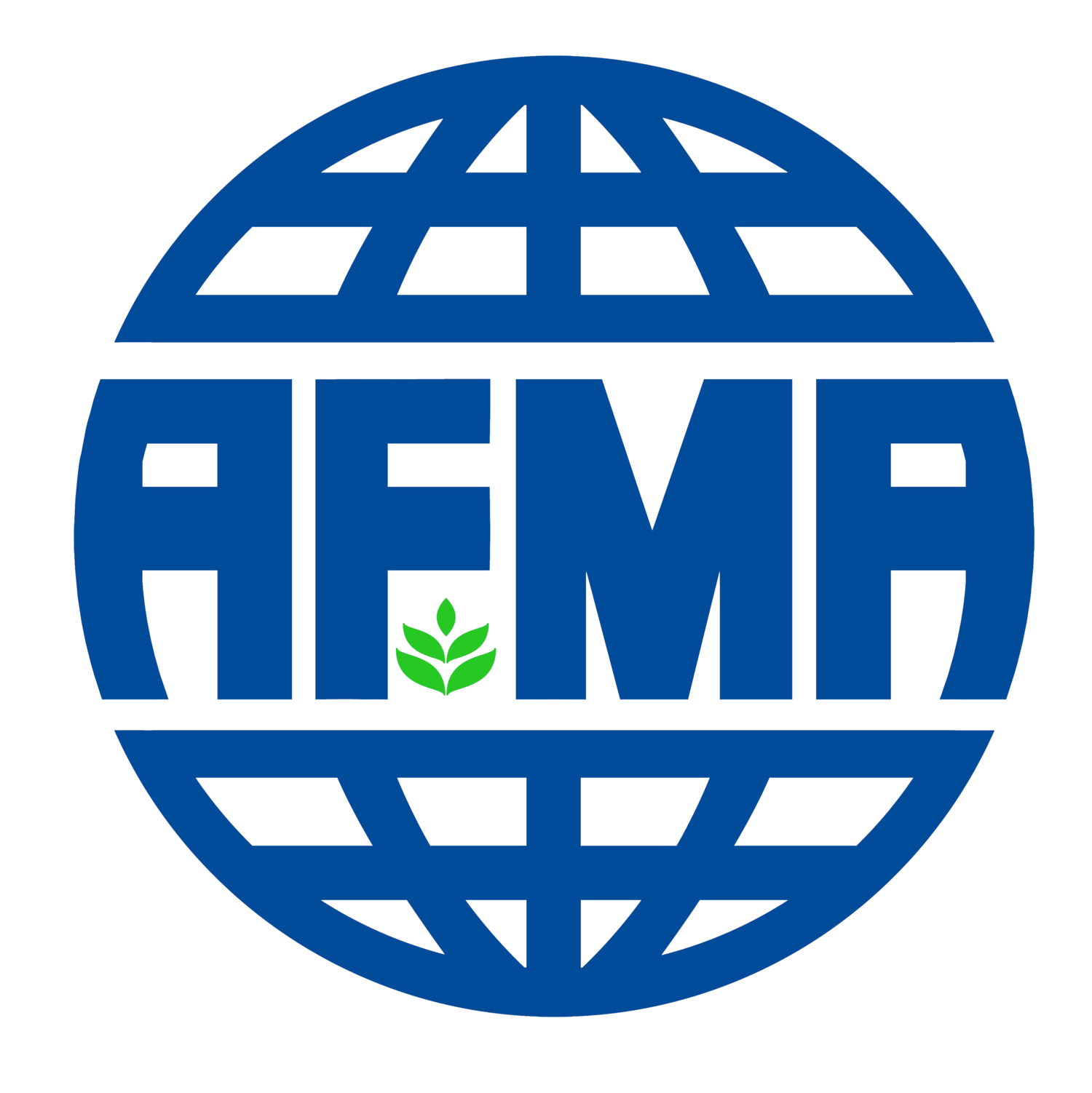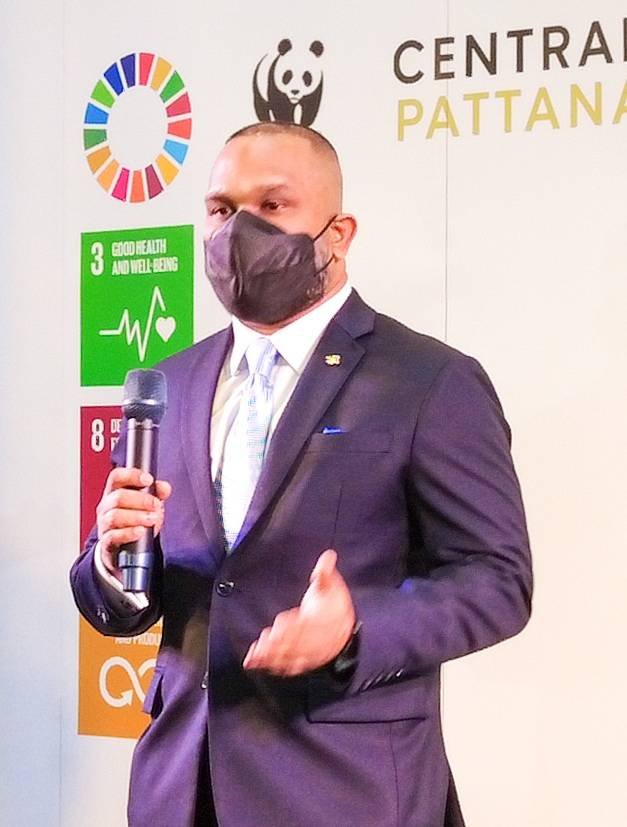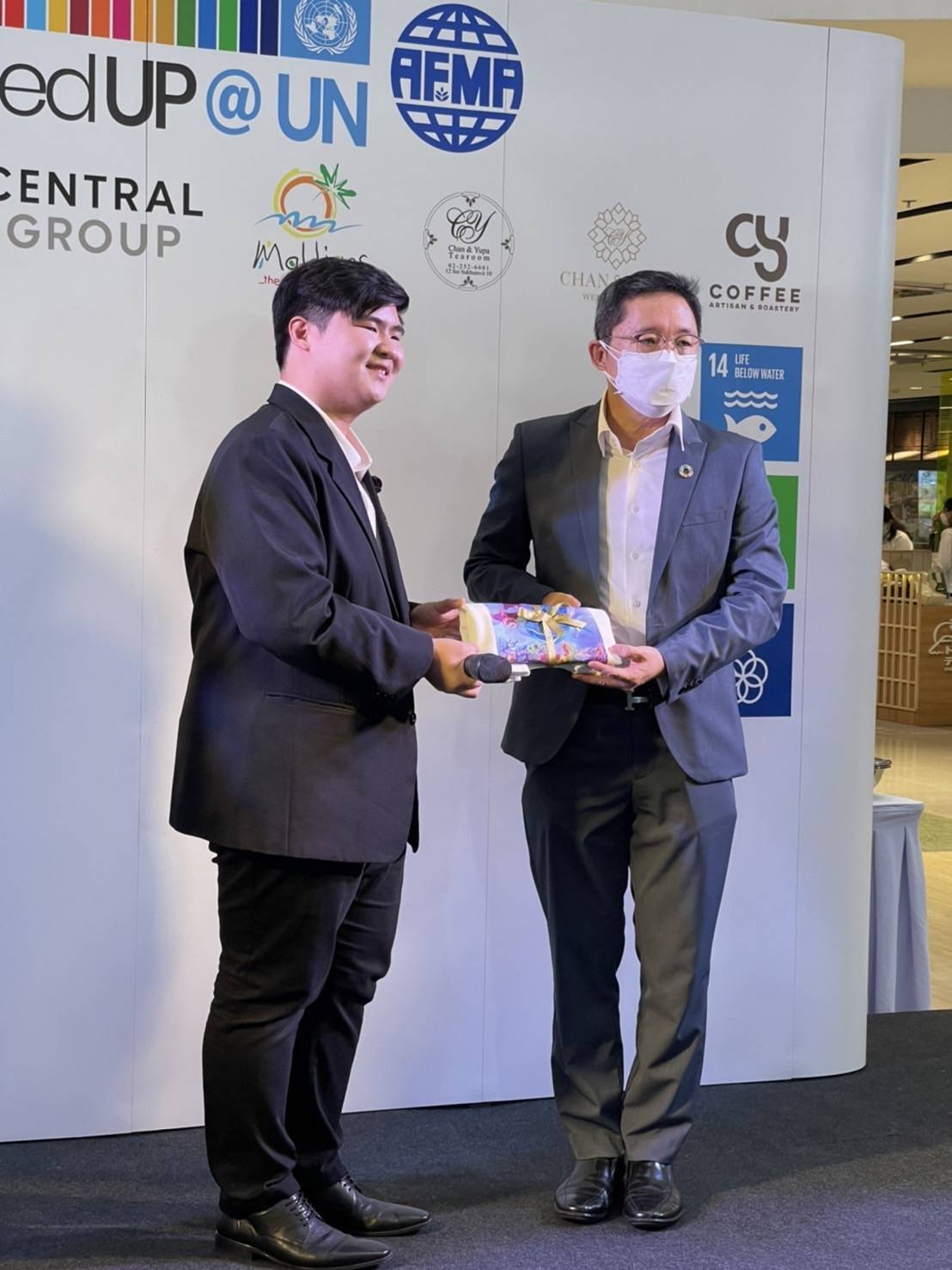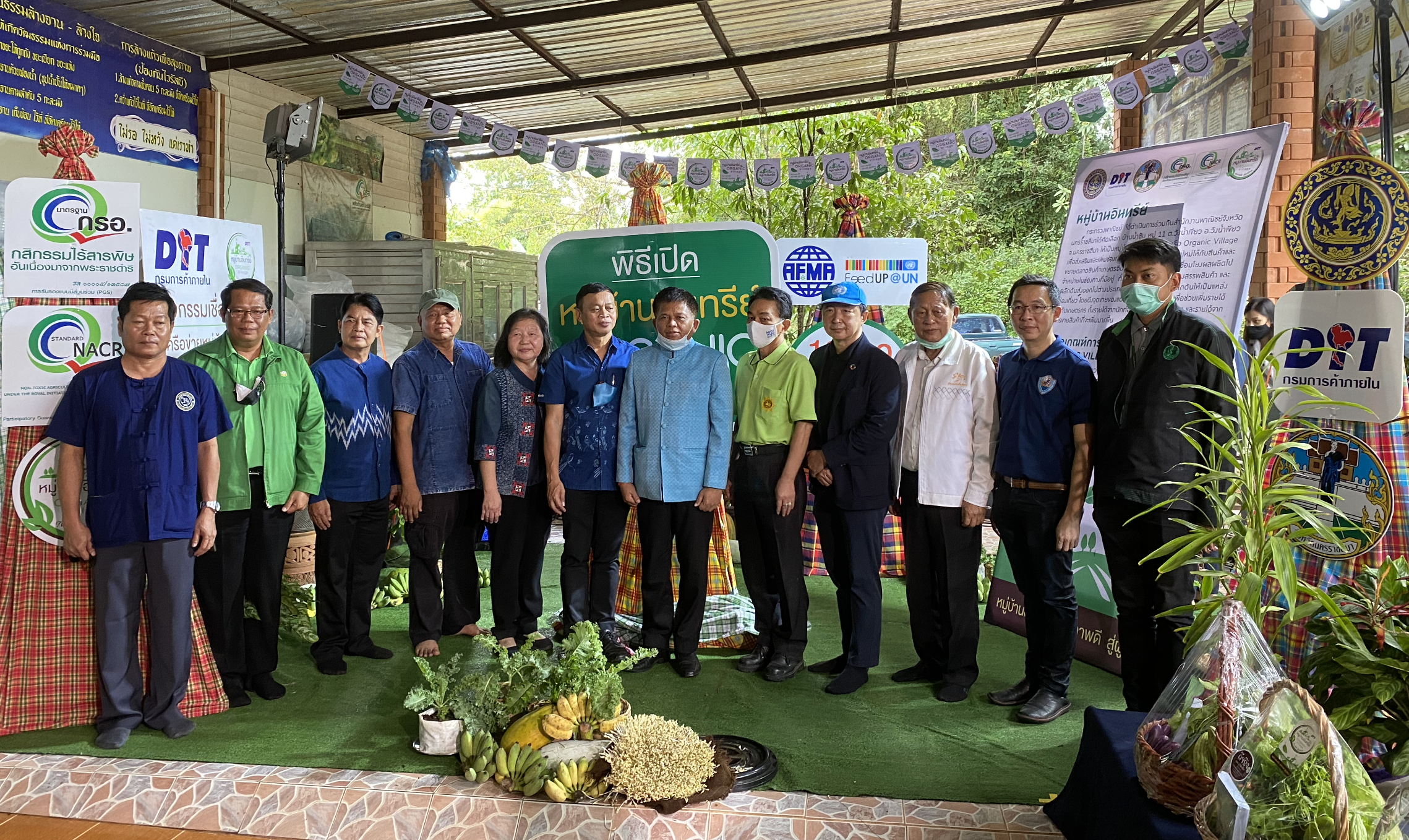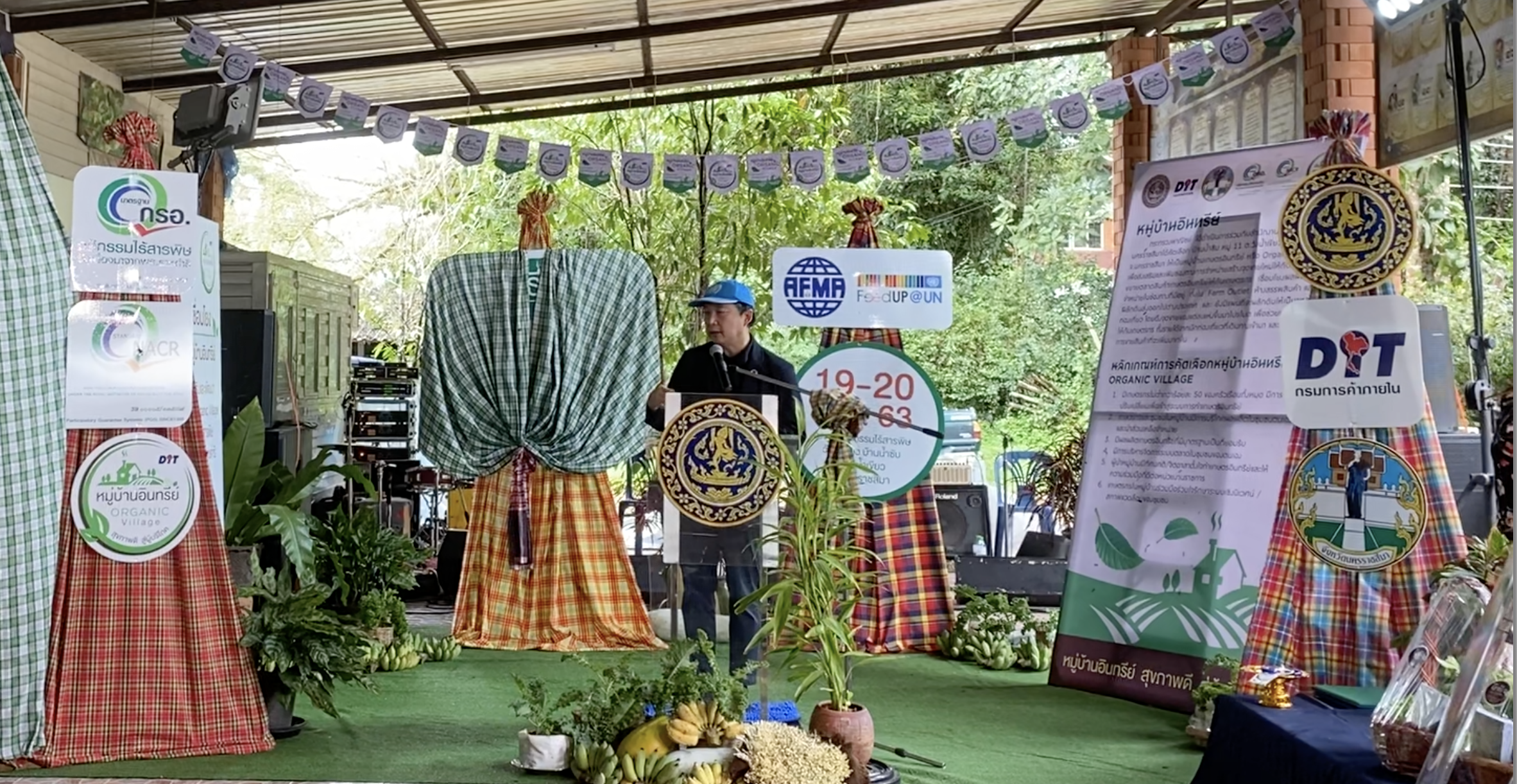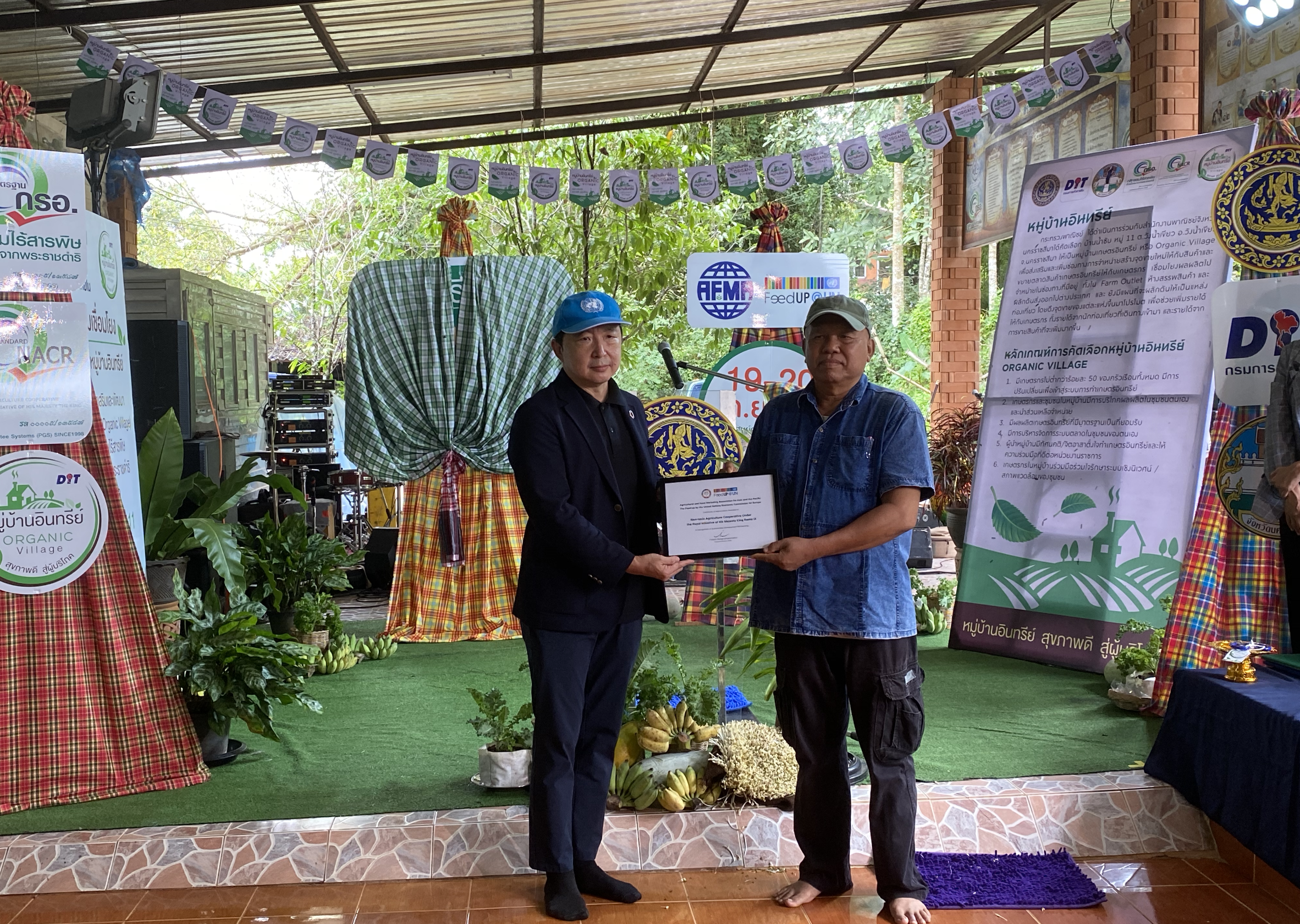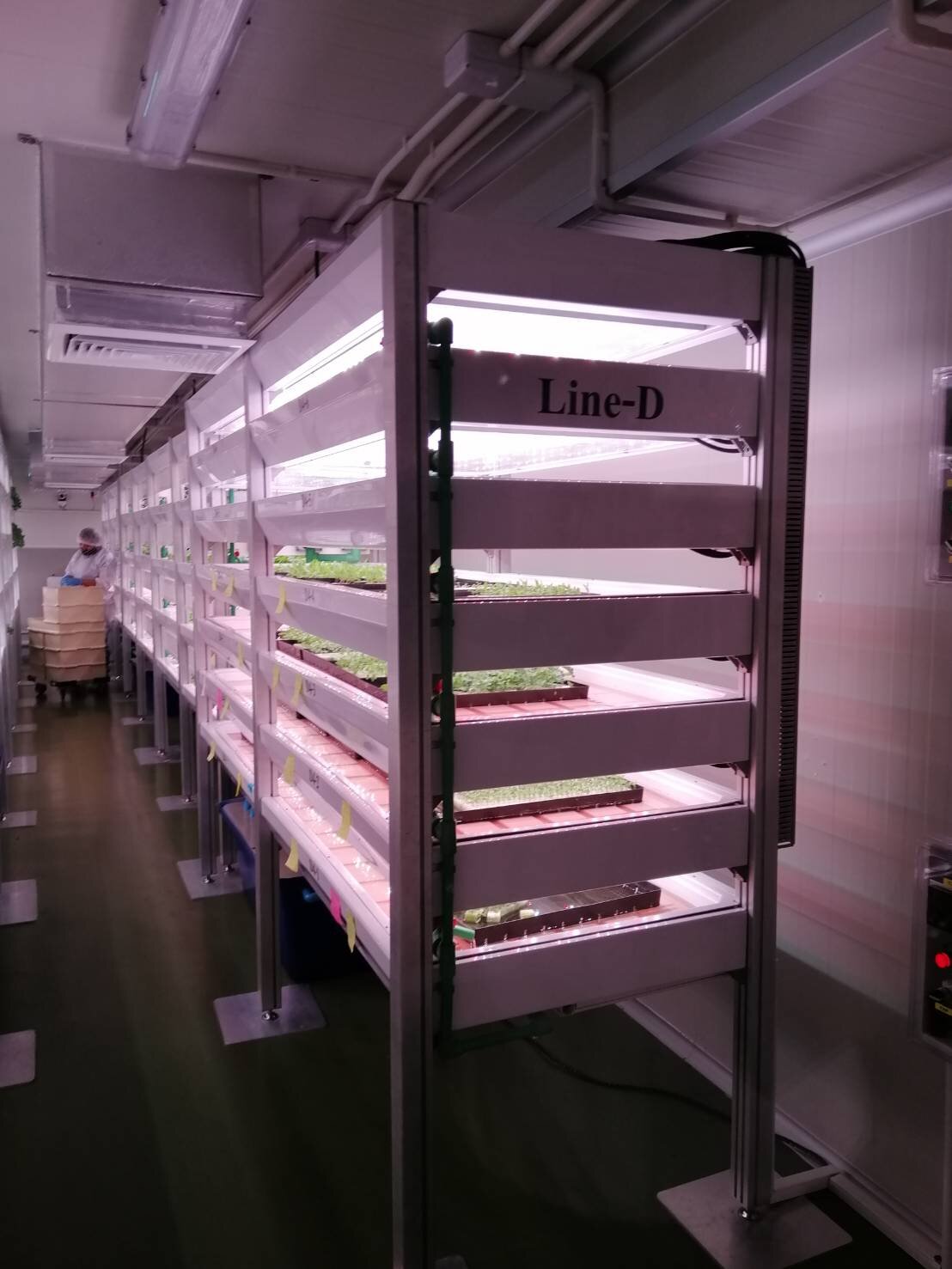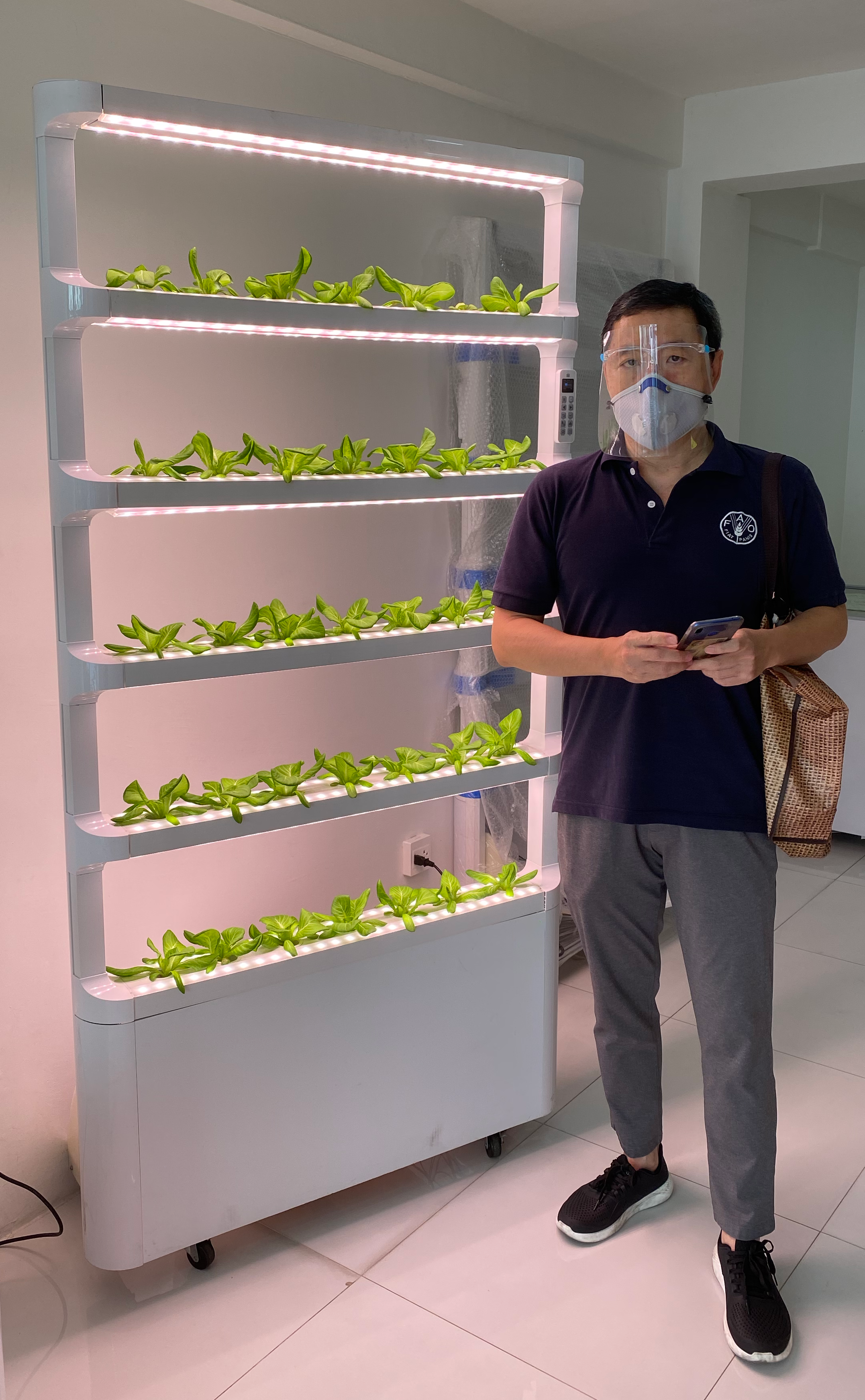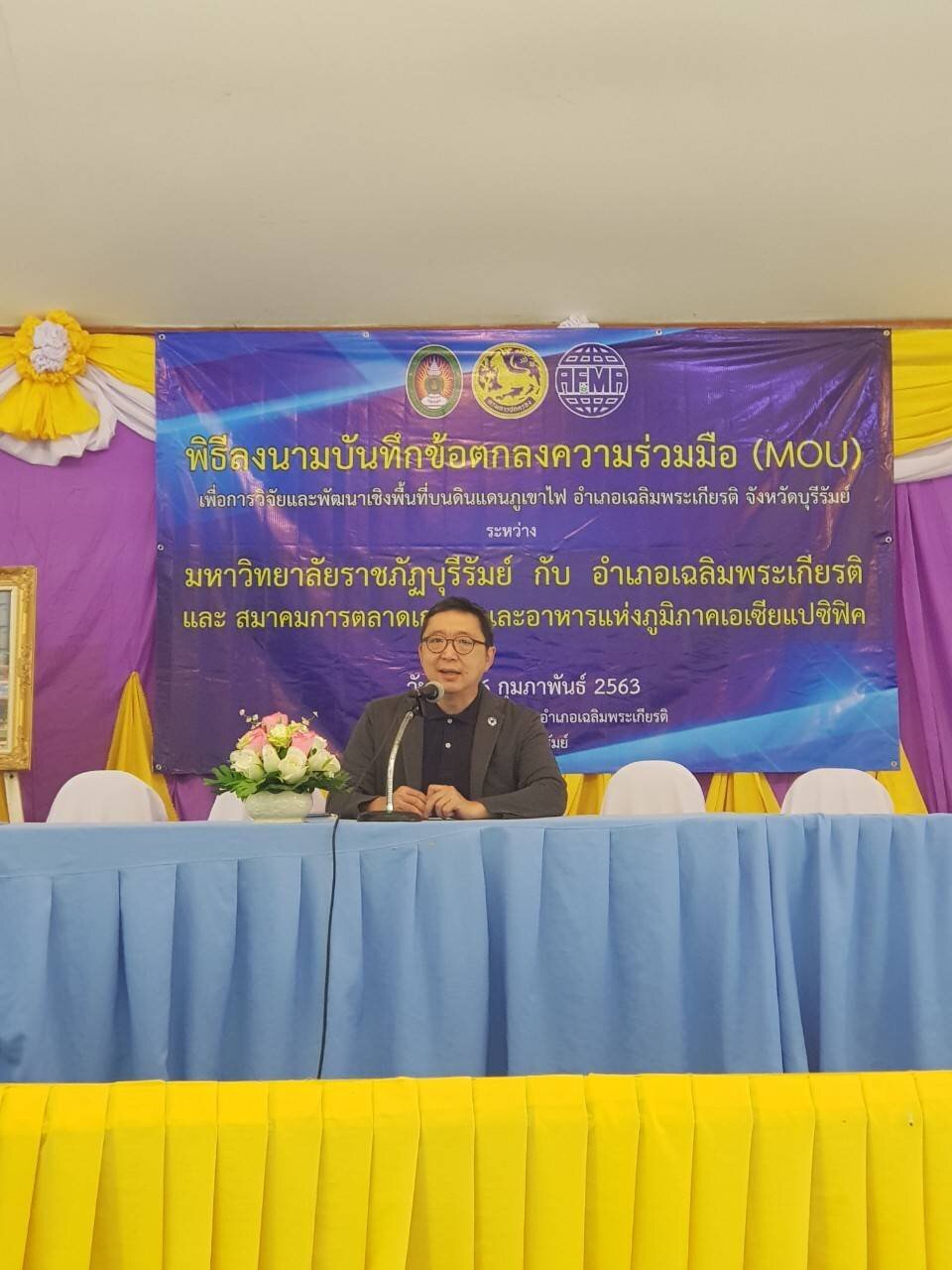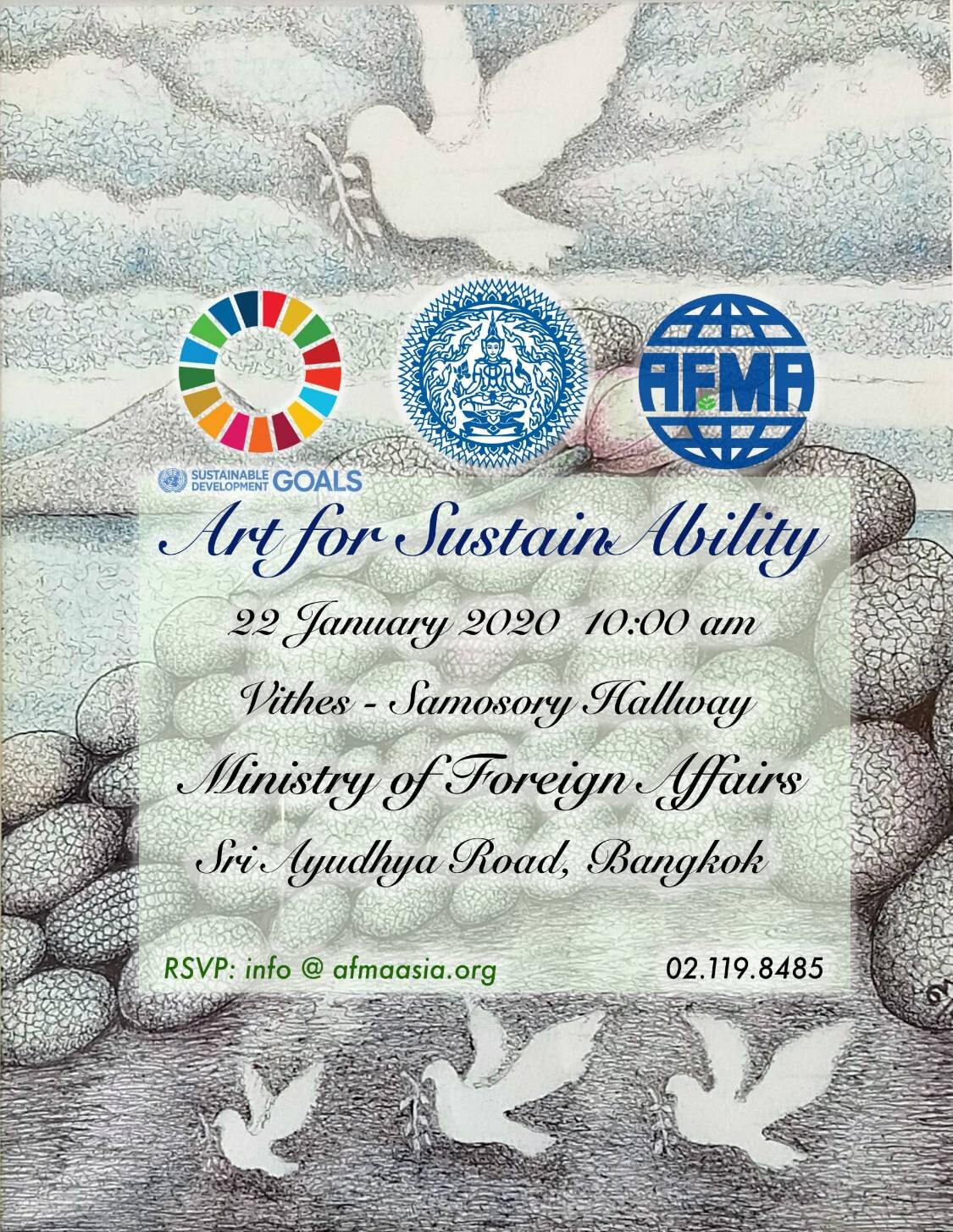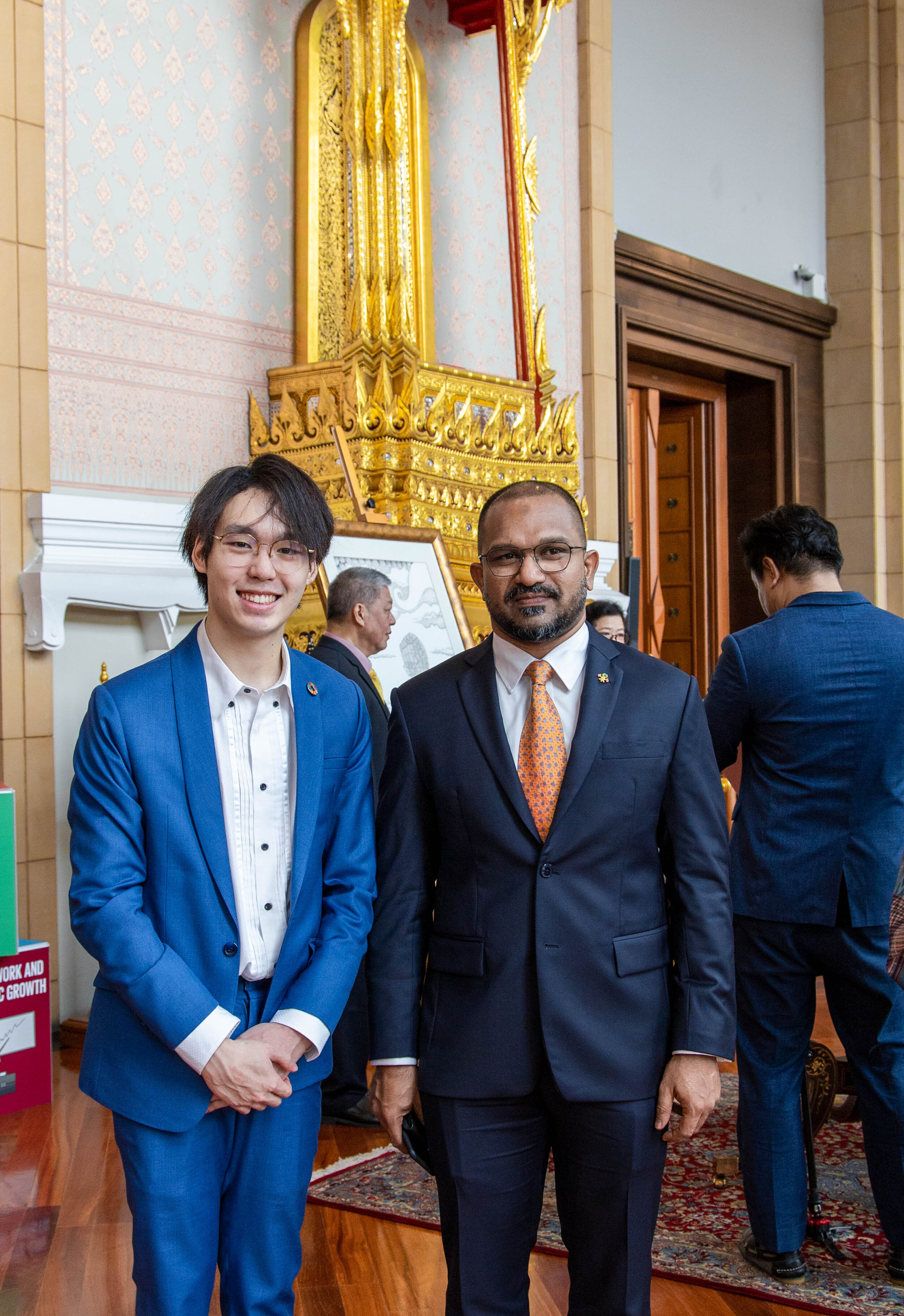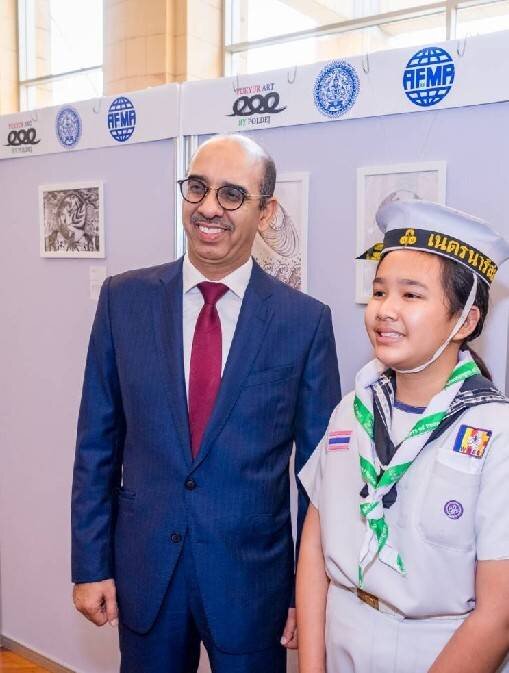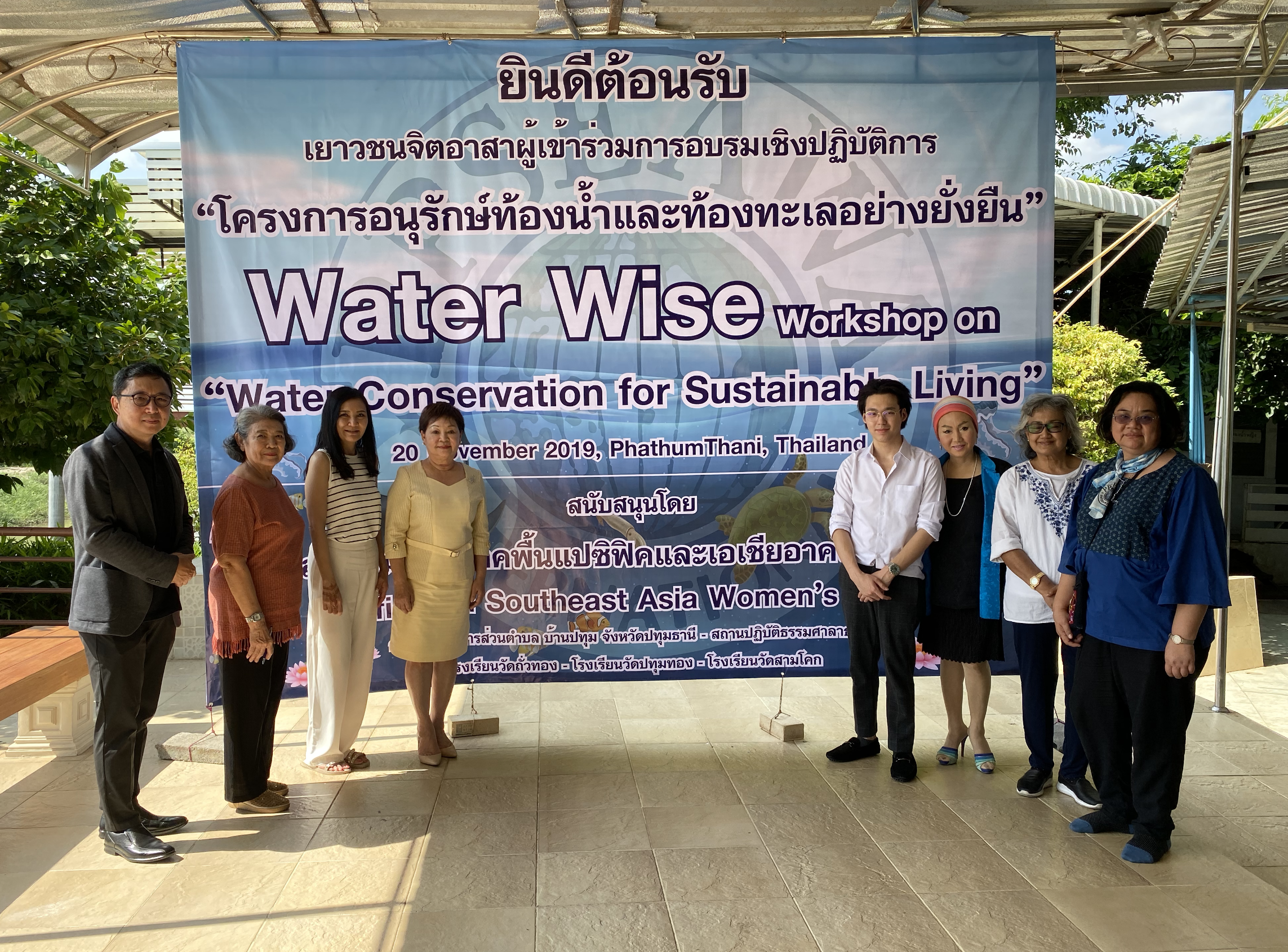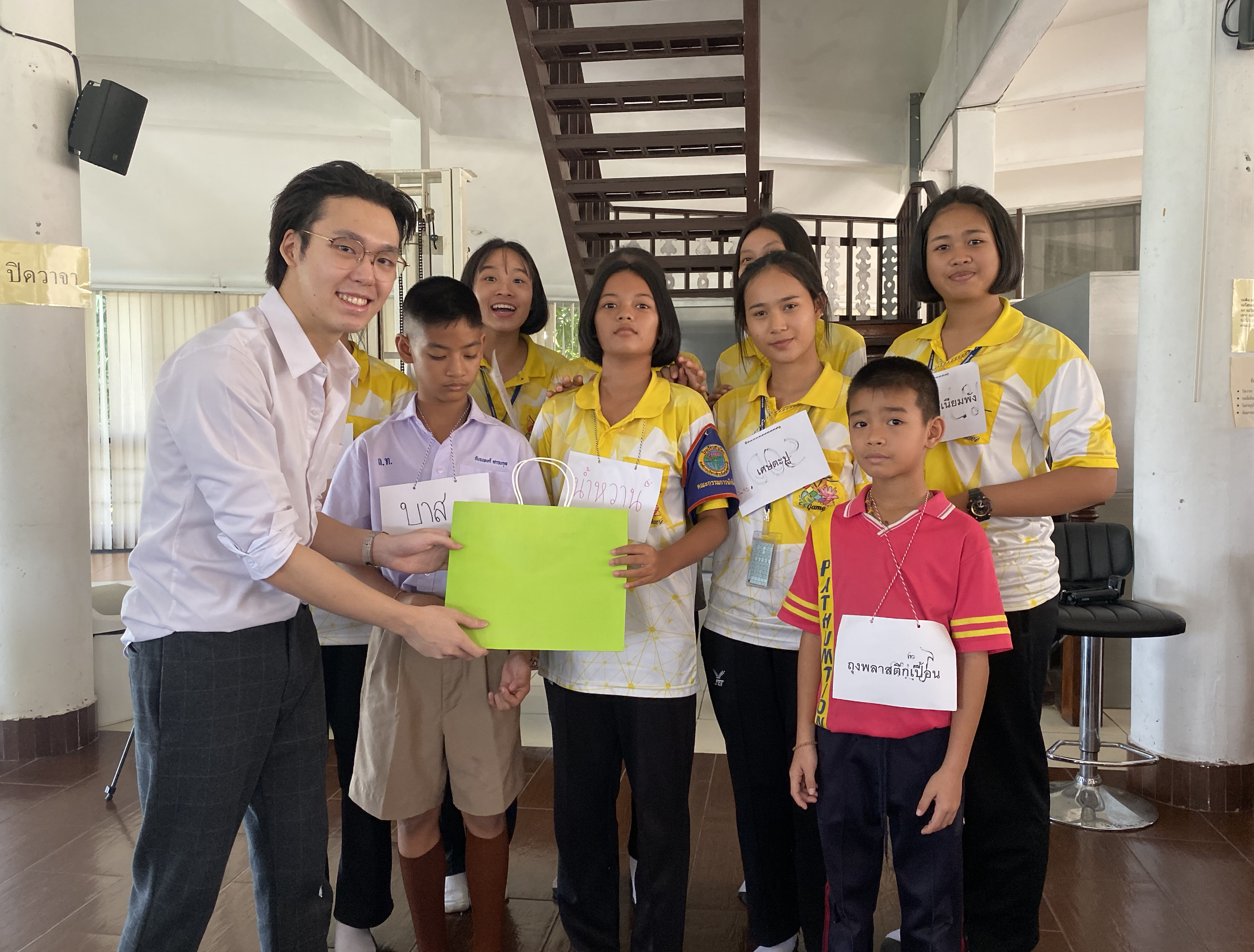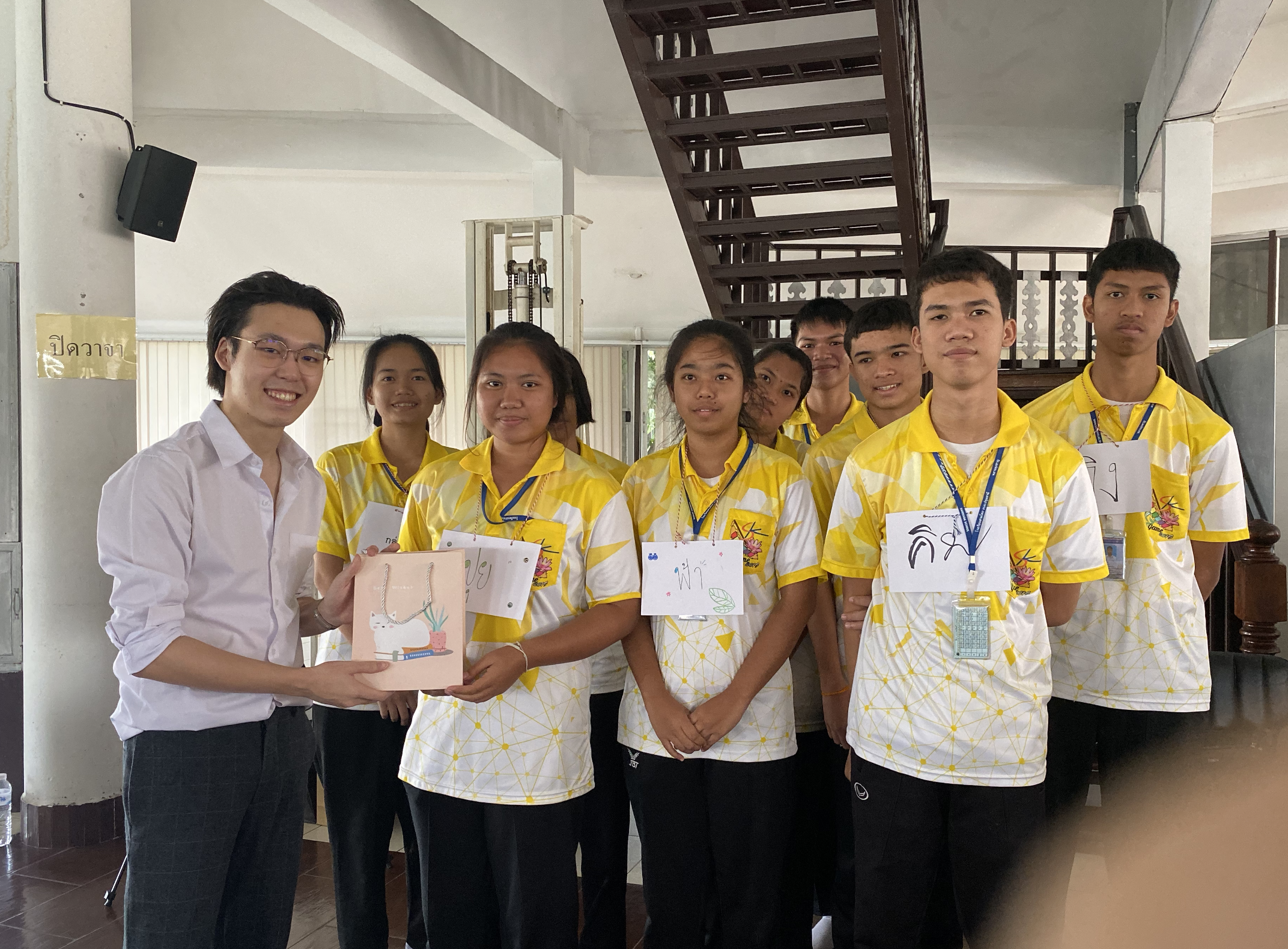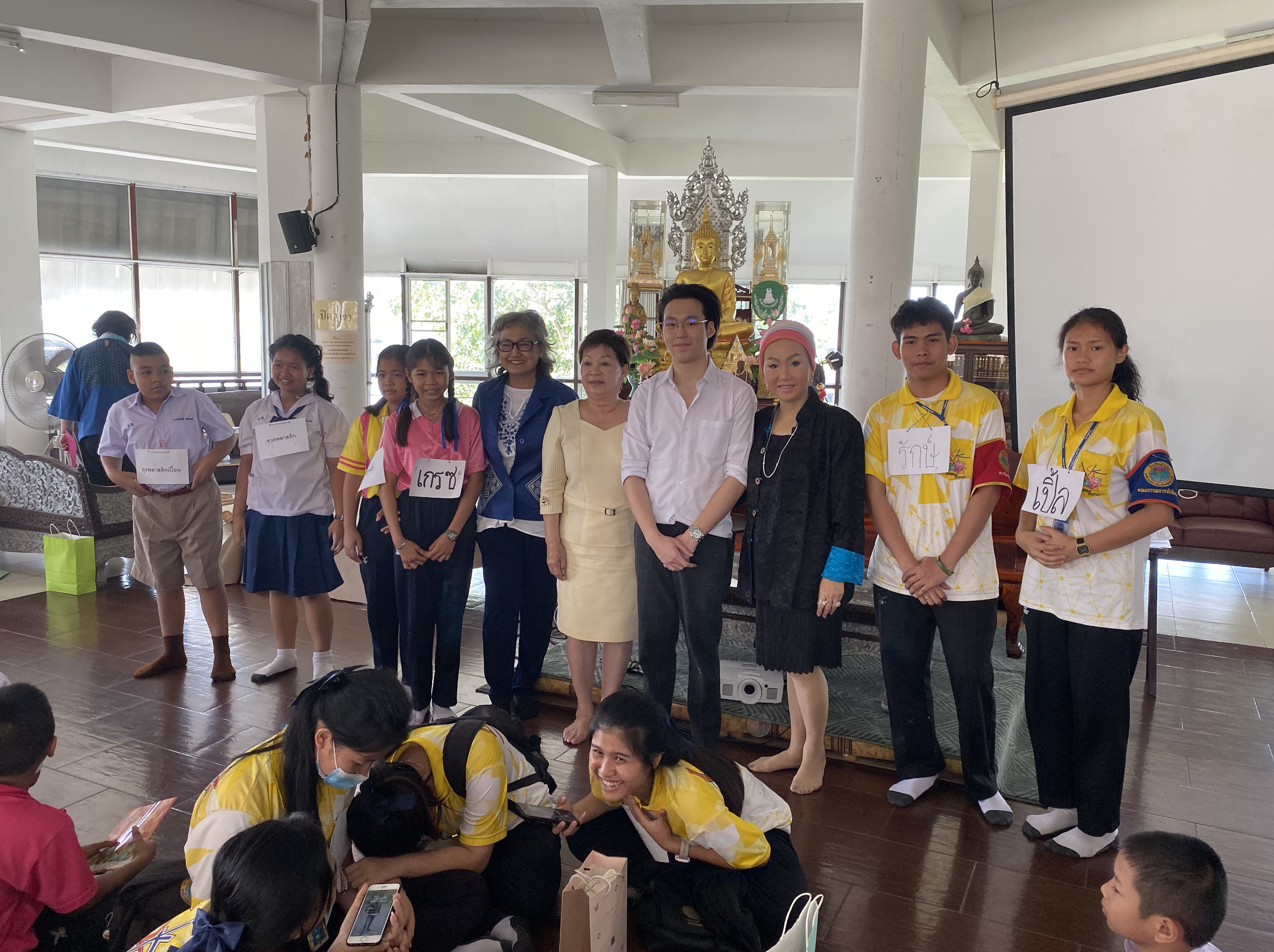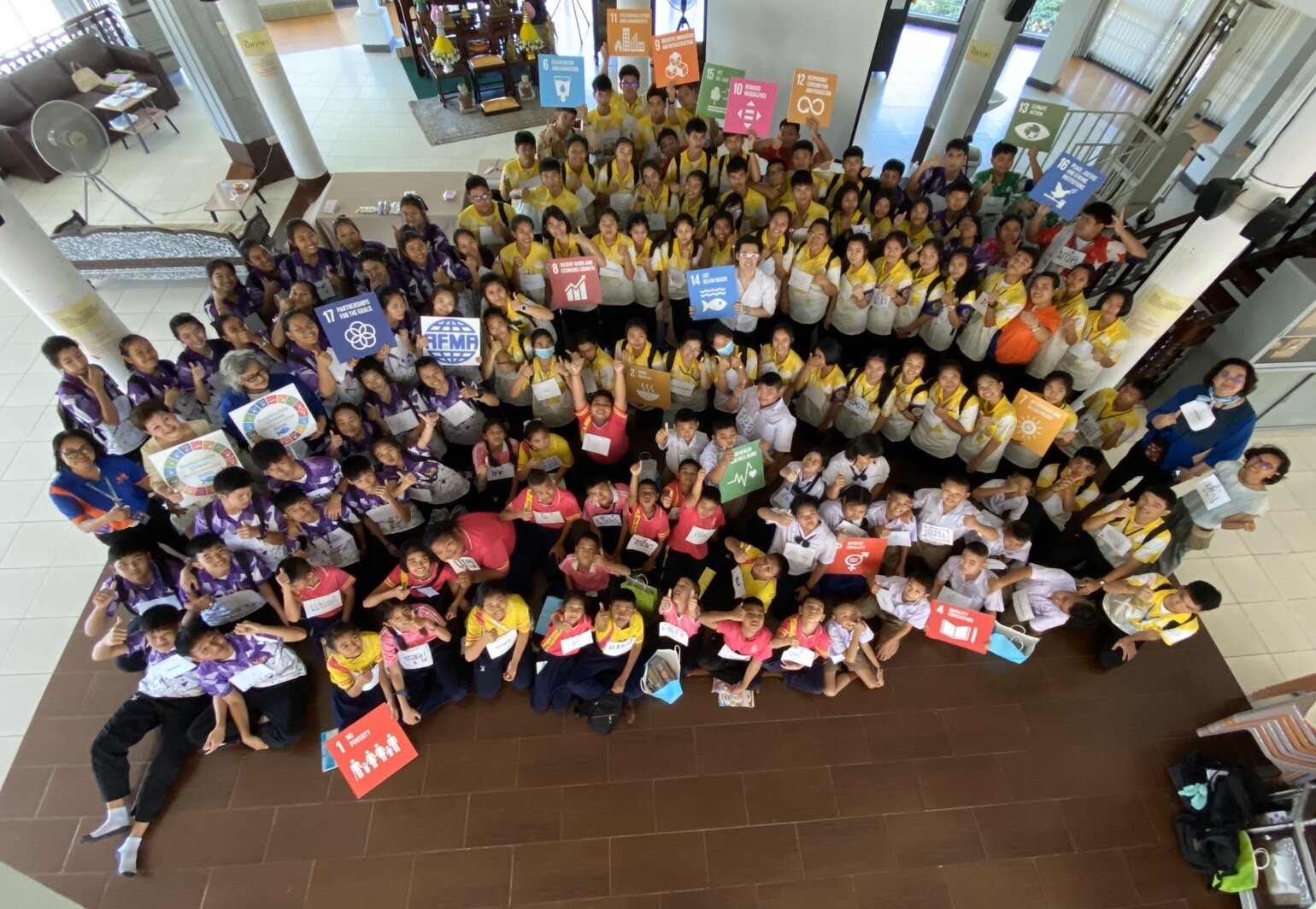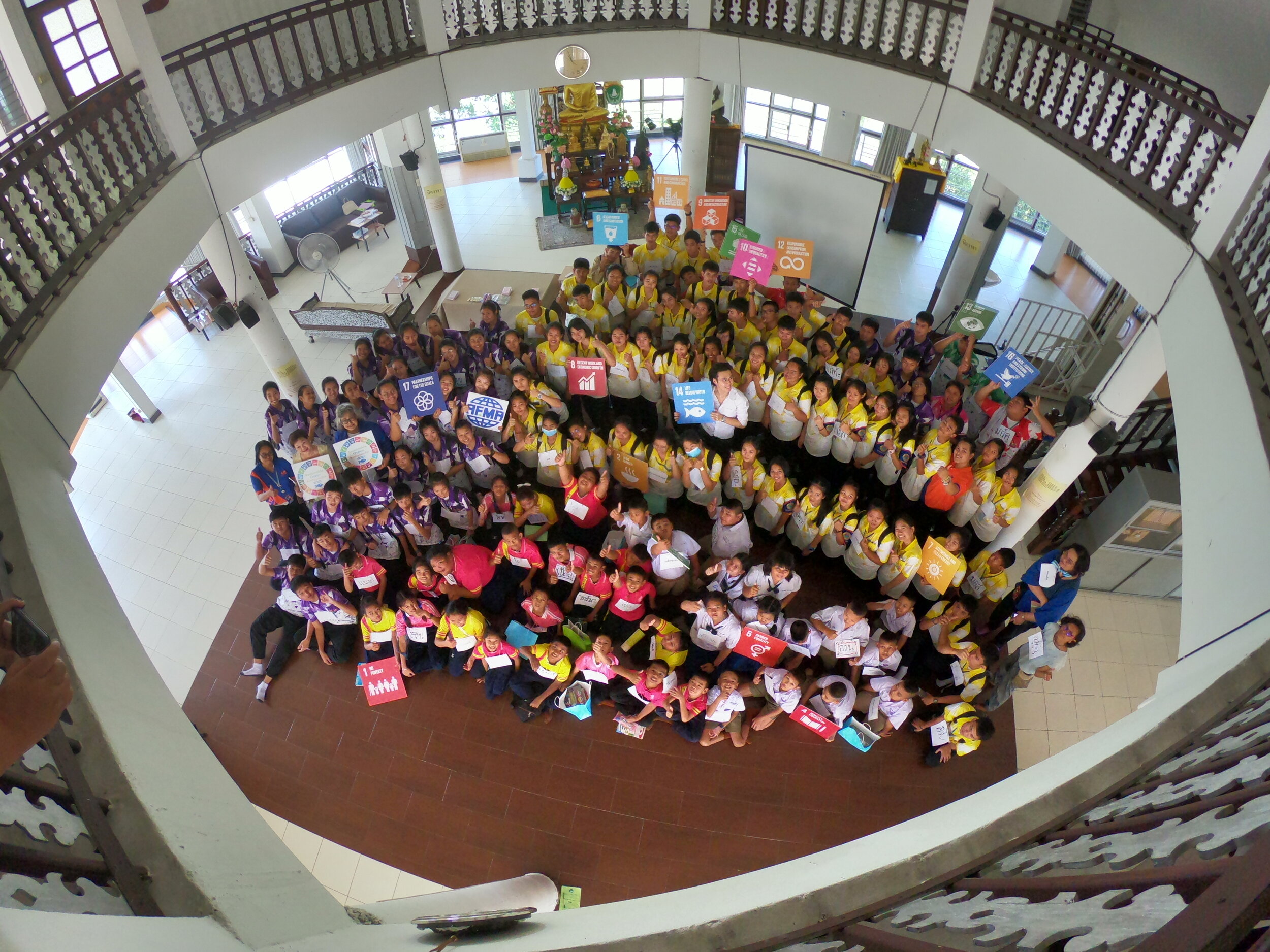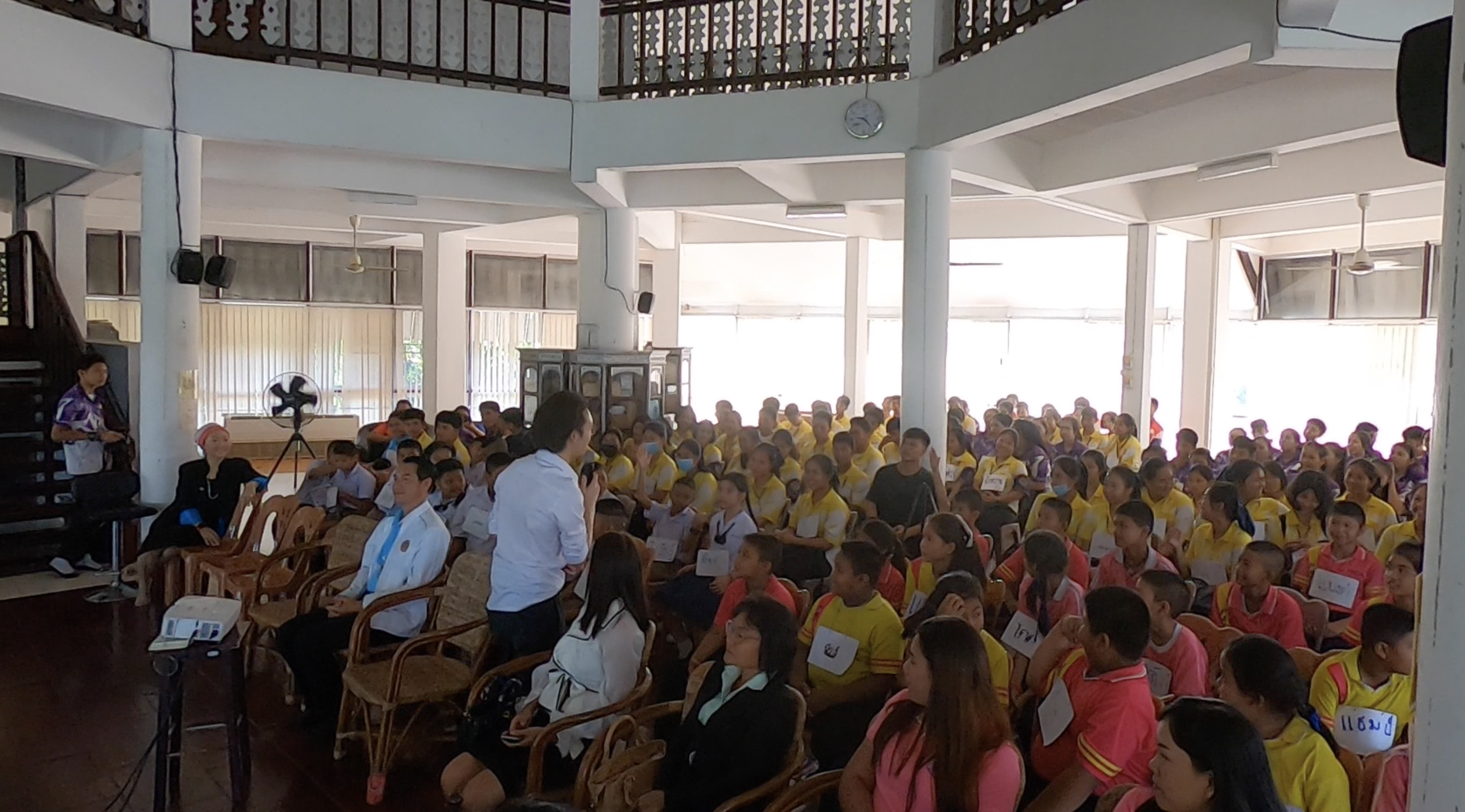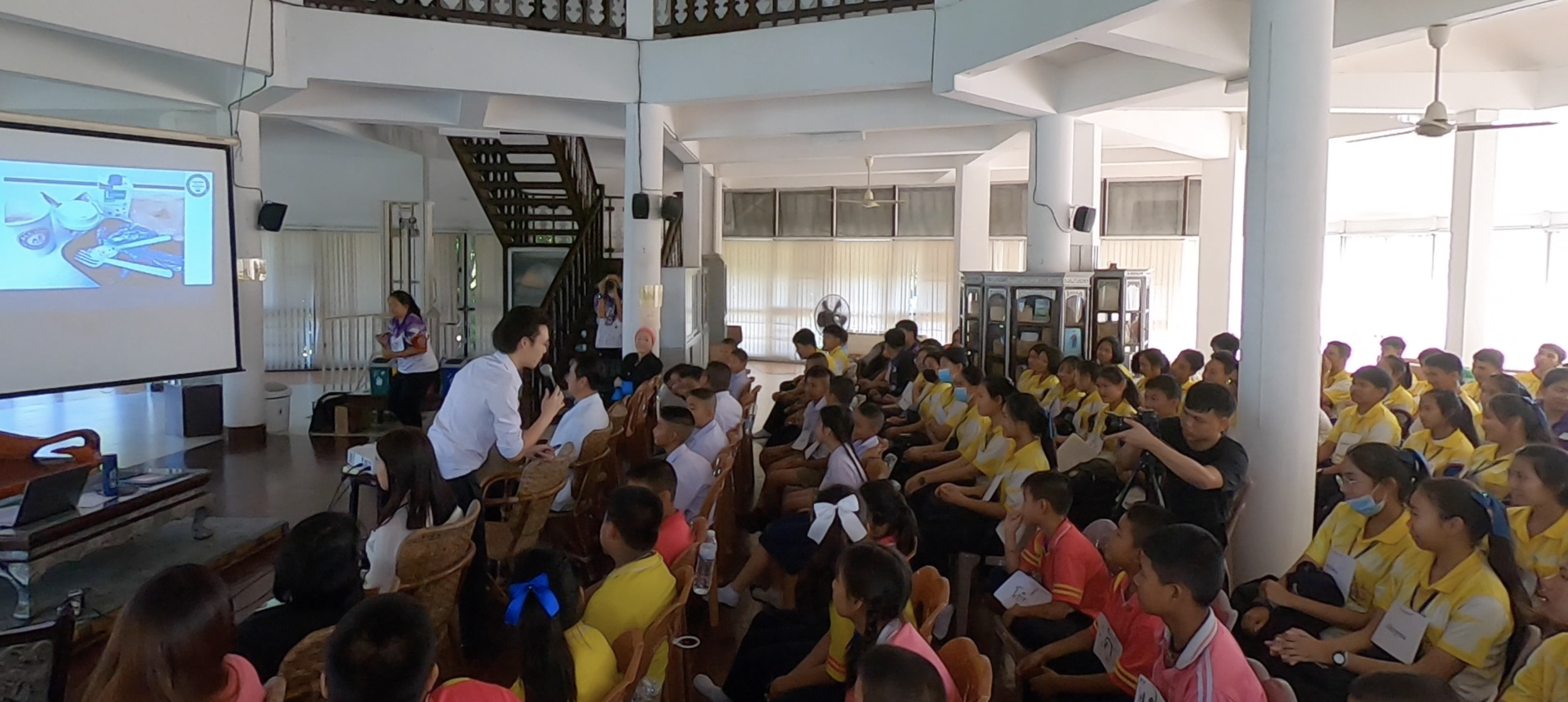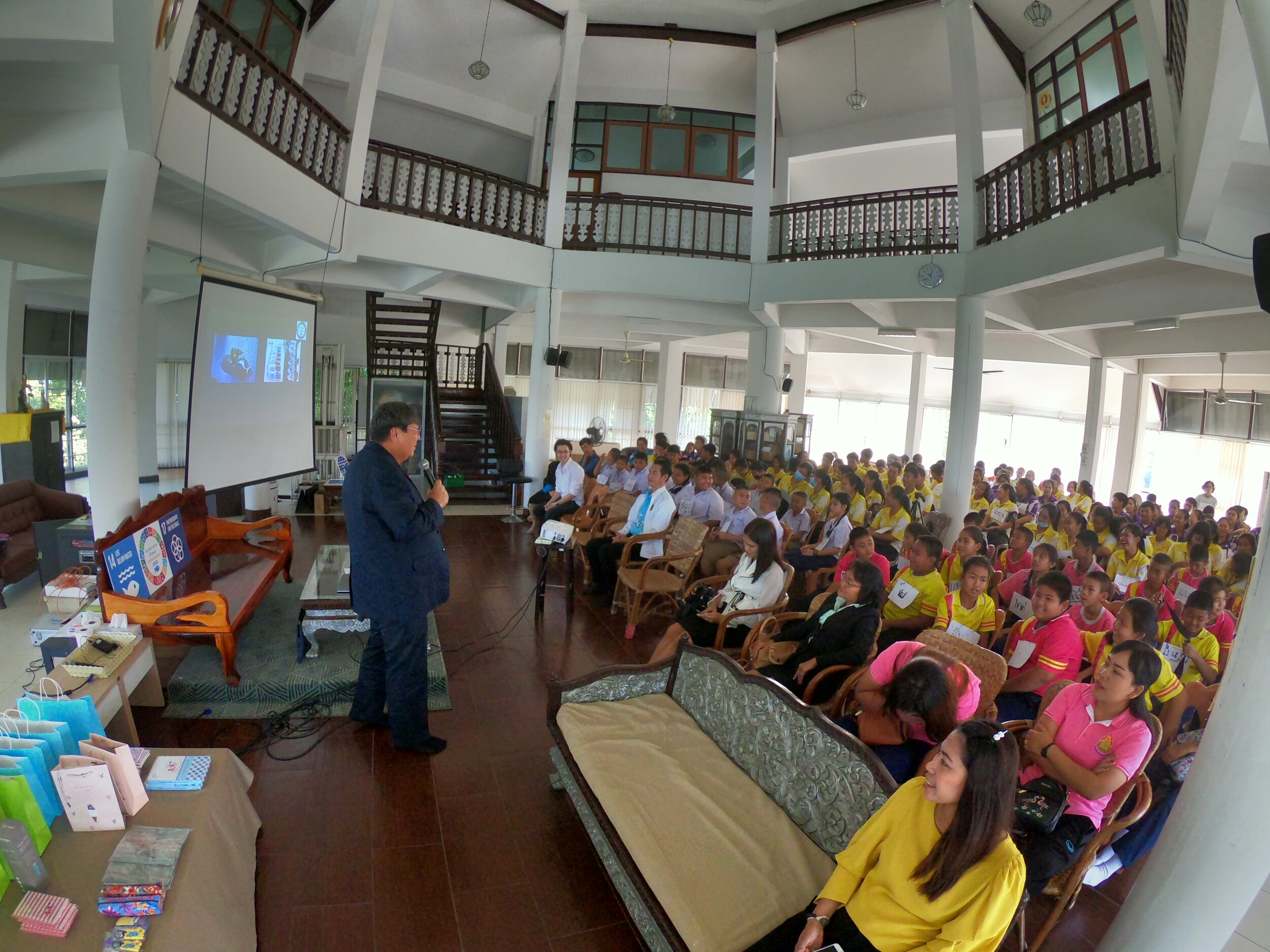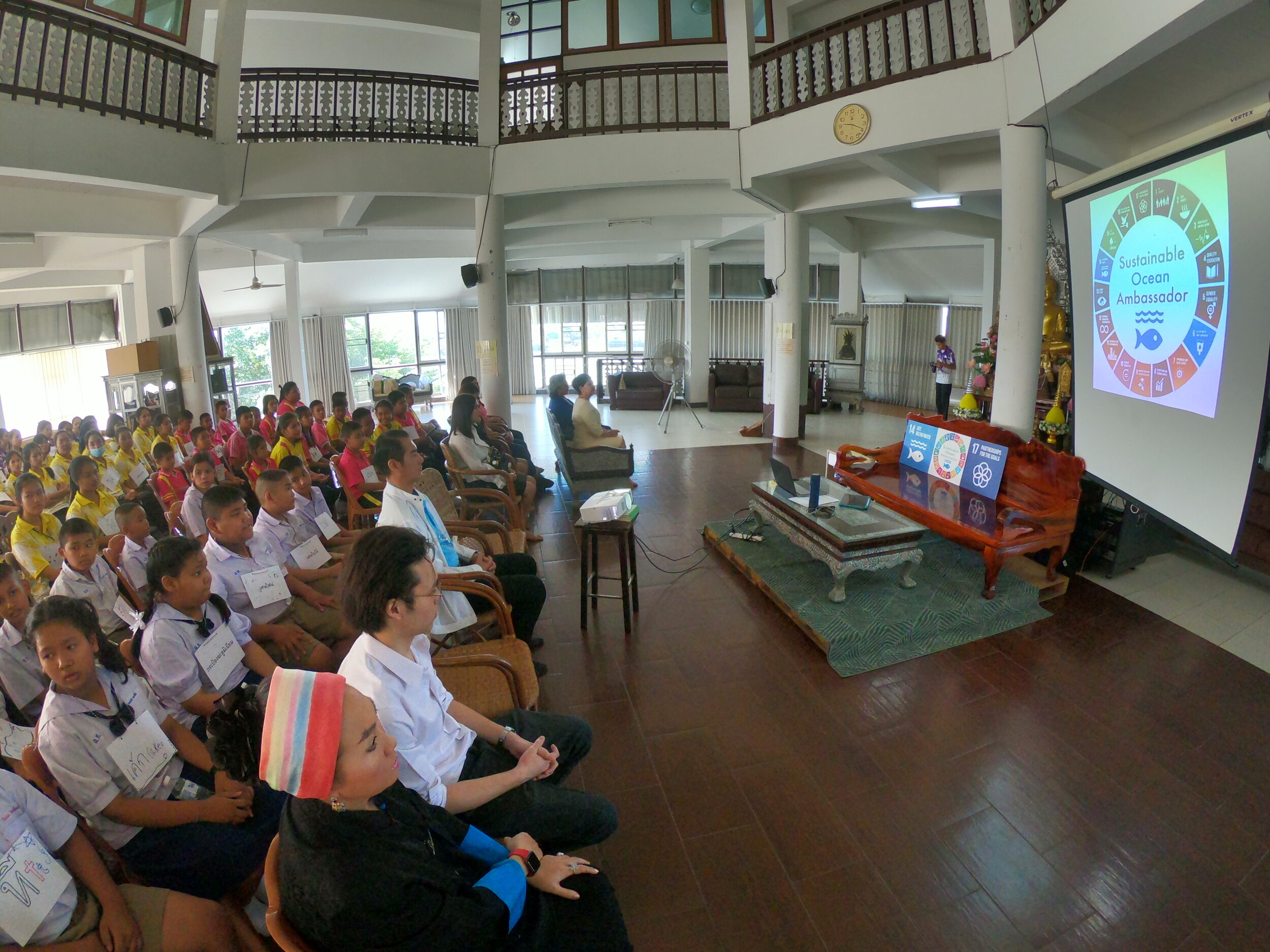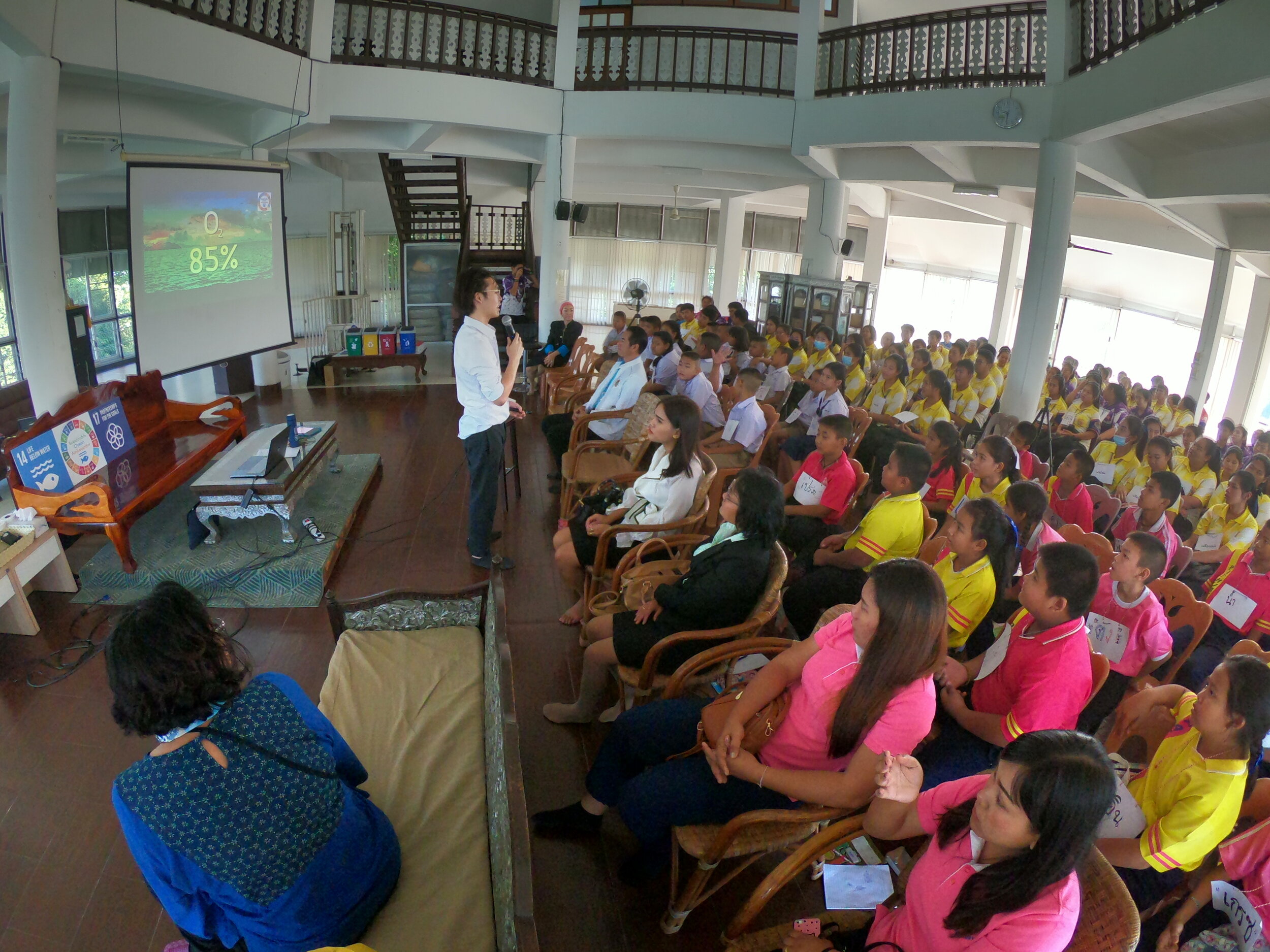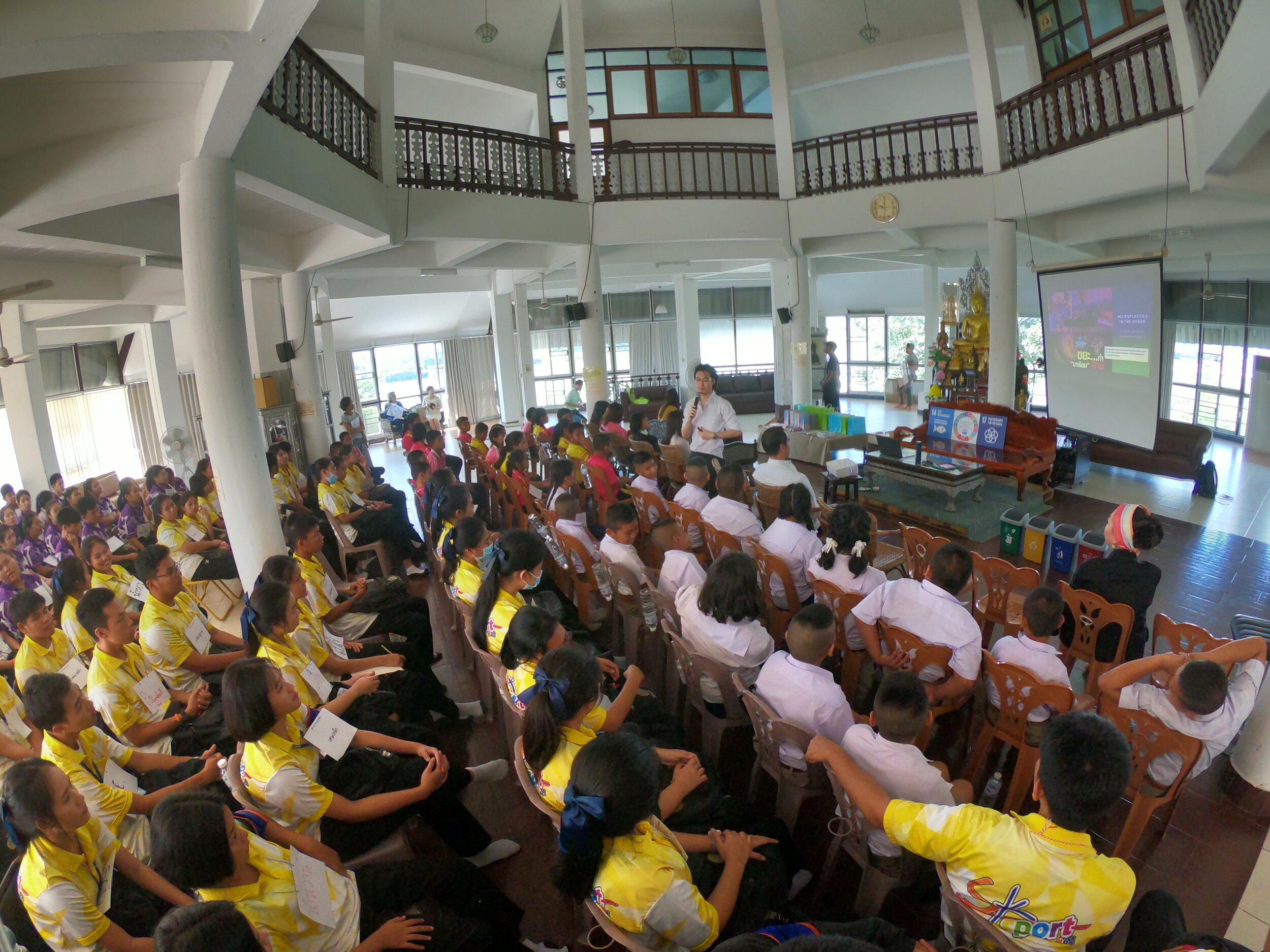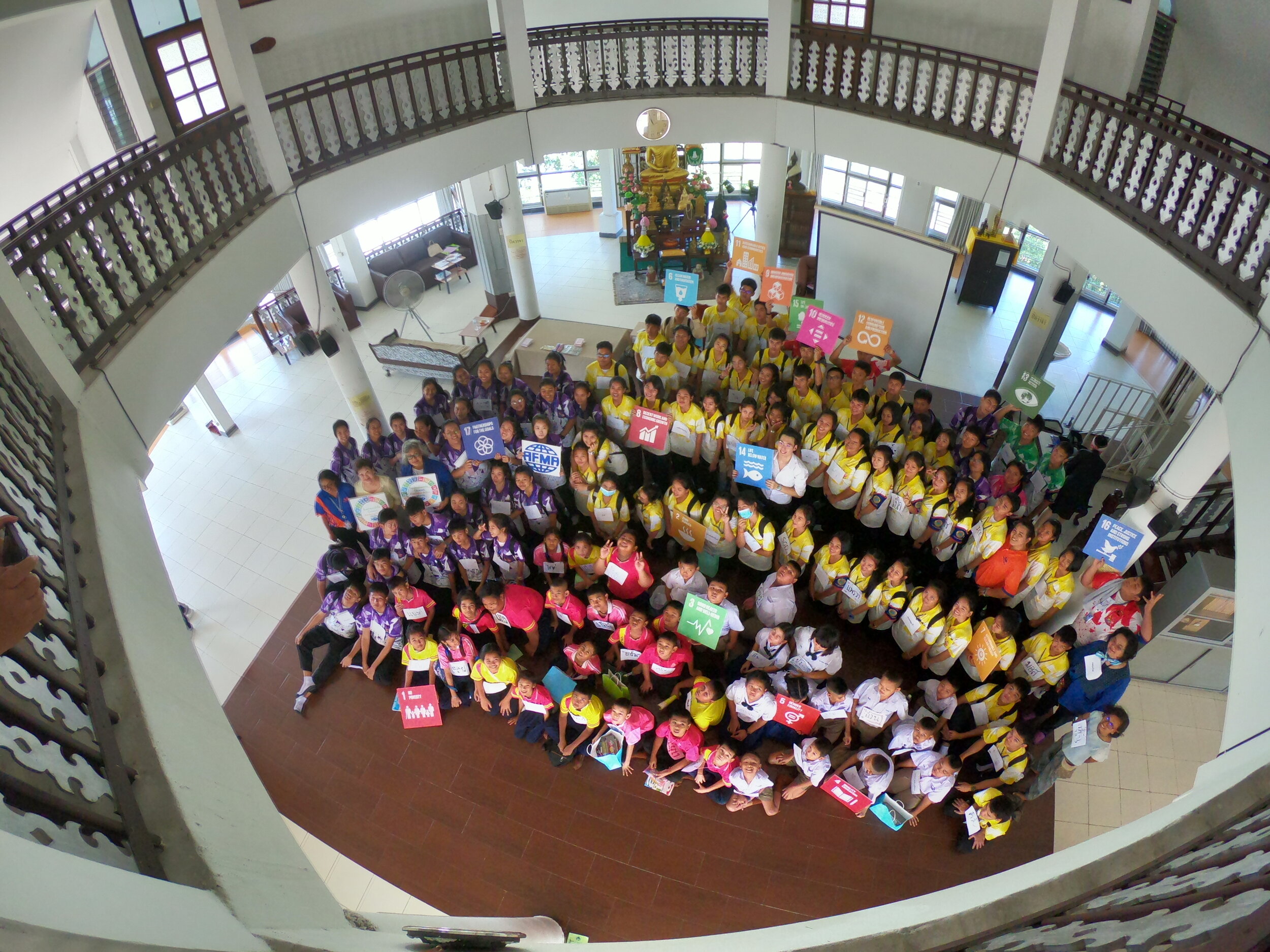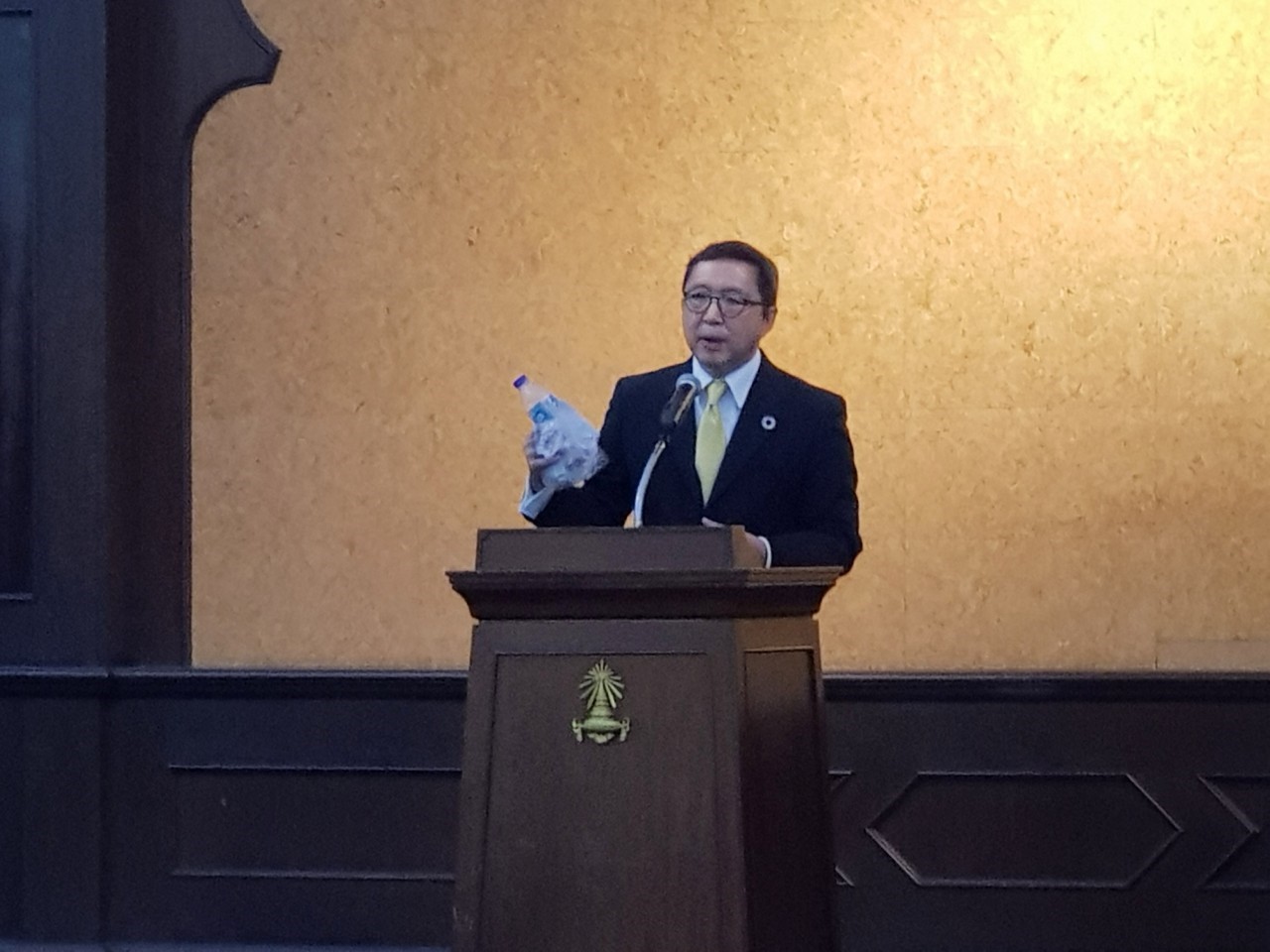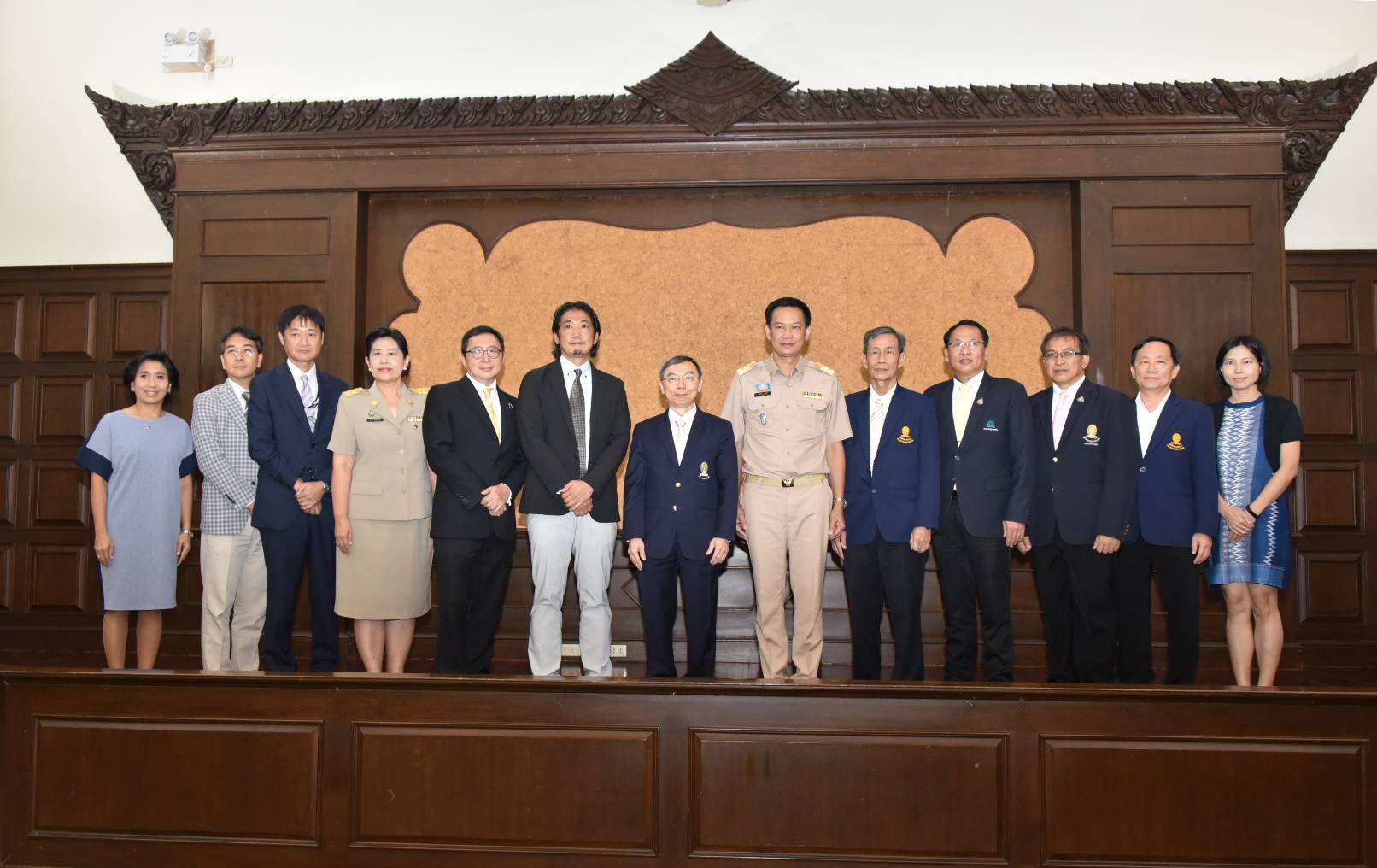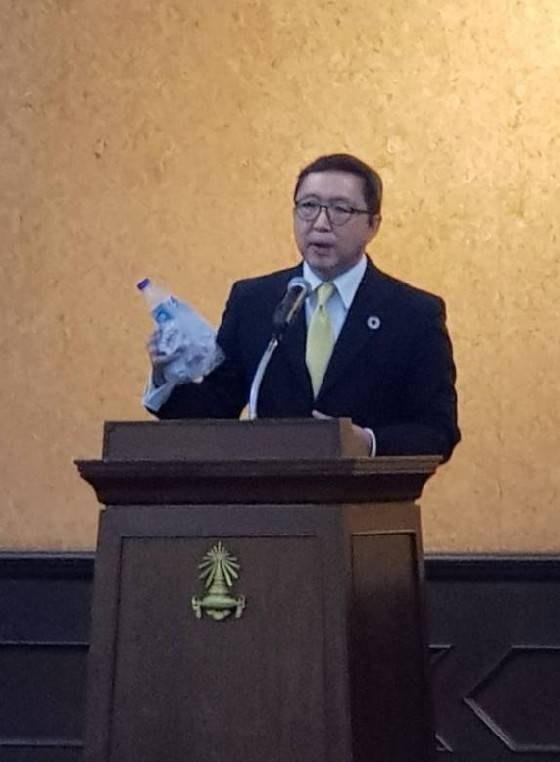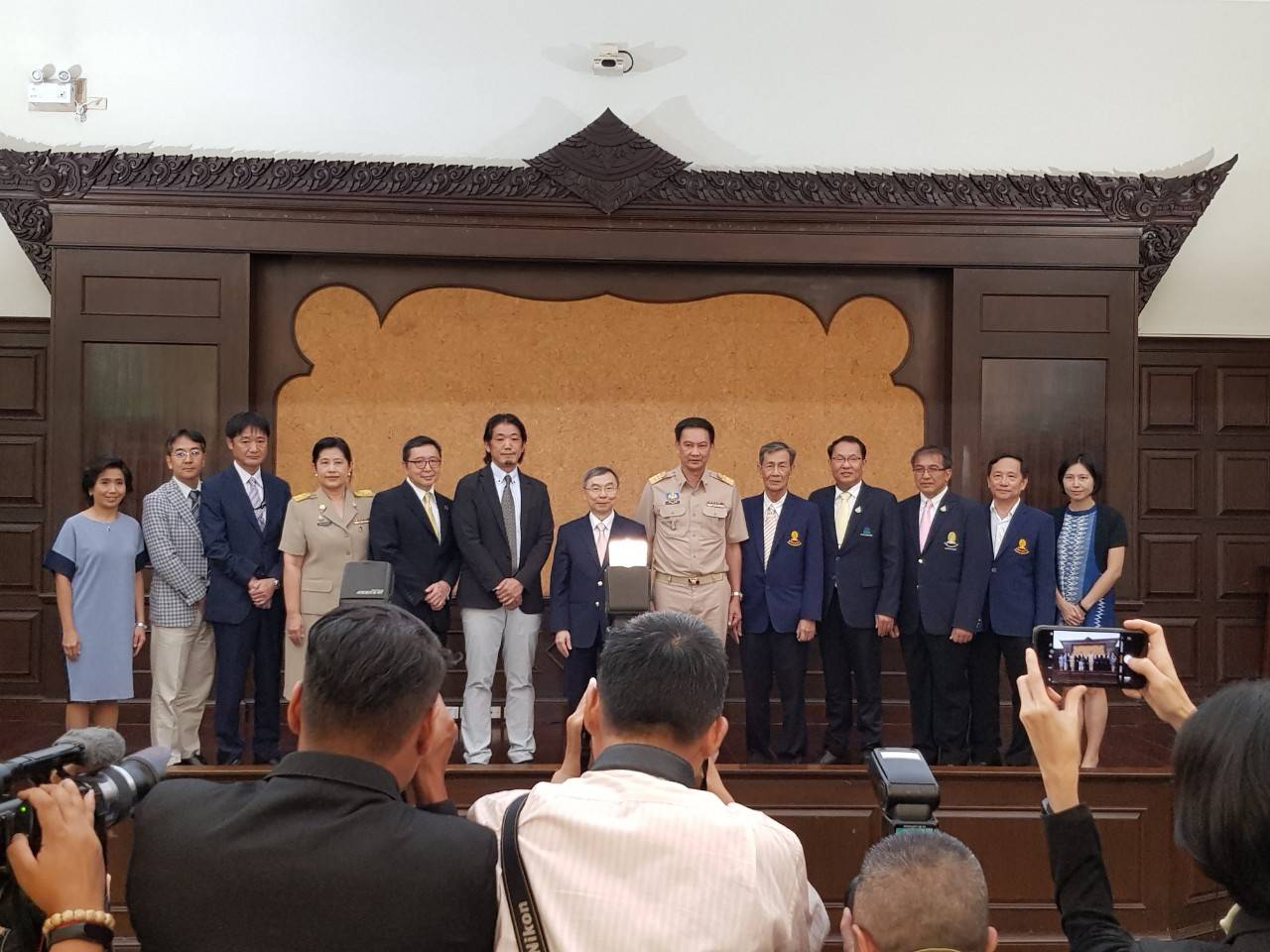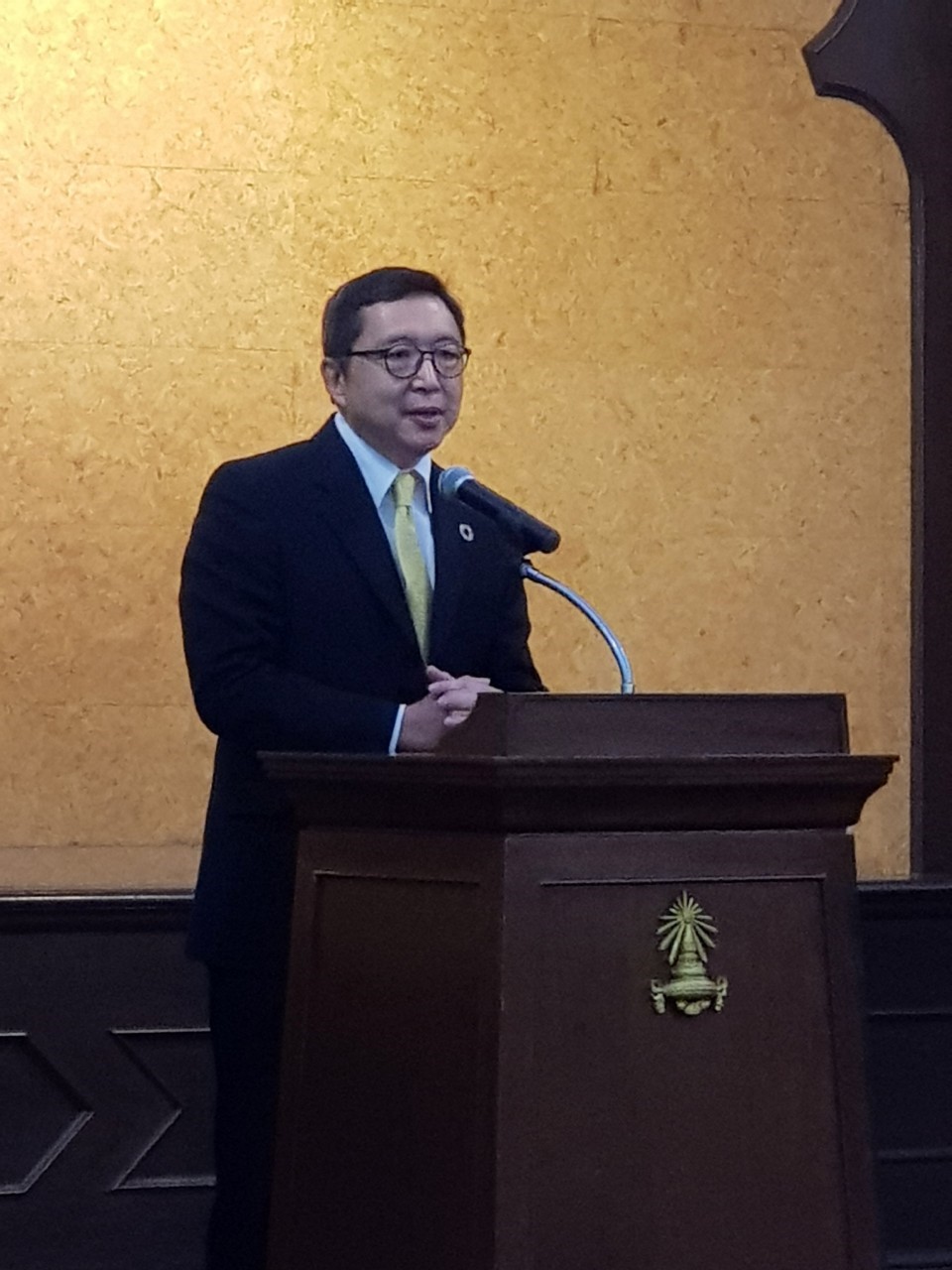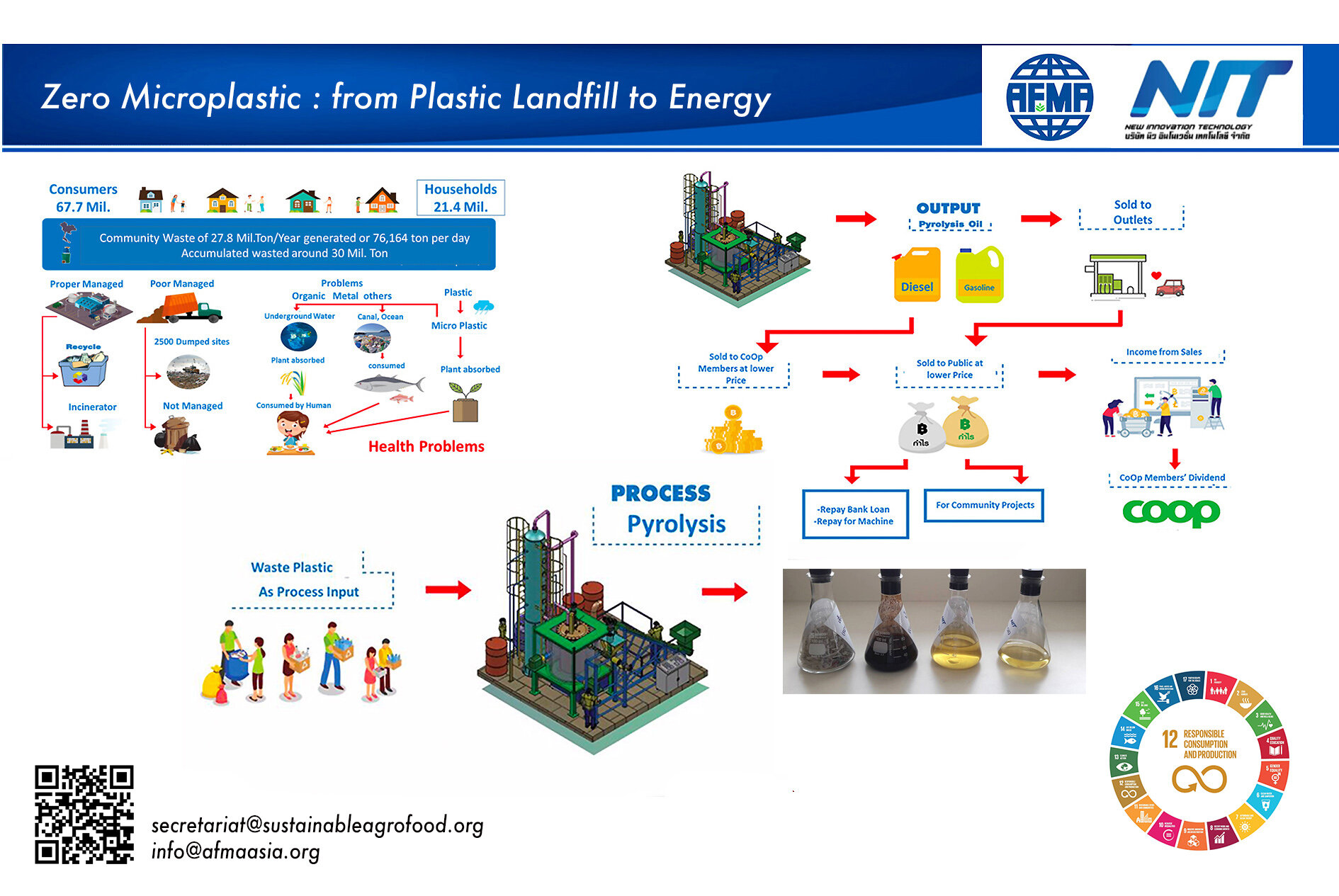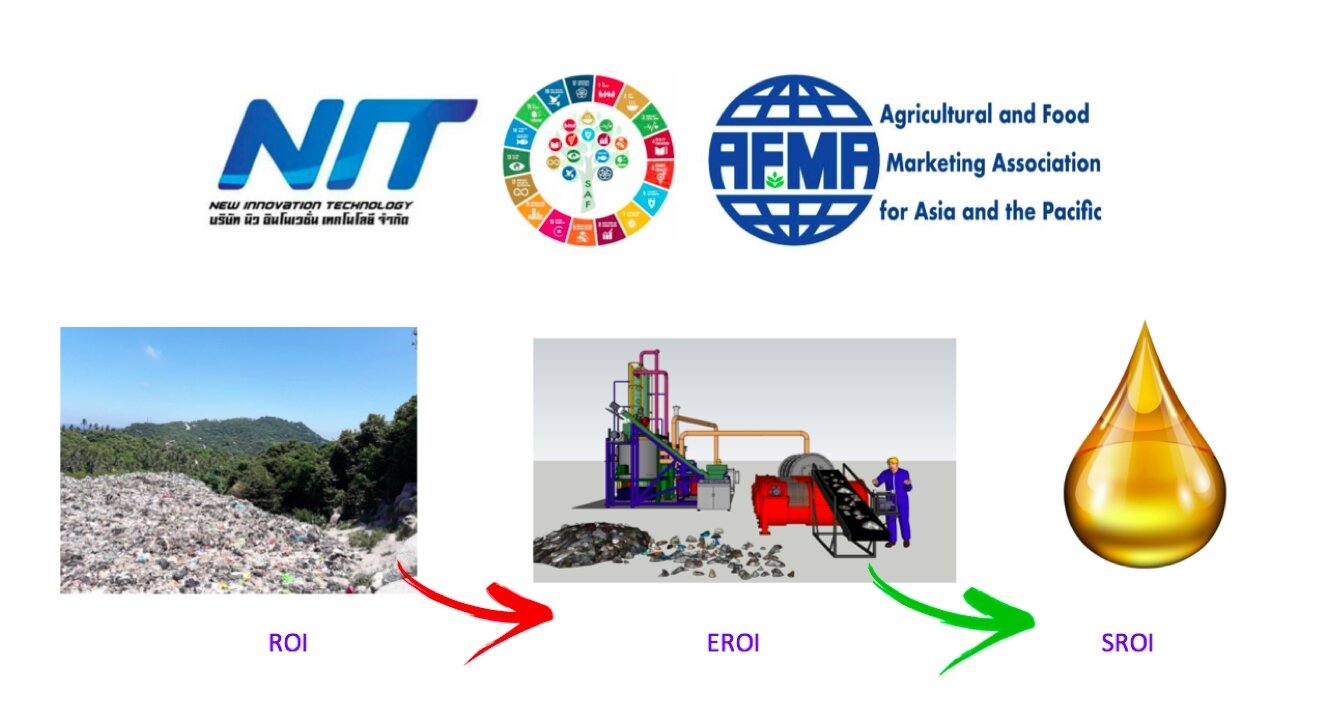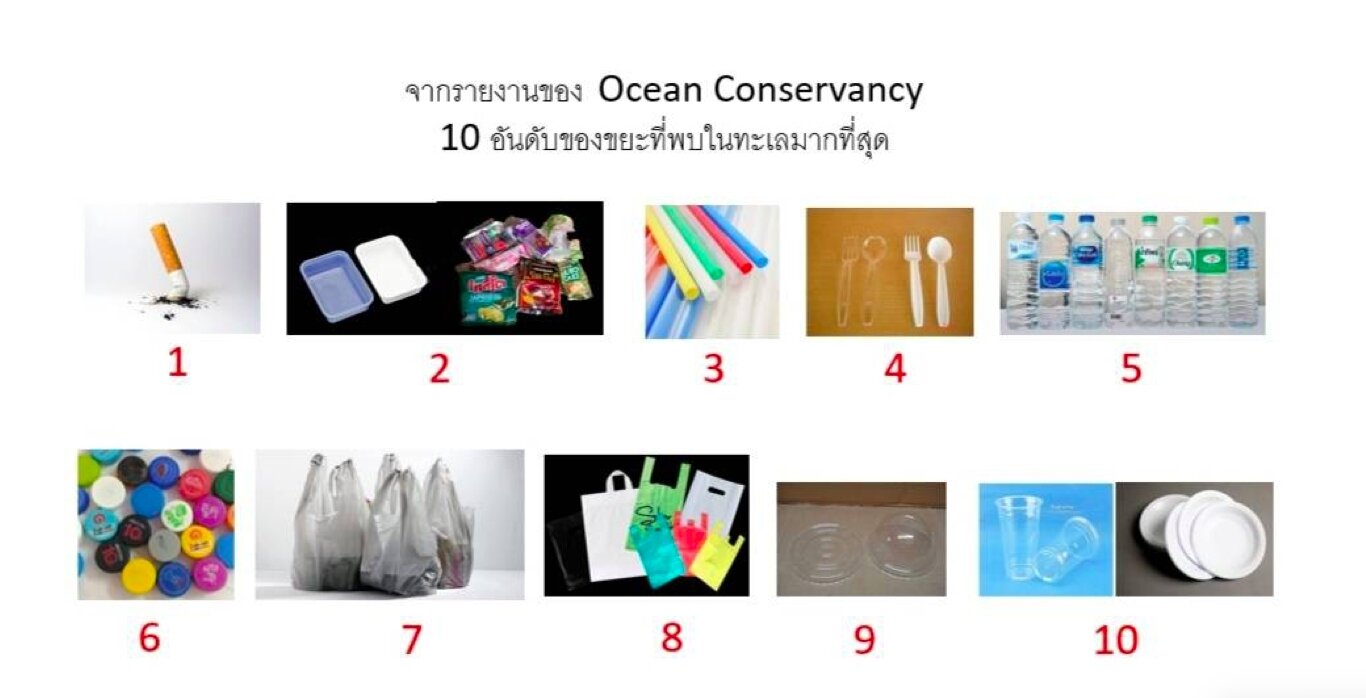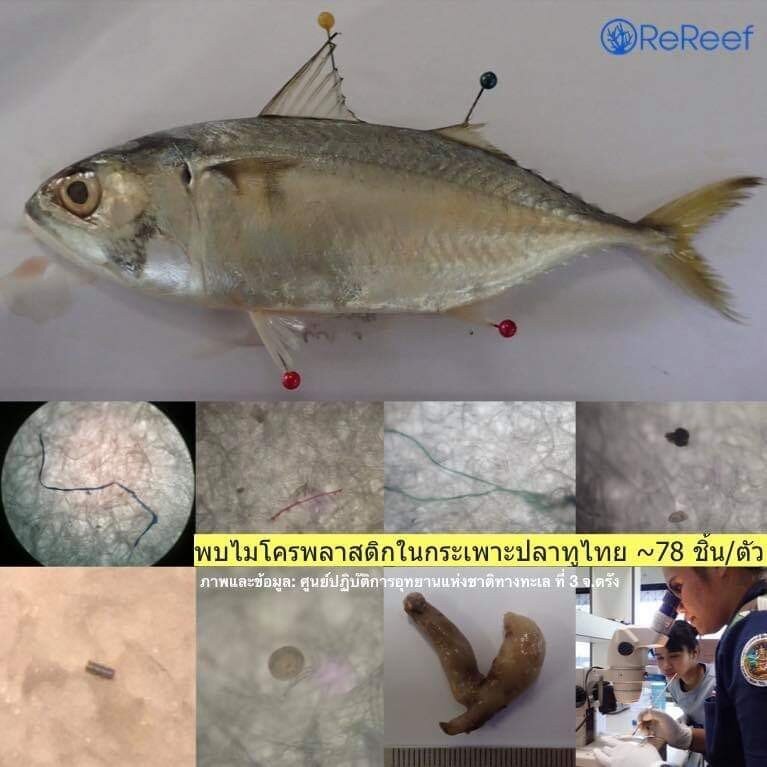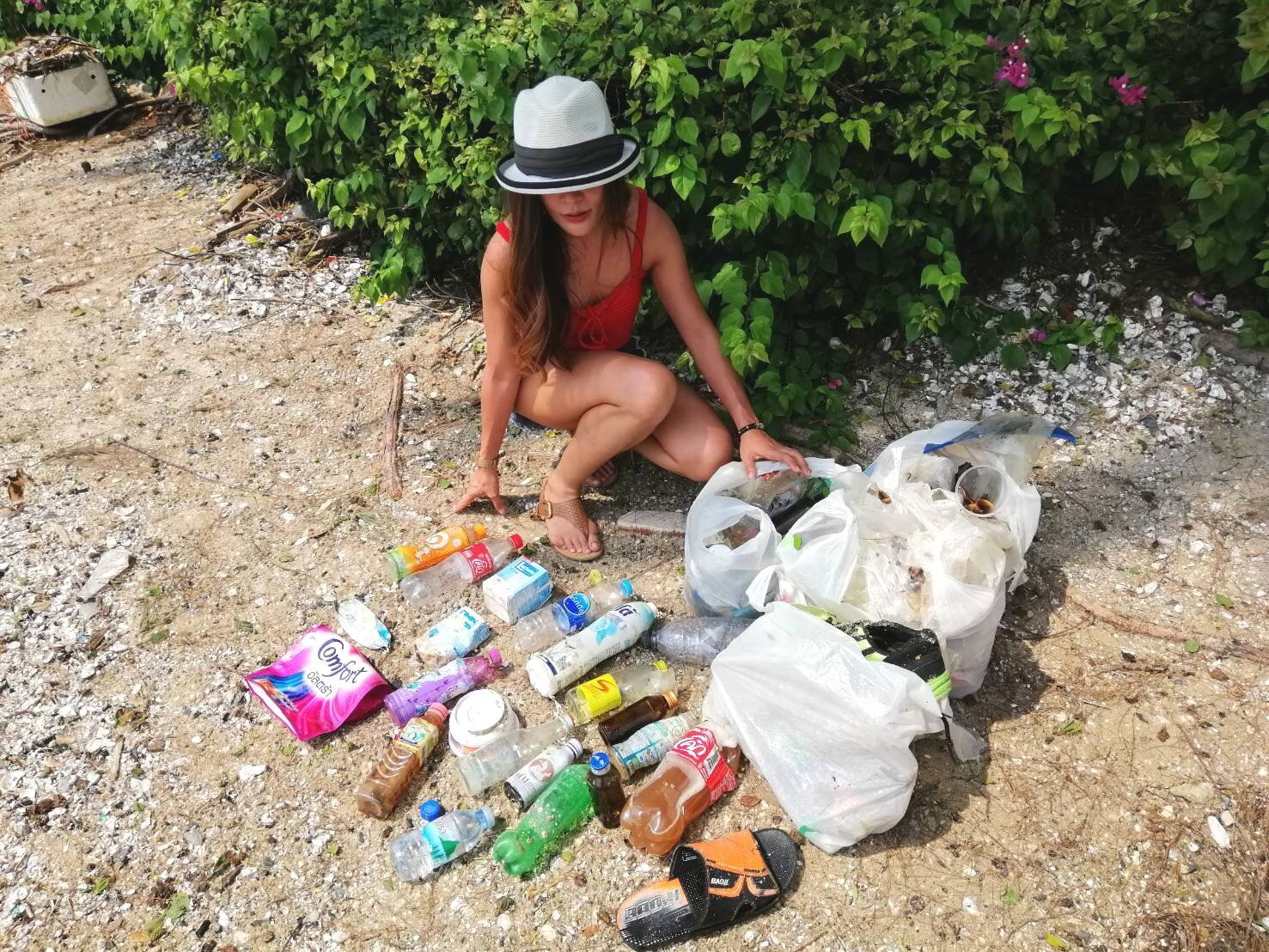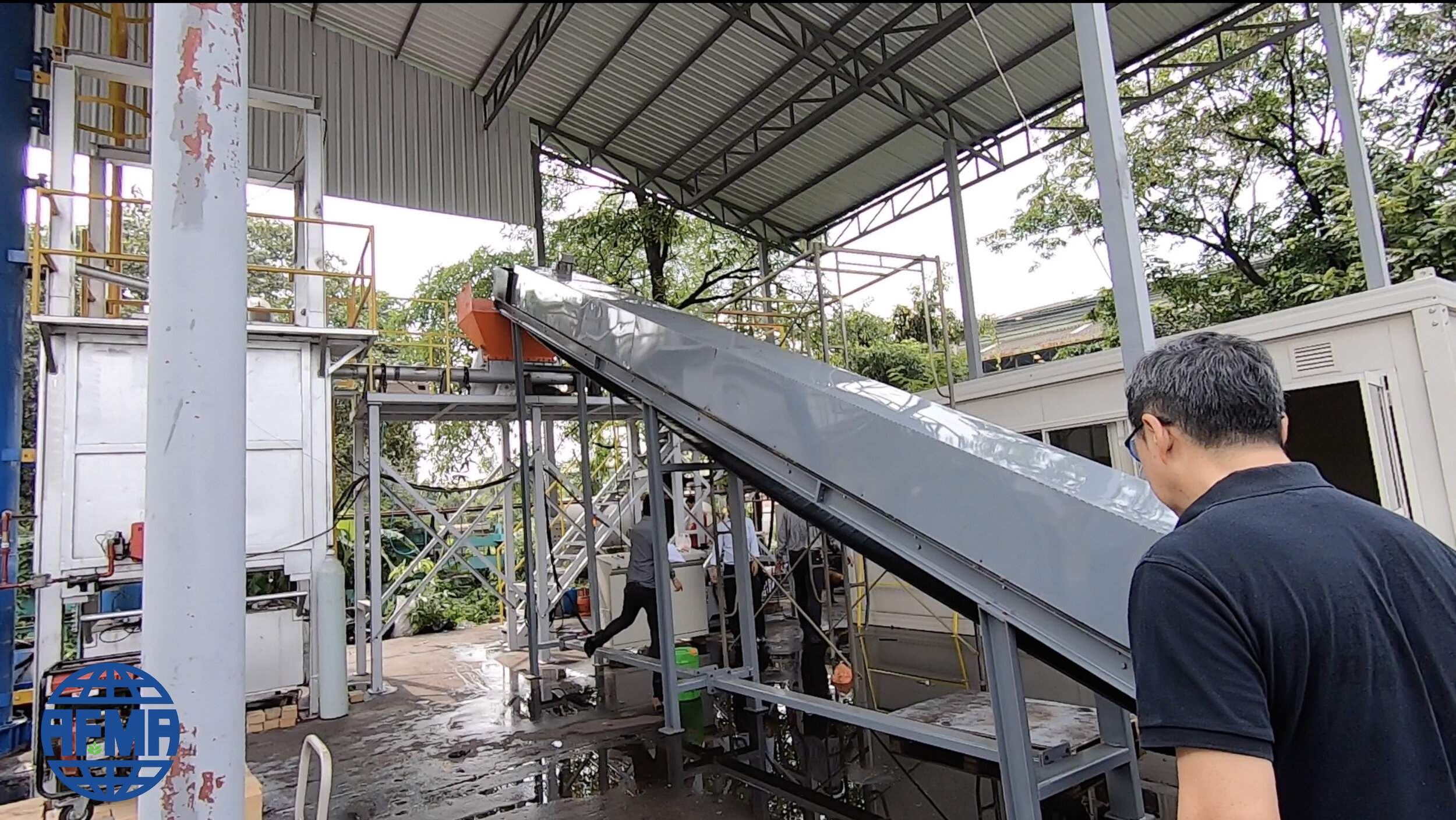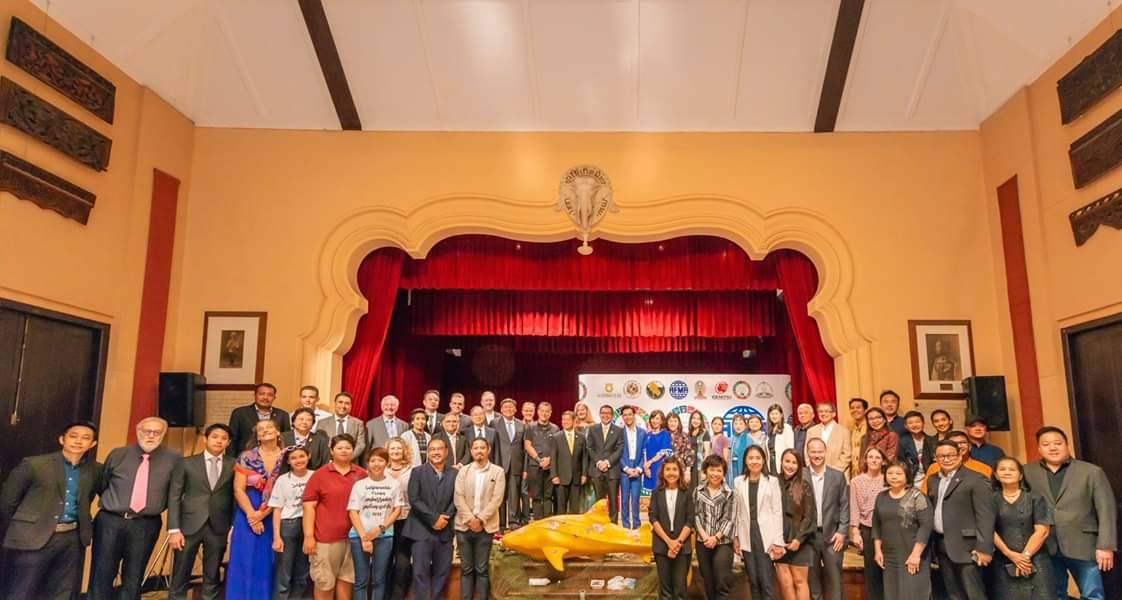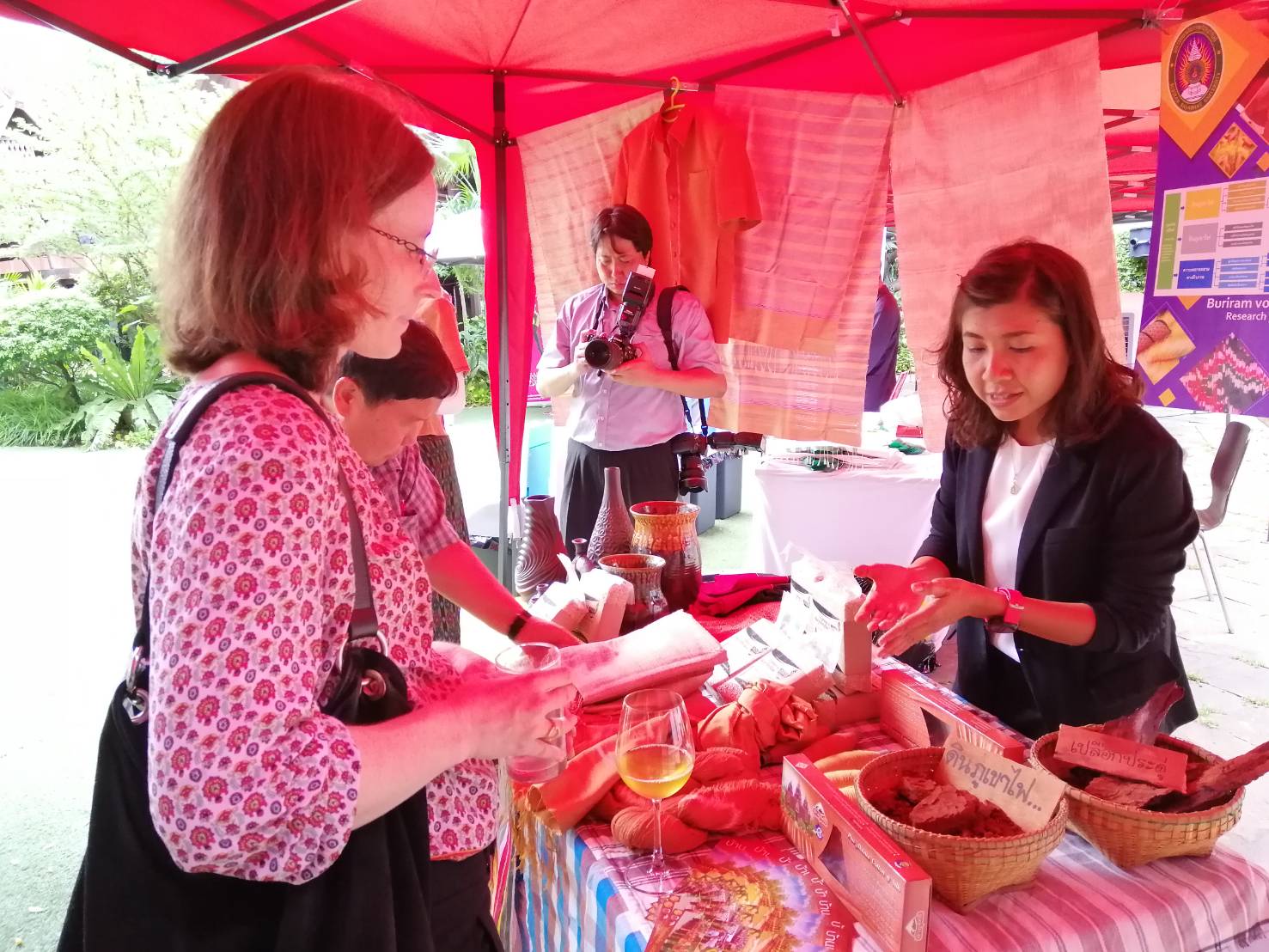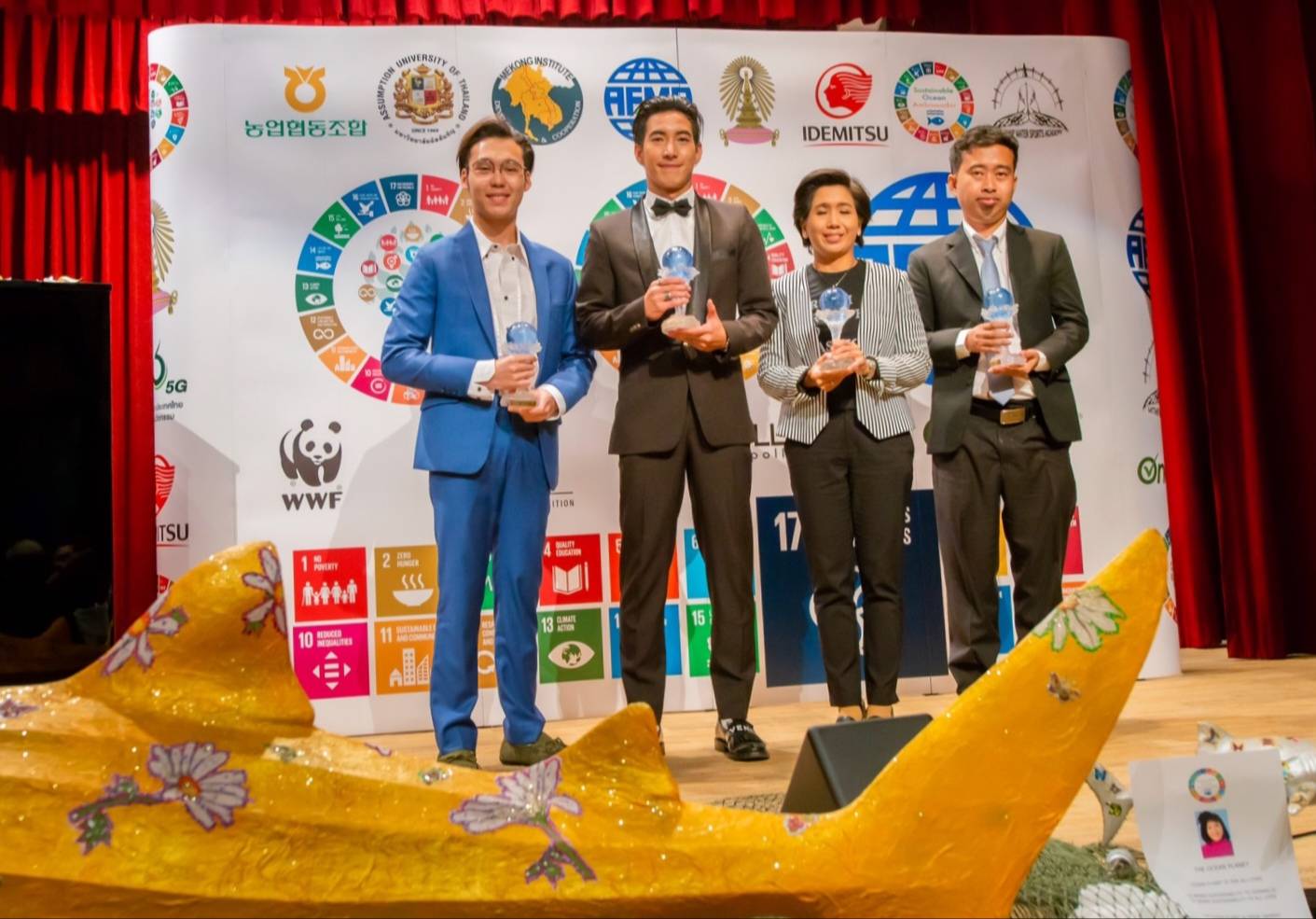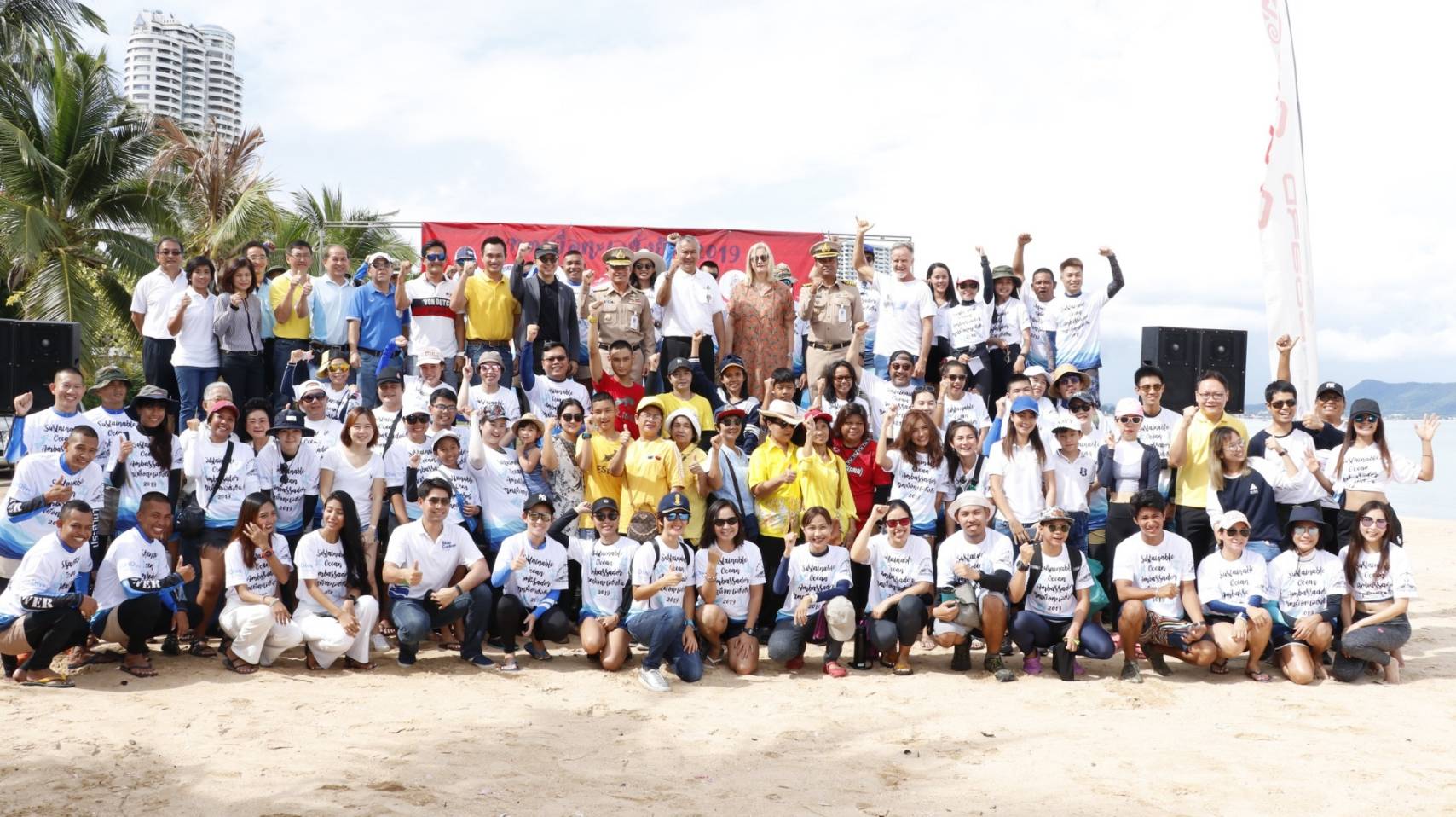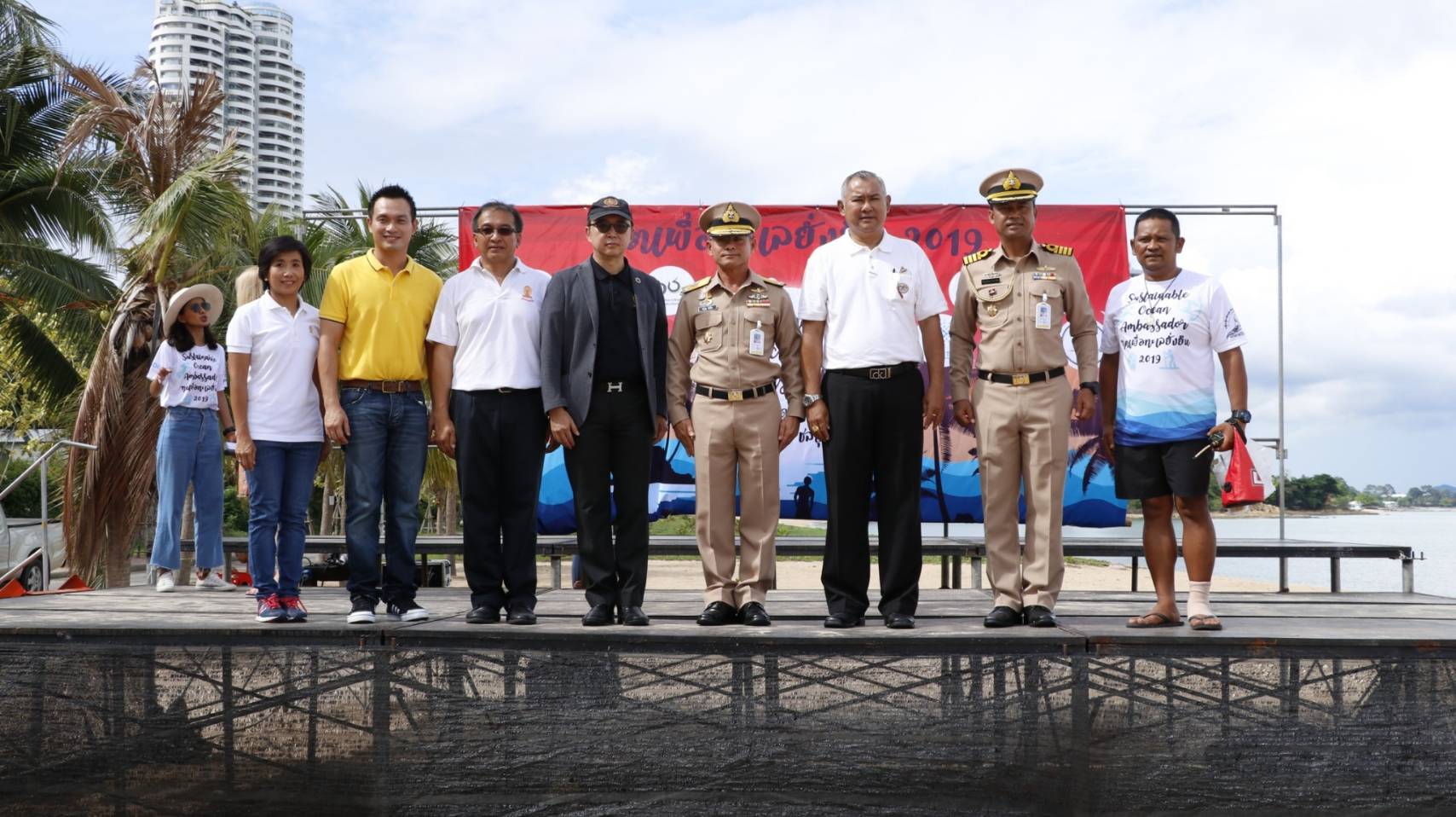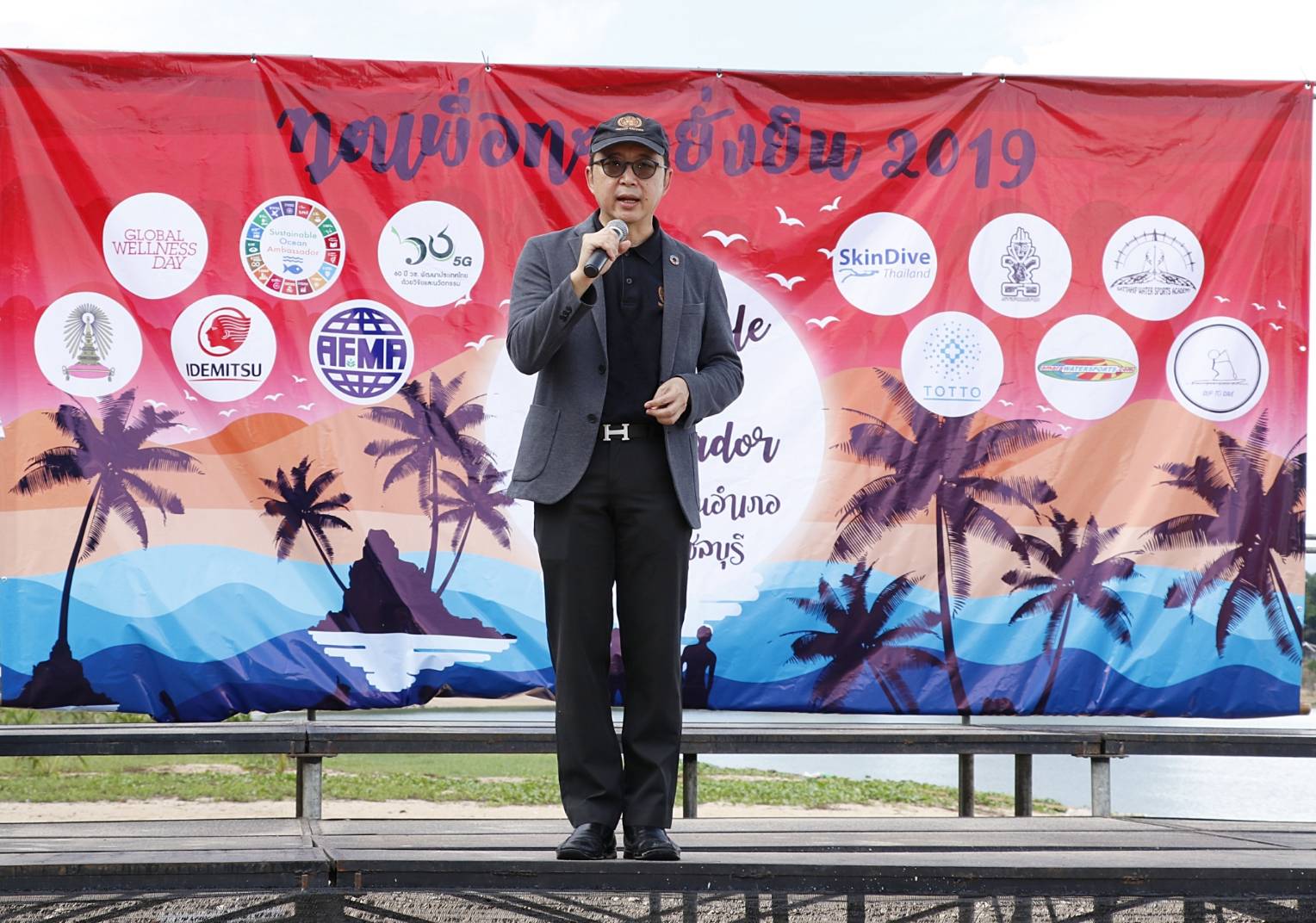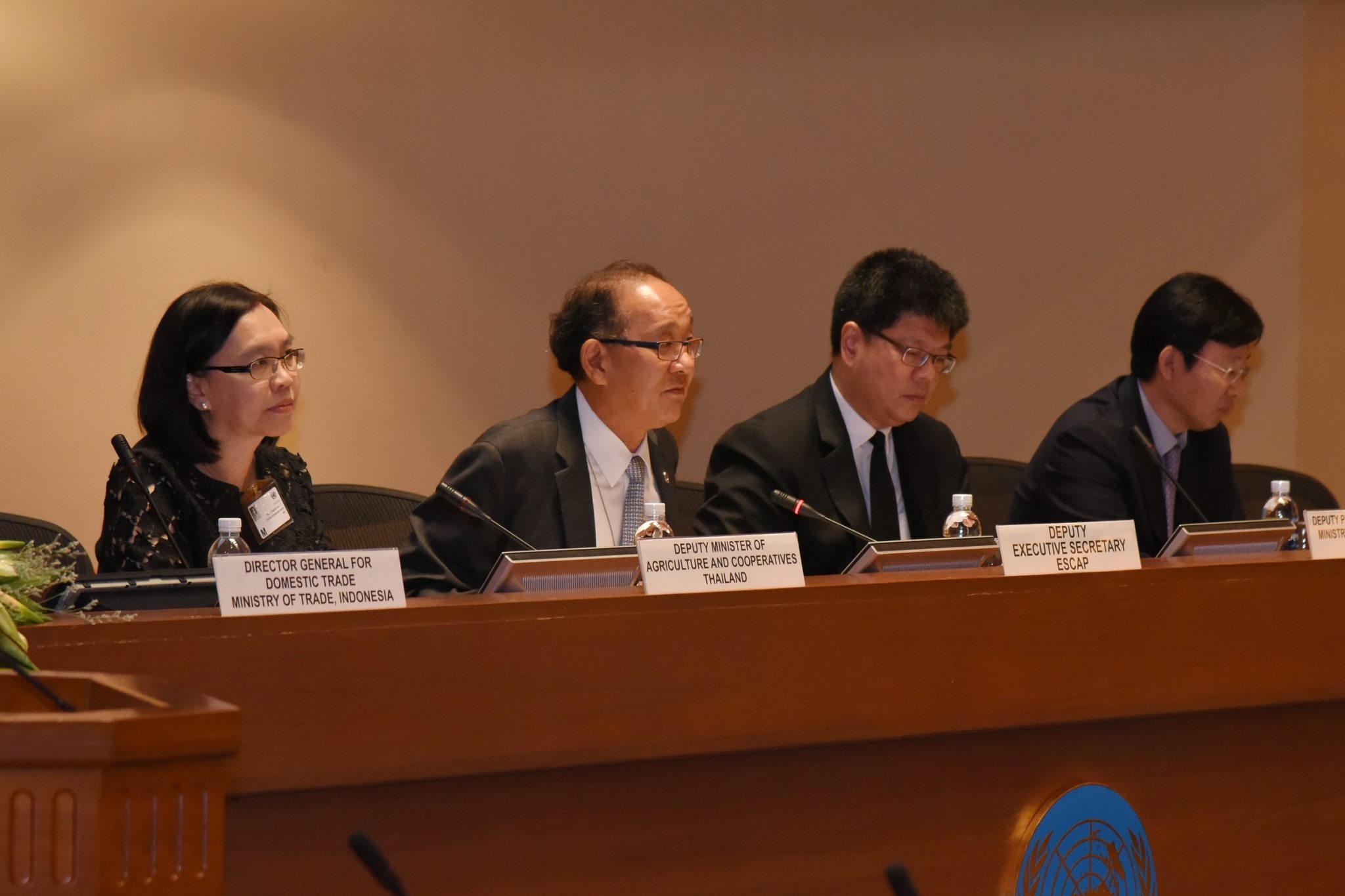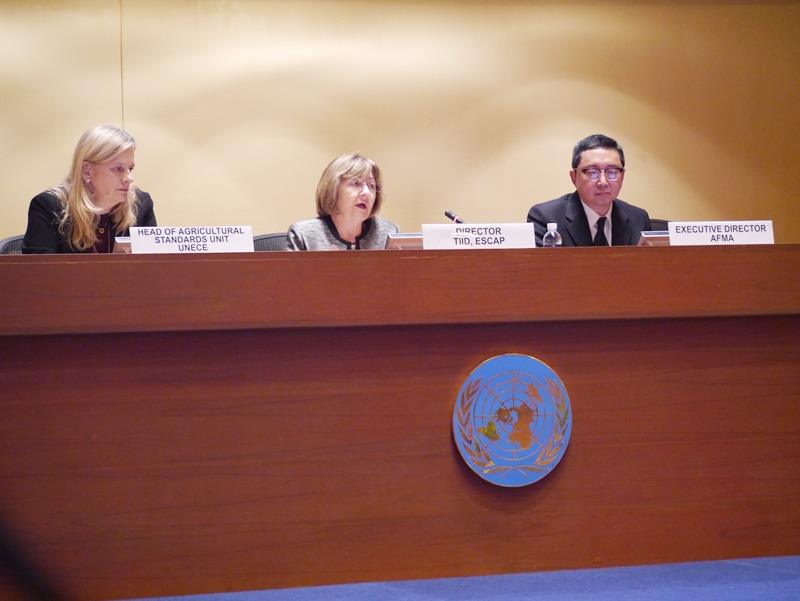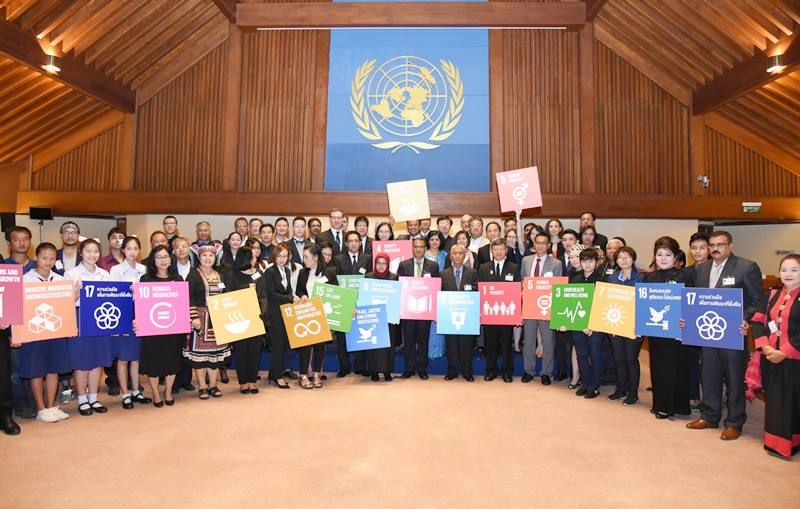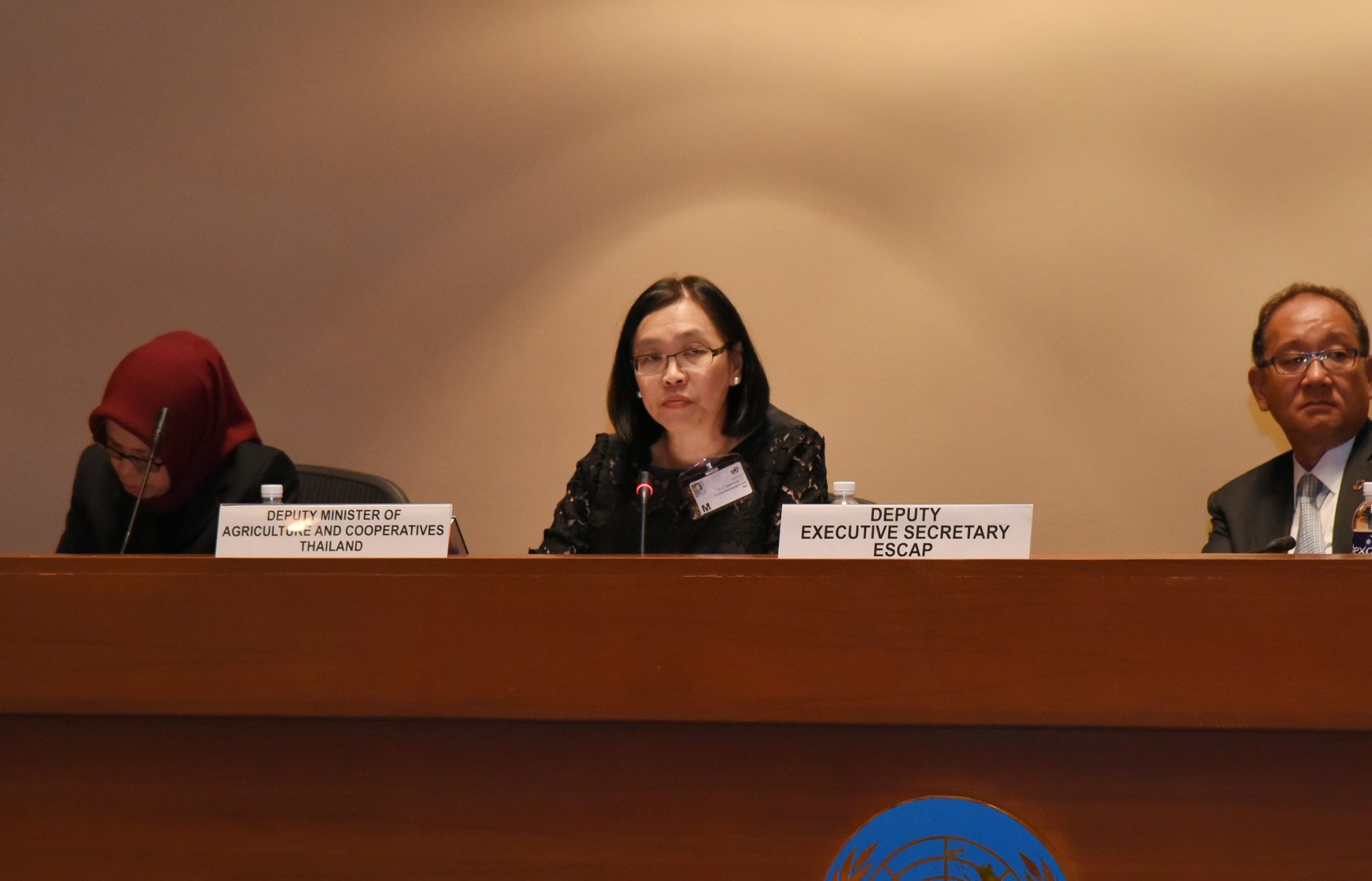


Home
AFMAAgricultural and Food Marketing Association for Asia and the Pacific
Home
AFMAAgricultural and Food Marketing Association for Asia and the Pacific
The Conference's Enhanced Showcases with Climate and Sustainability Guidelines Highlighted at UNESCAP Amid Thailand's Accelerated Net-Zero Goal
The Conference's Showcases with Climate and Sustainability Guidelines were featured prominently at the Sustainable Trade, Finance, Procurement, and Innovation for Sustainable Consumption and Production (SCP) Conference at the United Nations Economic and Social Commission for Asia and the Pacific (UNESCAP).
Key Thematic Focus Areas and Guidelines
The core discussions centered on accelerating SCP through key action areas, all underpinned by the new guidelines:
Introduction of Climate and Sustainability Guidelines: The conference underscored the significance of new, robust climate and sustainability guidelines. These guidelines focus on crucial social and environmental criteria, directly supporting the global push for accelerated SCP by promoting good agricultural practices, environmental protection, worker dignity, and the secure supply of sustainably produced, fully traceable ingredients.
Regenerative Agriculture: A primary focus was placed on Regenerative Agriculture as a crucial pathway for the agricultural sector. Discussions highlighted its role in improving soil health, increasing crop resilience, reducing reliance on synthetic inputs, and enhancing the sector's function as a carbon sink, thus enabling a nature-positive transition.
Climate Justice: The dialogue was firmly anchored in the principle of ensuring respect and dignity for workers and communities. Specific attention was given to embedding Human Rights considerations into supply chain mandates, particularly in relation to labor practices and community impacts of agricultural transitions.
Sustainable Investment and Finance by Financial Institutions: A key segment featured financial institutions presenting on sustainable investment and sustainable finance. This involved discussions on how financial products, such as Green Bonds and Sustainability - Linked Loans (SLLs), are being strategically utilized to de-risk and fund the transition to a sustainable economy.
Policy Context: Thailand's Accelerated Climate Action
The conference was timely, aligning with the Thai government's decision to accelerate its national Net-Zero Greenhouse Gas (GHG) Emissions target from 2065 to 2050 (with Carbon Neutrality by 2050). This ambitious shift positions the agricultural sector—the second-largest GHG contributor—as a "net-zero accelerator."
Key strategies discussed for achieving this accelerated goal include:
Emissions Reduction: Implementing mitigation measures such as Regenerative Agriculture in Sugarcane, Tapioca, and Rubber fields.
Carbon Sinks: Enhancing carbon removal through forestry and Land Use/Land-Use Change (LULUCF).
No-Burning Initiative: Policy tools like subsidies for fresh cane and penalties for burnt cane have led to significant progress in the sugarcane sector, with the burnt ratio reportedly dropping sharply. Alternatives, like microbial solutions for rice stubble decomposition, are being scaled up to both eliminate burning and enrich soil fertility.
All conversations were framed within the broader Environmental, Social, and Governance (ESG) framework, with an emphasis on governance and sustainable finance mechanisms.
Key Stakeholders and Strategic Impact
The event successfully convened an influential group including Policy Makers (e.g., Department of Climate Change, Board of Investment, Office of Cane and Sugar Board), Business Leaders, and Financial Institutions. This confluence highlights a unified commitment to integrating the discussed climate and sustainability guidelines into regional and global supply chain strategies.
Thailand’s adoption of these ambitious targets and robust guidelines creates a powerful feedback loop across the sustainable economy:
AreaImpact of Net-Zero, No-Burning, & Sustainability GuidelinesSustainable TradeEnhances Competitiveness & Reduces Green Trade Barriers. Alignment with guidelines (e.g., traceable, no-burn, Human Rights) secures market access and increases the premium value of exports in stringent markets (e.g., aligning with the EU’s CBAM).Sustainable Finance & InvestmentAttracts Capital to Green Projects. The Net-Zero goal and the Thailand Taxonomy provide a clear framework. Financial Institutions are now leveraging this to issue Green Bonds and Sustainability-Linked Loans (SLLs), strategically directing capital towards Regenerative Agriculture, low-carbon farming, and no-burn technology.Investment (ESG)Lowers Transition and Physical Risk. By addressing the social (air quality, worker dignity, Human Rights) and environmental (GHG emissions, soil health, Regenerative Agriculture) criteria, the guidelines mitigate supply chain risk, making Thai companies more appealing to global ESG-mandated funds.
Climate Action Award
The Climate Action Award is a recognition programme initiated by AFMA Asia to honor organizations, initiatives, and programs that exhibit outstanding commitment to advancing social and environmental sustainability. This award focuses on entities that uphold human rights, promote social equity, and contribute significantly to the United Nations Sustainable Development Goals (SDGs).
Award Criteria:
Commitment to Social Sustainability:
Recognizes organizations that foster inclusive growth, uphold human rights, and engage in practices that positively impact communities.
Consideration is given to those demonstrating strong leadership in promoting social equity, fair labor practices, and community development.
Support for Environmental Sustainability:
The program honors initiatives that reduce environmental footprints, enhance resource efficiency, and protect ecosystems.
Projects that demonstrate innovative approaches to climate mitigation, adaptation, and resilience are particularly highlighted.
Alignment with SDGs:
Nominees must show clear contributions to specific SDGs, including but not limited to Climate Action (SDG 13), Responsible Consumption and Production (SDG 12), Decent Work and Economic Growth (SDG 8), and Reduced Inequalities (SDG 10).
Efforts should reflect a commitment to sustainable development and be traceable to measurable impacts on the SDGs.
Measurable and Traceable Impact:
The achievements must be backed by data or case studies that highlight their positive impact on both social and environmental fronts.
The impact should be quantifiable, demonstrating clear progress toward achieving sustainability goals.
Innovation and Scalability:
Recognition is given to programs that showcase innovative approaches to sustainability challenges, utilizing new technologies, methods, or practices that can be replicated or scaled.
The ability to inspire other organizations to adopt similar strategies is key to this criterion.
Integration of Human Rights and Sustainability:
The award specifically recognizes those who integrate human rights policies within their sustainability strategies, ensuring that their actions contribute to both social and environmental well-being.
Long-term Vision and Commitment:
Organizations must demonstrate a long-term commitment to sustainability, showing ongoing dedication rather than short-term or isolated efforts.
The recognition favors those with clear sustainability roadmaps and proactive policies that ensure continued impact.
Engagement and Advocacy:
The award acknowledges efforts to engage stakeholders, including employees, local communities, and partners, in sustainability initiatives.
Advocacy for broader systemic change in line with SDGs, such as policy influence or public awareness campaigns, is a valuable aspect of this recognition.
Purpose of the Award:
The Climate Action Award aims to:
Promote Best Practices: Highlight successful strategies and projects that address key social and environmental challenges.
Inspire and Mobilize: Encourage other organizations, businesses, and policymakers to adopt and integrate sustainable practices into their operations.
Celebrate Achievements: Recognize the dedication of those driving progress toward a more sustainable and equitable world, serving as role models for future climate action efforts.
By recognizing exceptional contributions to sustainability, the Climate Action Award not only celebrates the achievements of individual organizations but also serves as a catalyst for widespread adoption of best practices in sustainability, aligning with global efforts to achieve the SDGs.
Climate Action is the urgent mission for sustainability. To reduce, capture, and sequester GHG emissions are the most important solution for Climate Change.
The Agriculture and Food sector is labeled as the key contributor on GHG emission as well as the key solution provider for carbon sequestration and carbon neutrality together with ending hunger and increasing biodiversity through Sustainable Agriculture. (SDGs 2, 13, 15)
Active Carbon Credit is the Soil Carbon Sequestration with Organic Matter and Soil enrichment materials as carbon sink that enrich the soil through plant photosynthesis and smallholder farmers soil enrichment activities to generate food and agricultural products while improving biodiversity, reducing the cost of chemical fertilizer, soil and ocean acidification as well as accumulating active carbon credits as climate action.
Active Carbon Credit (ACC) is a premium Carbon Credit that achieves more integrated value than Climate Action because ACC generates more value for Social and Environmental Return on Investment. (SROI and EROI) e.g. biodiversity, sustainable food.
To accomplish the mission, small holder farmers need the effective and efficient carbon sequestration, verification, and validation methodology together with Active Carbon Credit Exchange Platform with Traceability, Transparency, and Trustability to achieve natural carbon sequestration while ending global hunger and small holders’ poverty.
Agricultural and Food Marketing Association for Asia and the Pacific (#AFMAasia), FeedUP@UN (#FeedUP@UN) are in collaboration with Thai National Science and Technology Development Agency (#NSTDA) to research and develop the methodology for Active Soil Carbon Sequestration to benefit smallholder farmers in Asia and the Pacific.
Sustainable Wellness Destination
is the multi-stakeholder partnership to collaborate on Economic, Social, and Environmental wellness. The initial public launch is on 26th November 2021 with FeedUP@UN, Sustainable Ocean Ambassador, Maldives Embassy, WWF, Central Group, CY Group, Wellness, Spa, Food and Tourism Sectors.
The Keynote is delivered by H.E. Mr Mohamed JINAH, the Republic of Maldives Embassy to the Kingdom of Thailand. The Keynote addresses the challenge from Pandemic and Maldives' longterm commitment on wellness and sustainable tourism. The healthy tourism sector demonstrates the success on Maldives sustainable tourism and climate resilience. The collaboration on Sustainable Wellness Destination presents the significant increase on sustainable trade and tourism for Maldives, Thailand, and GMS countries.
The Panel Discussion on Reforestation by Forest Landscape Restoration (FLR 349) and Sustainable Food Value Chain by Mr Prachliur PINKARN, Central Tham have showcased the success on reforestation and agroforestry to bring back biodiversity, soil enrichment, and economic gain for small food producers while Central Tham has showcased the success of many programme including waste to wealth, sustainable food value chain, circular economy.
The Panel Discussion on Artificial Reef Initiative and Sustainable Tourism by Dive DD and Sustainable Ocean Ambassador to showcase the coral reef revitalisation that increase ocean biodiversity and generate more income to the ocean communities by protecting corals and ocean.
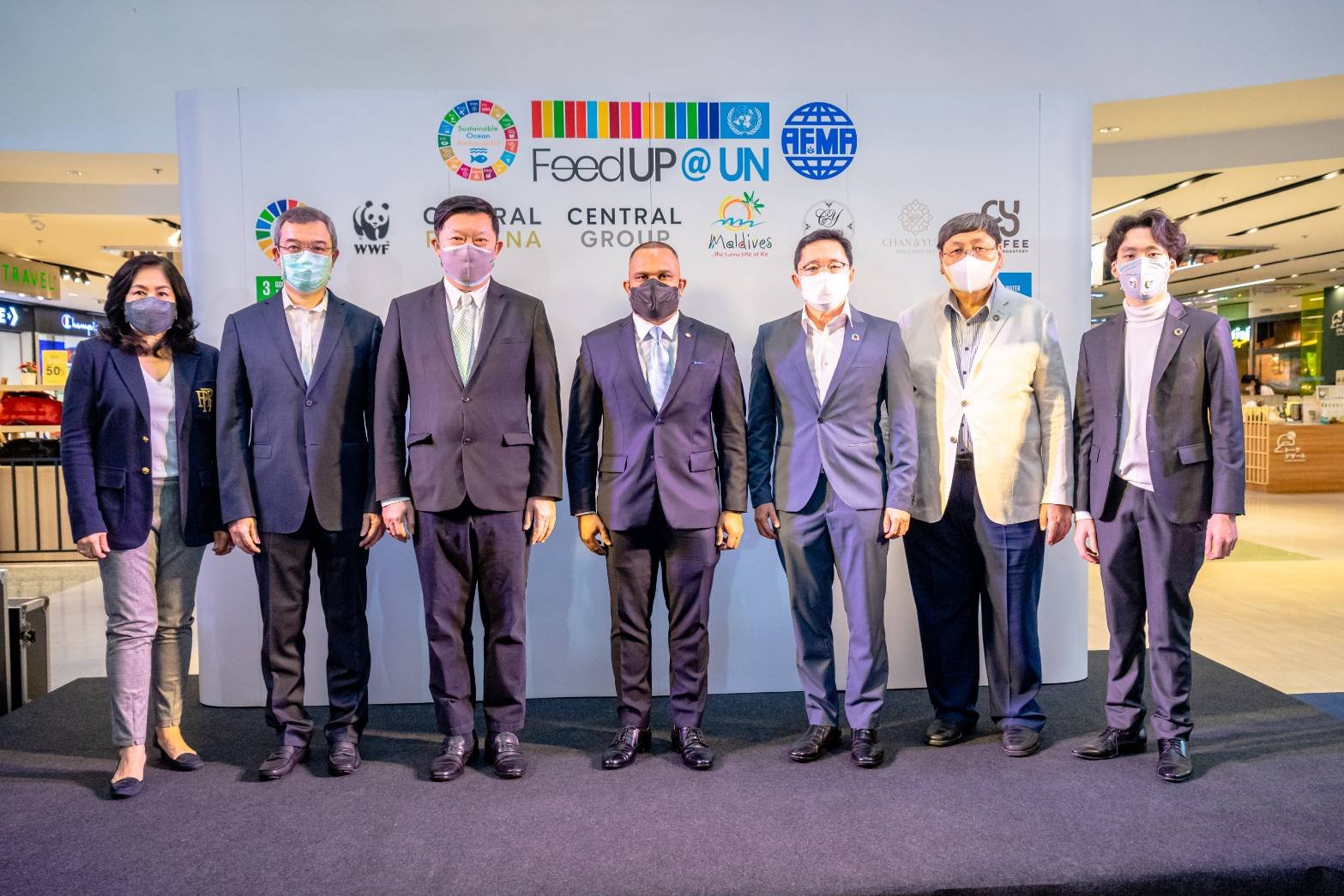
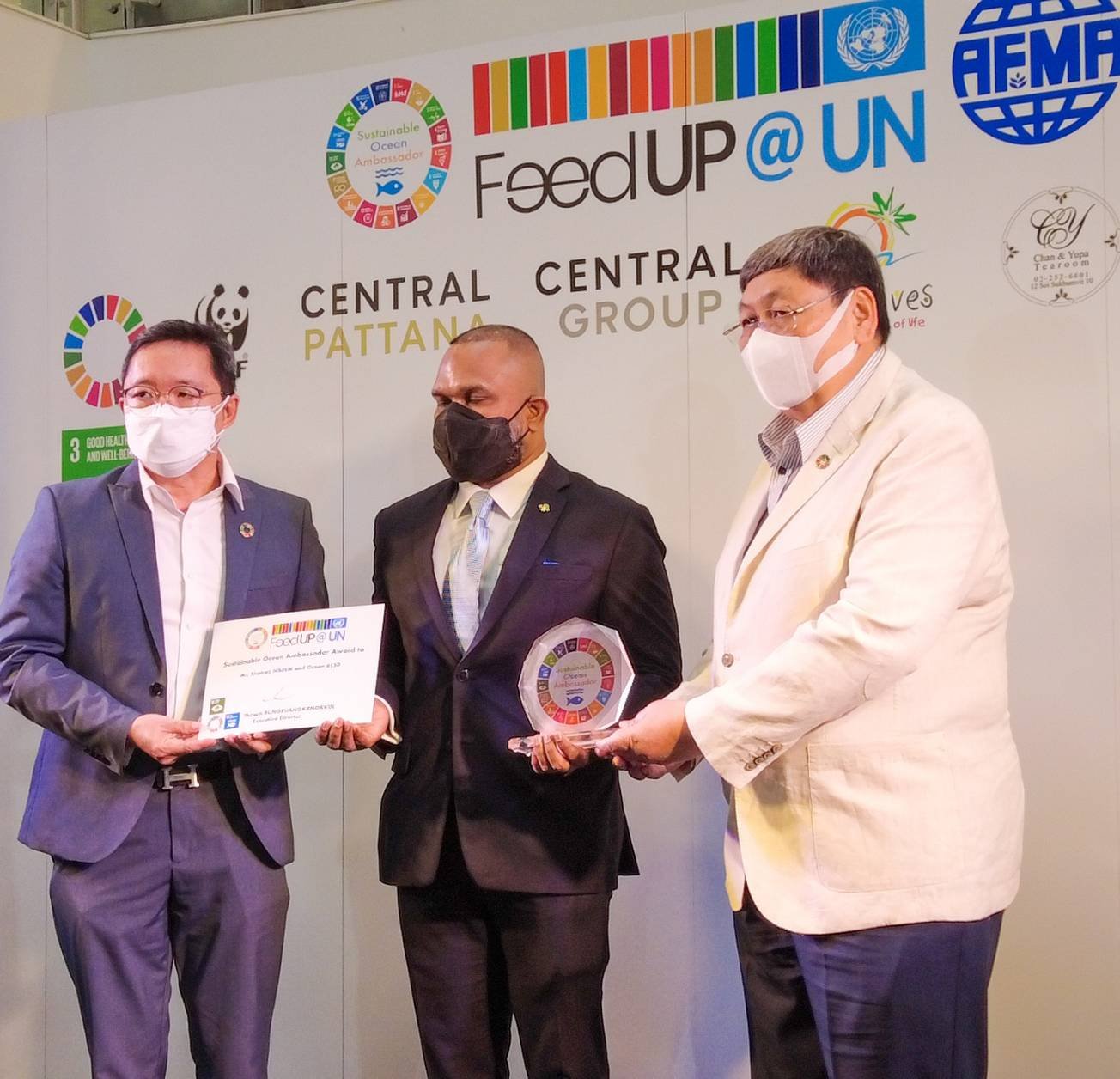
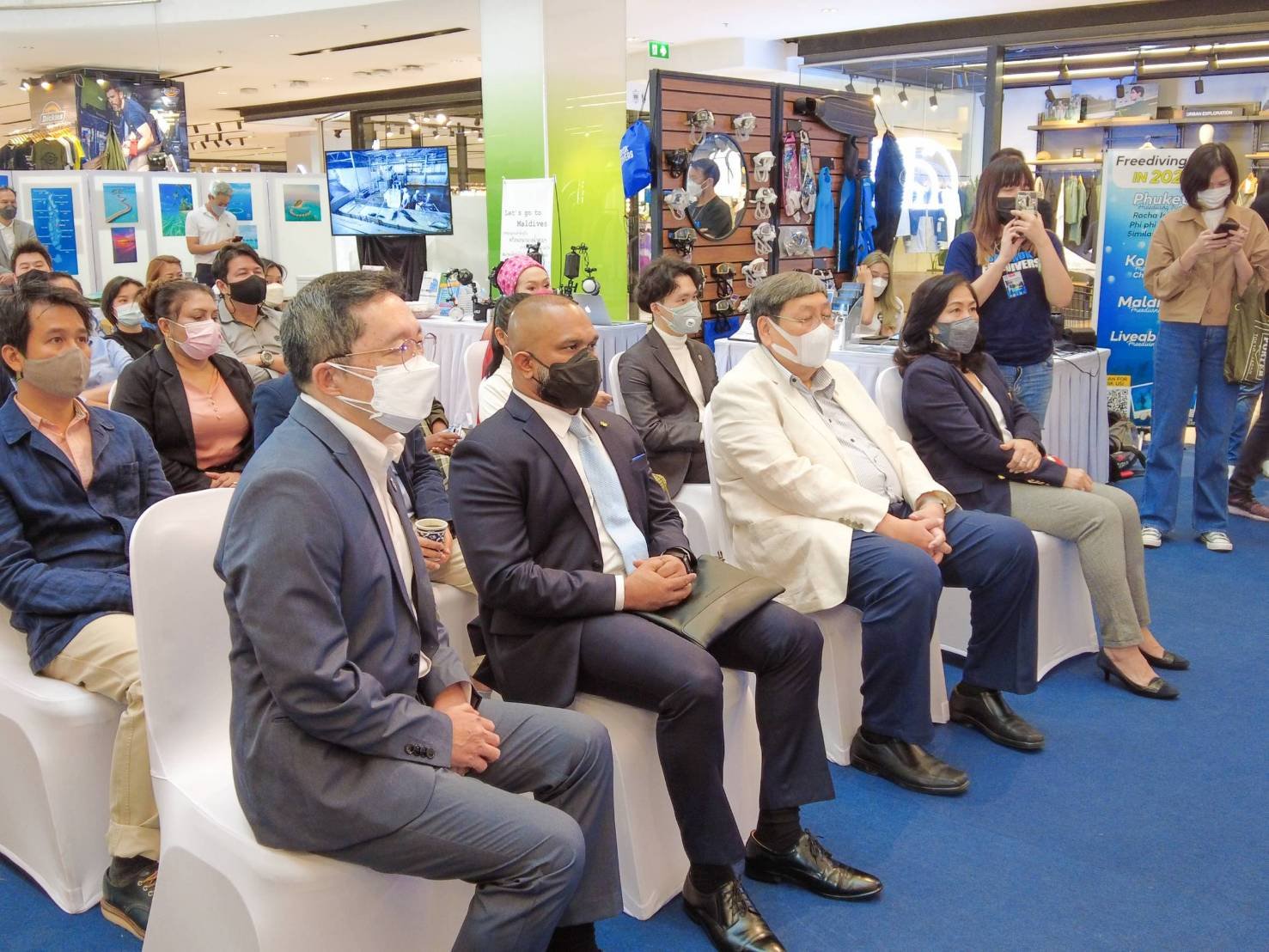
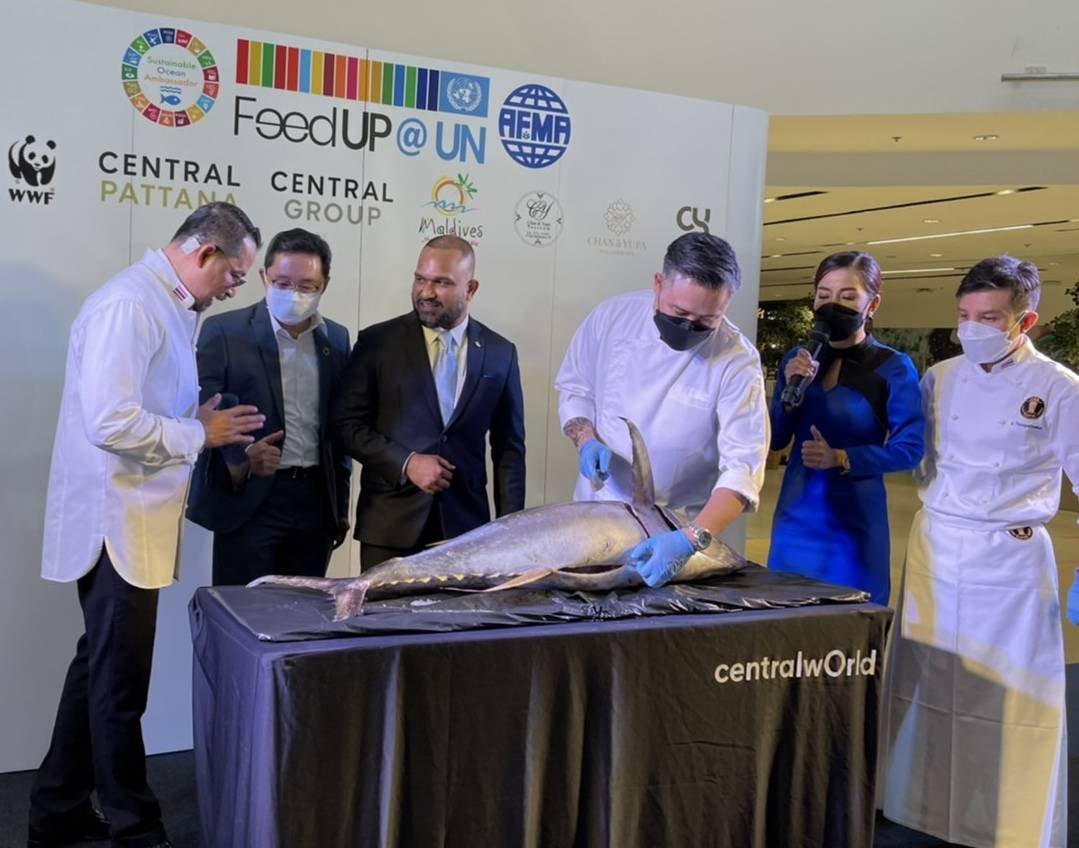
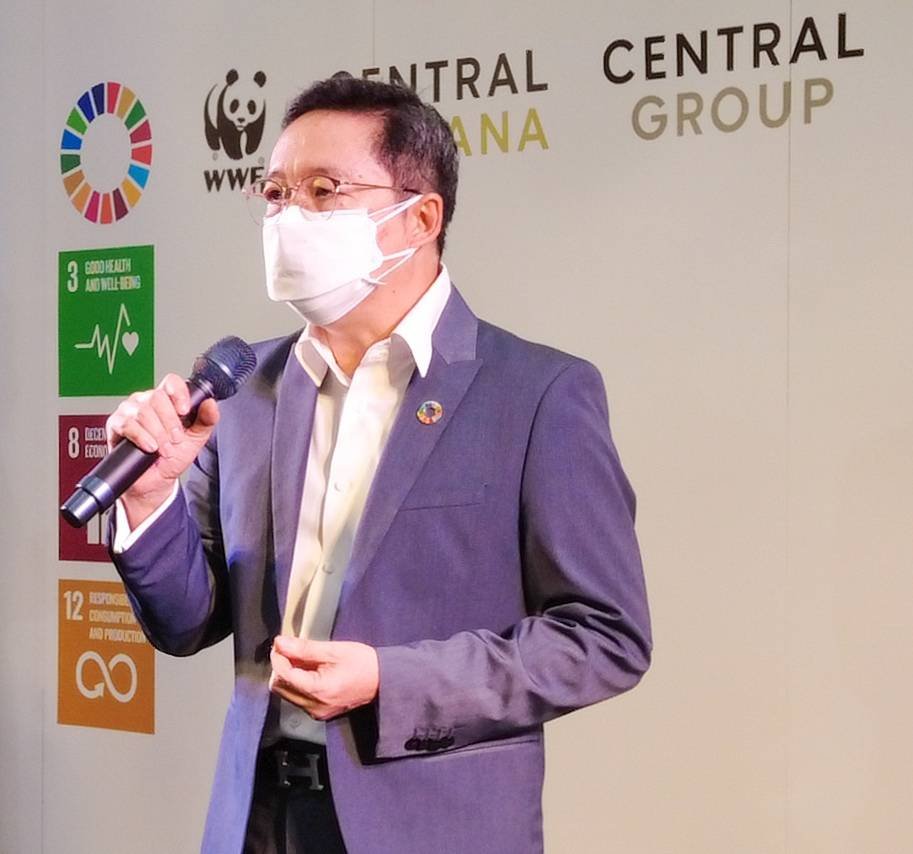
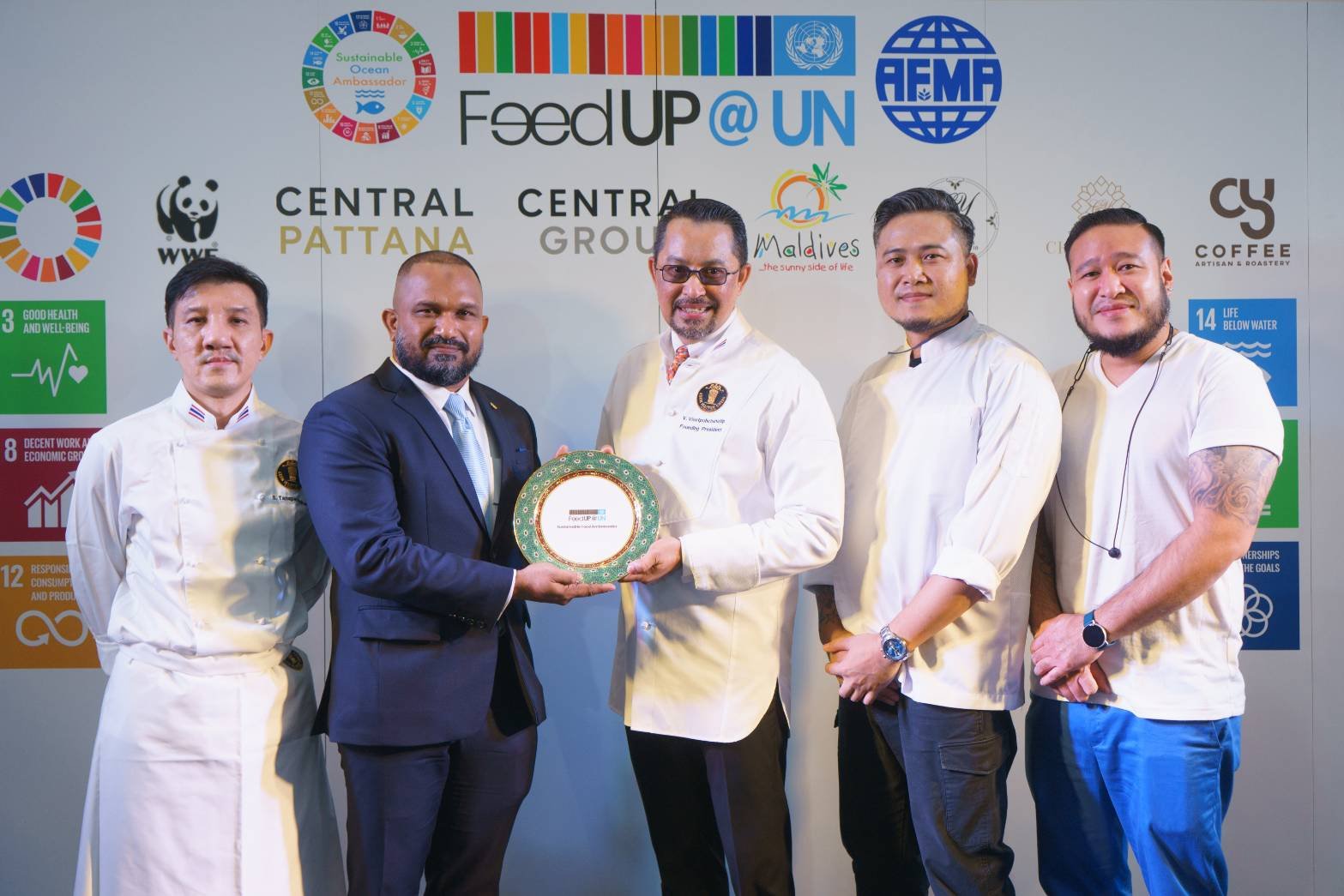
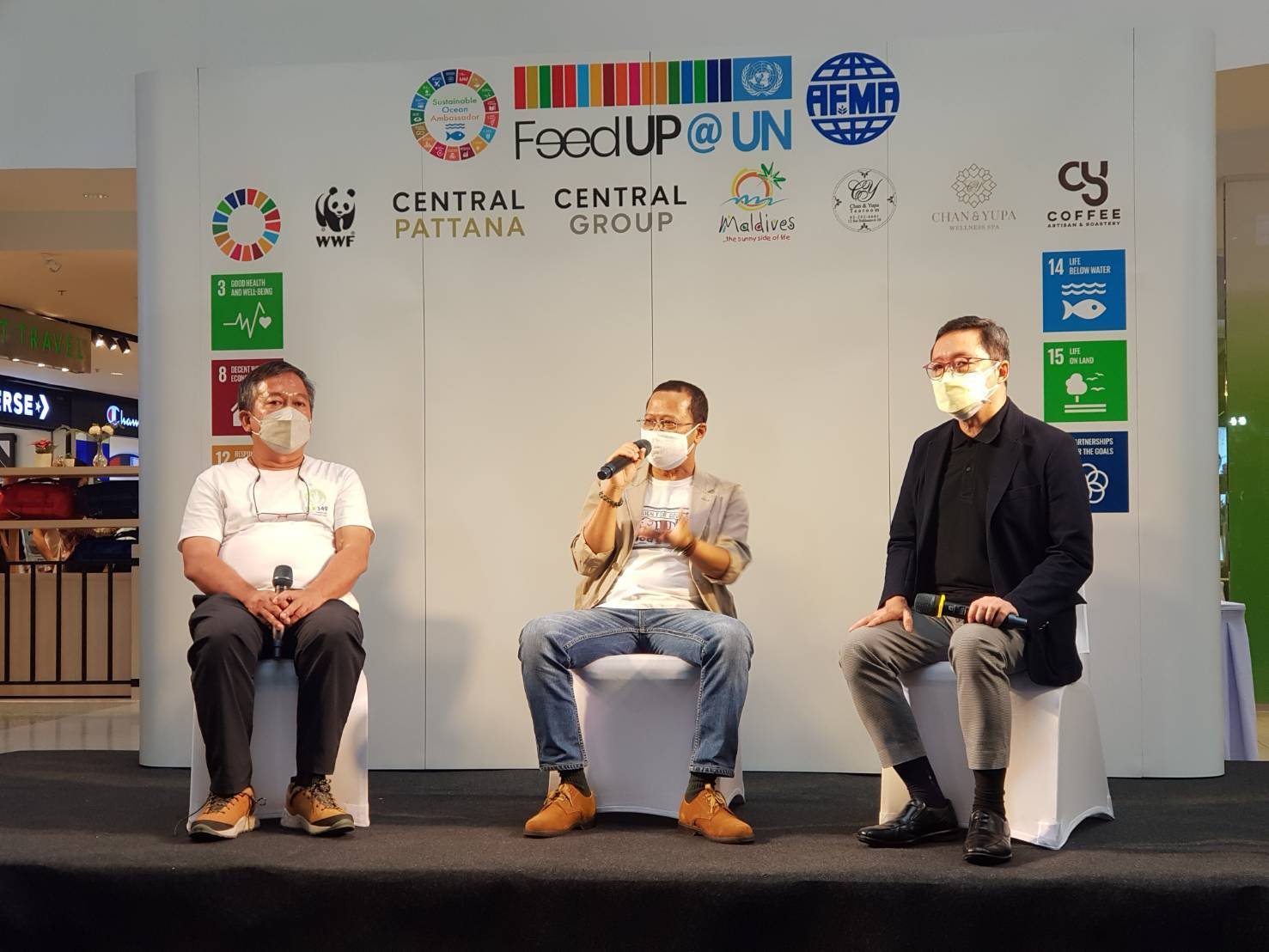
Wellness Destination
Covid-19 has impacted Social, Environmental, and Economical Wellness and disrupted business operations including tourism, food, beauty, Spa and wellness. Covid-19 also presents new opportunities for the wellness and tourism sectors. Holistic Wellness practice has proven to be the key immunity for individuals and communities to achieve good health and wellbeing (SDG3 sdgs.un.org/goals/goal3)
To economically and environmentally benefit from the pandemic situation requires knowledge exchange, collaboration, and strategic plan formulation for wellness tourism to be ready for the post Covid-19.
To exchange the knowledge on business operation during and after the
pandemic
To collectively formulate holistic wellness strategies for business operators
and policy makers
To showcase the successful business model during crisis situation
To strengthen up and promote sustainable wellness destinations for
sustainable tourism
To create economic and environmental value additional to holistic wellness
operation
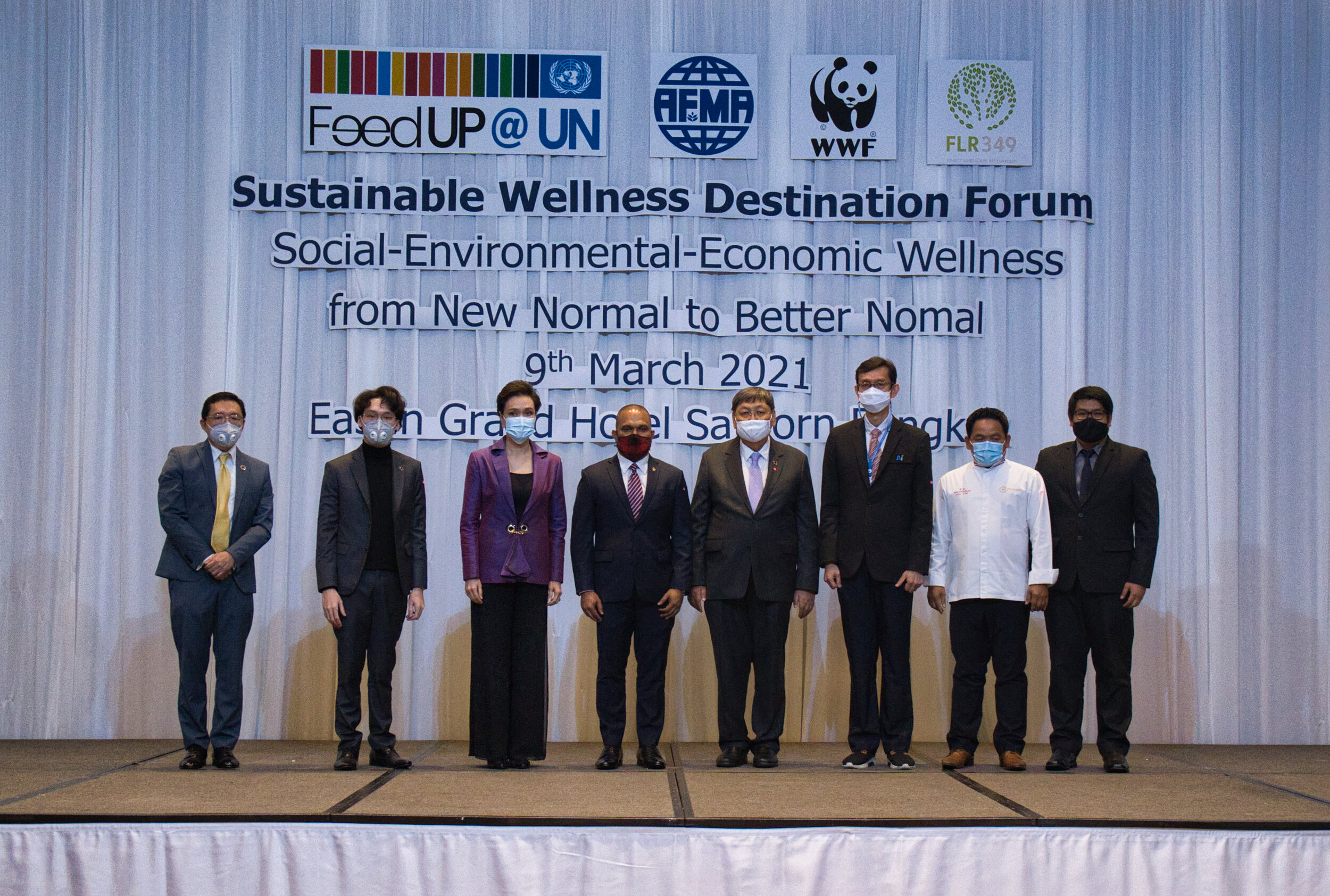
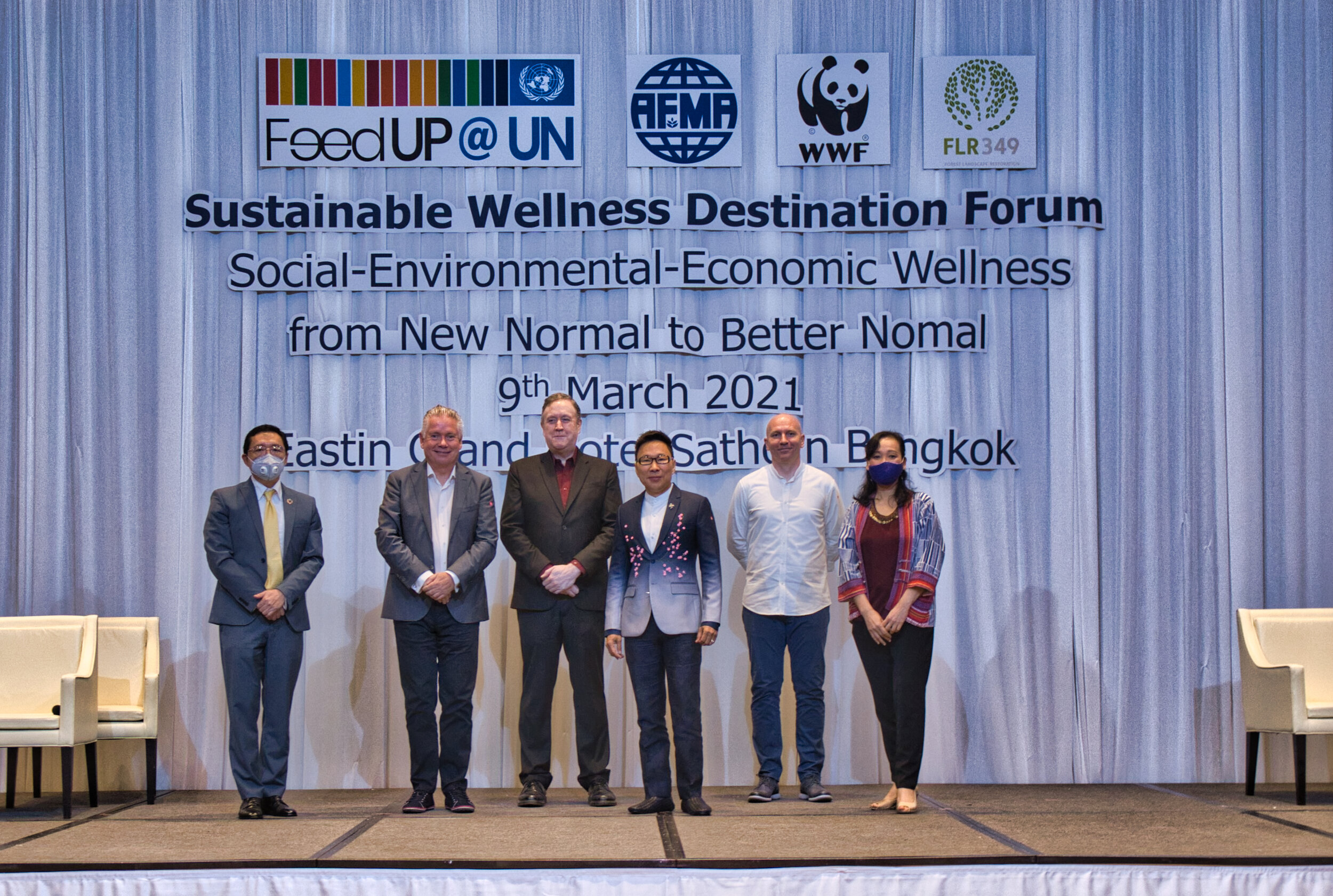
Climate Action Awards
FeedUP@UN has pronounced Climate Action Awards during Sustainable Wellness Destination Forum
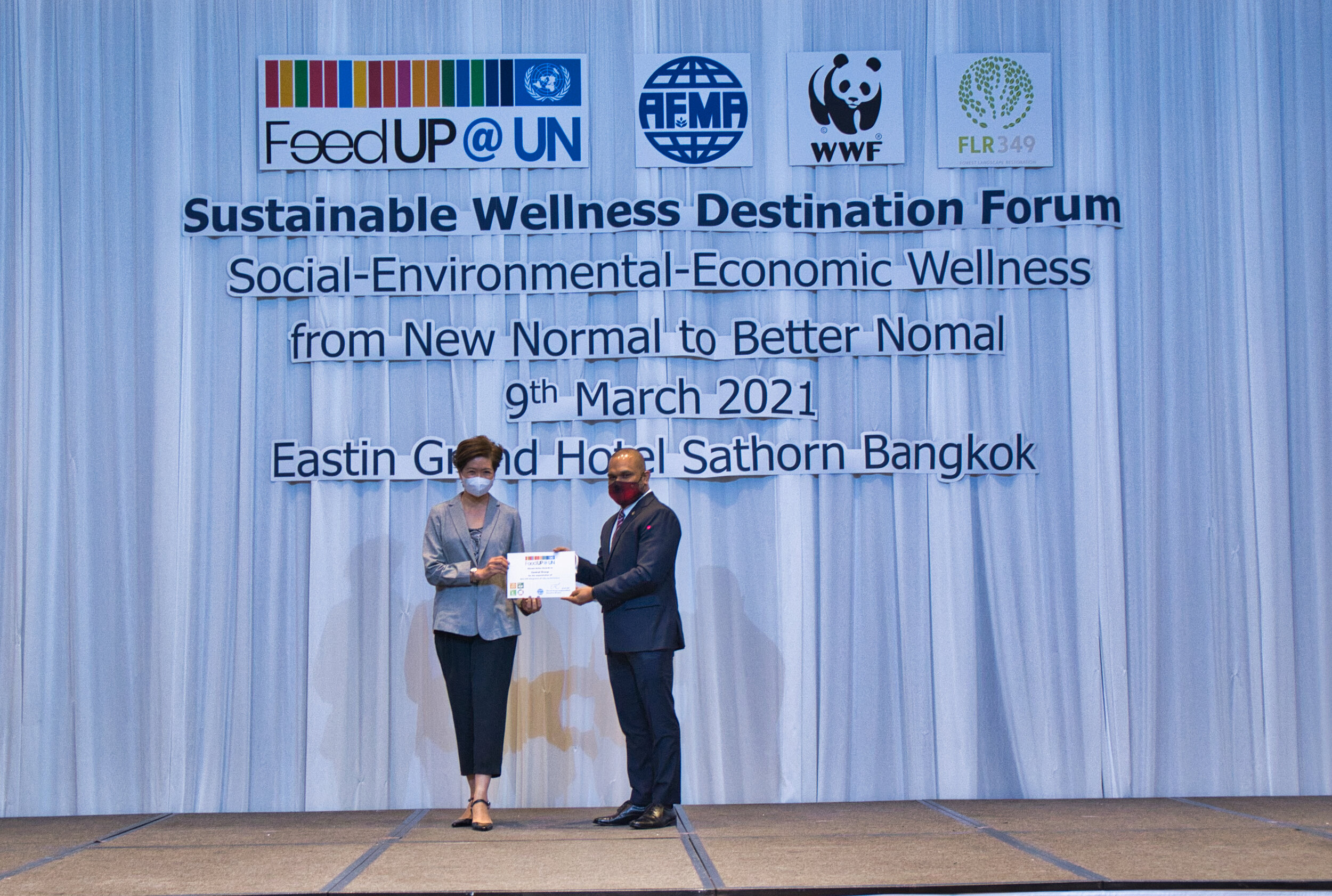
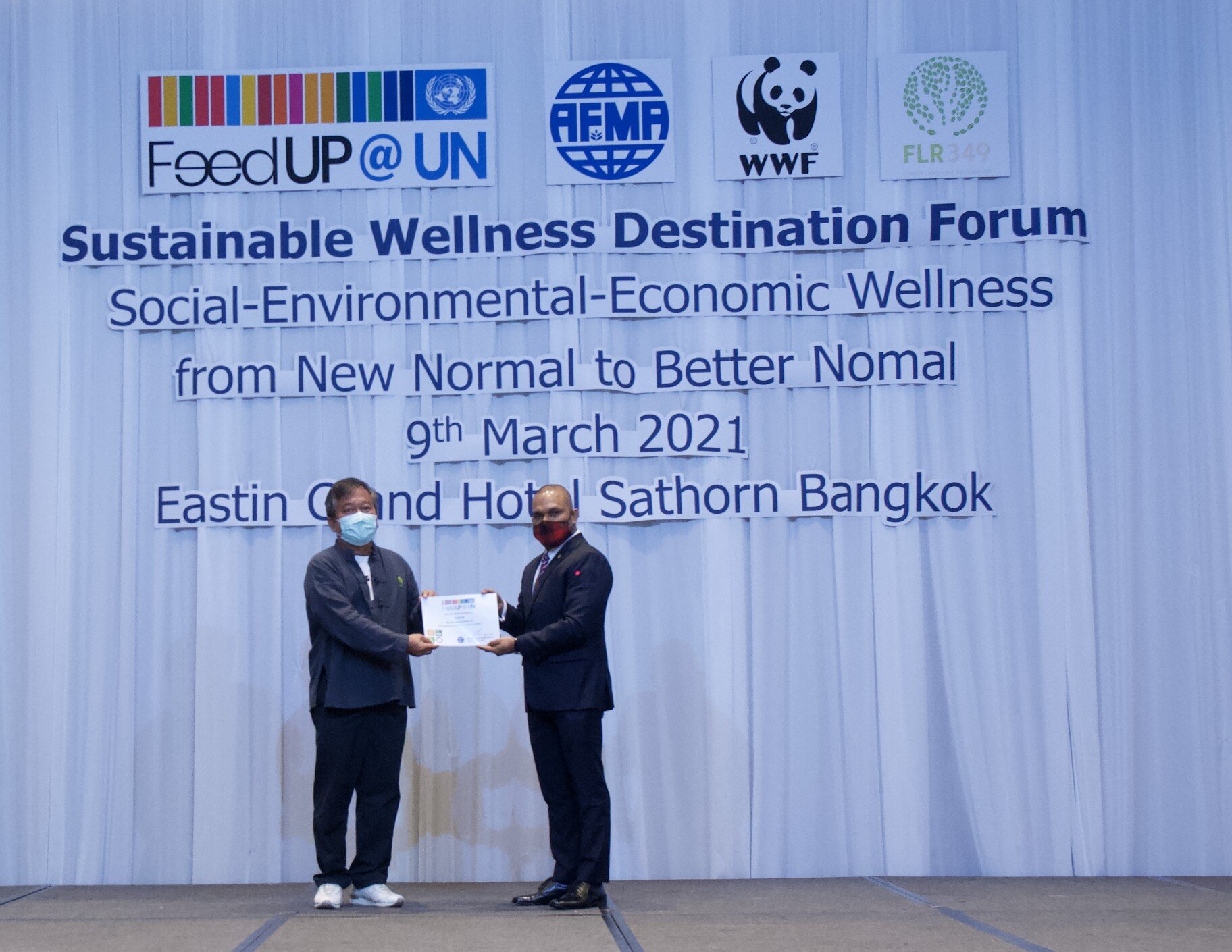
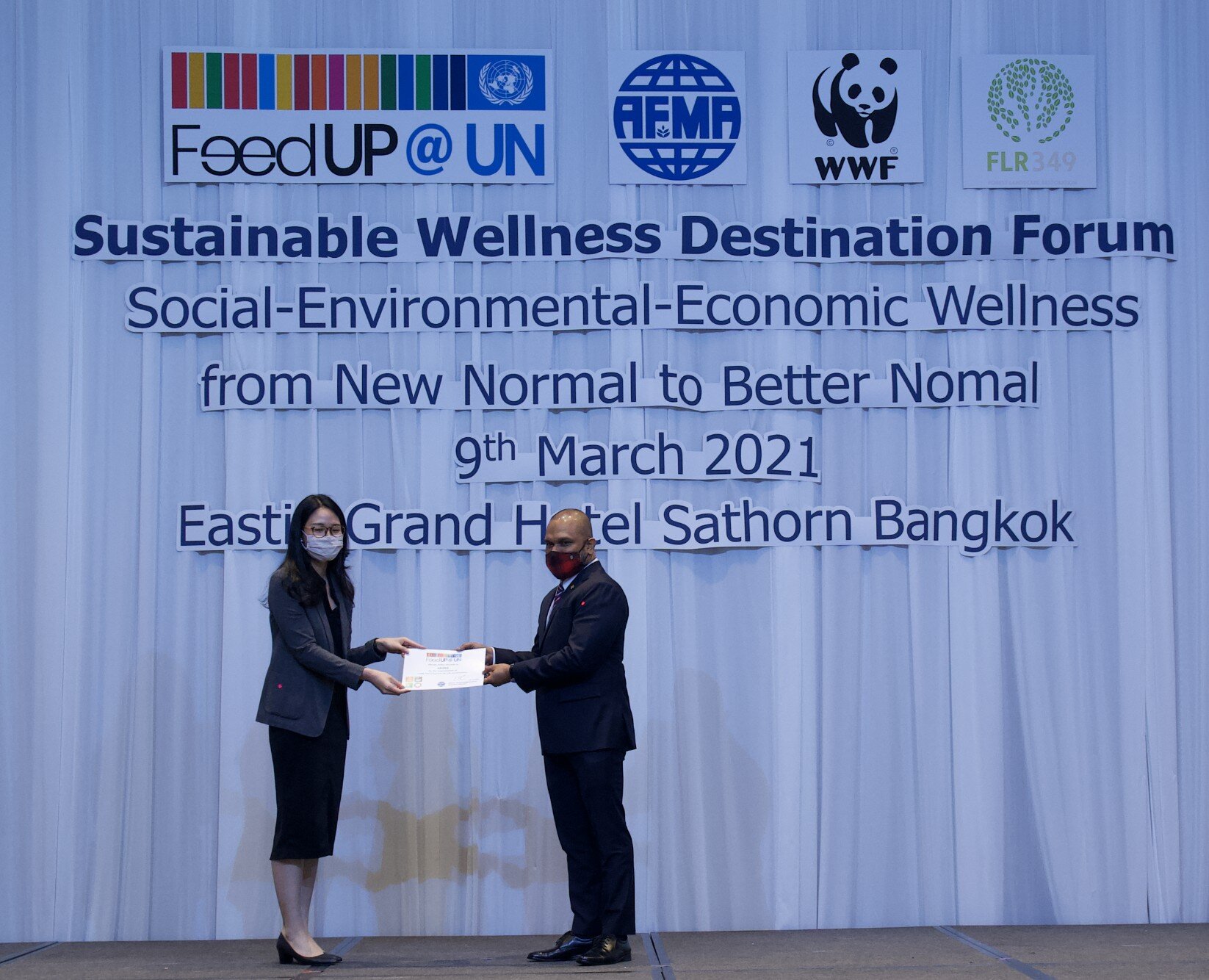
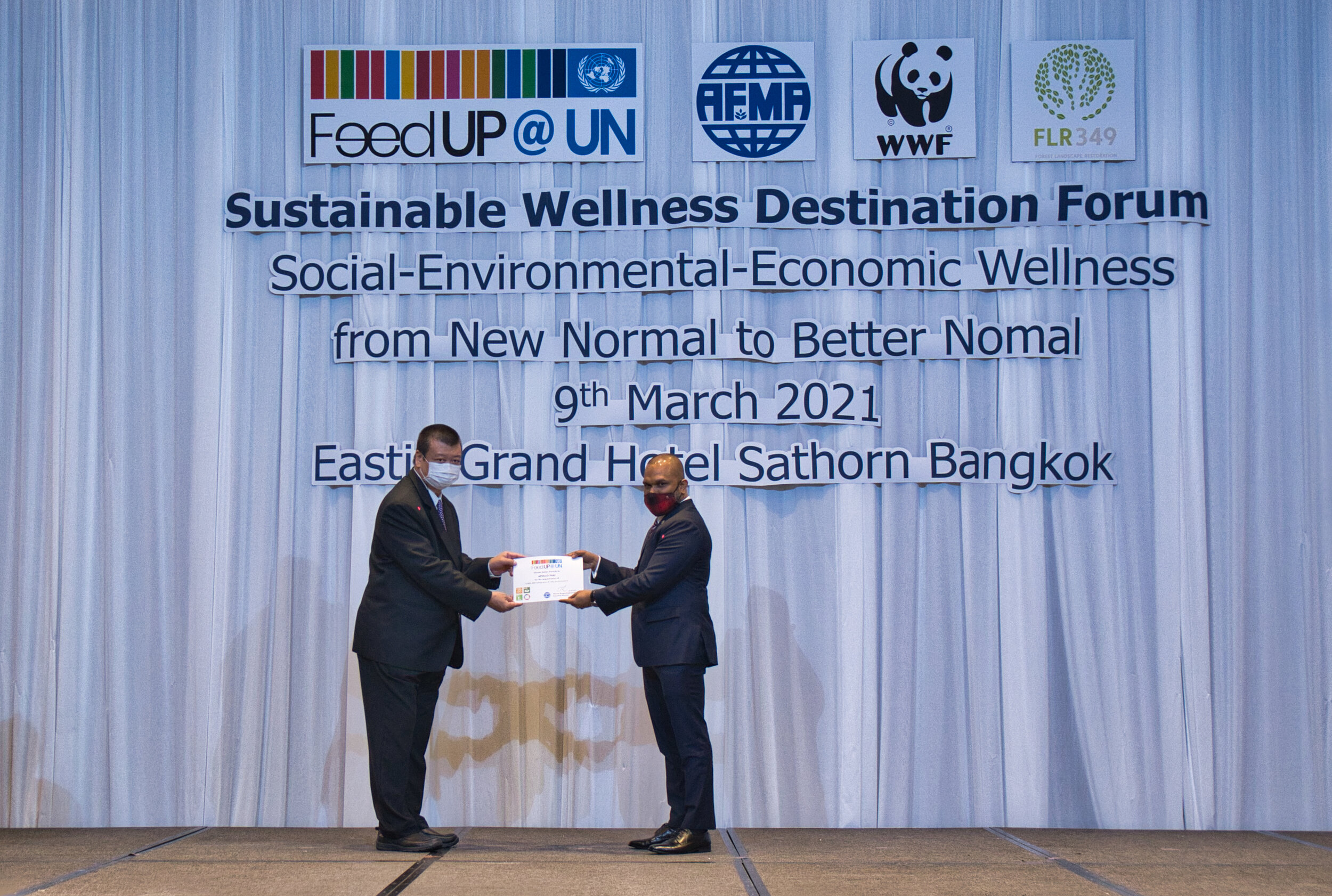
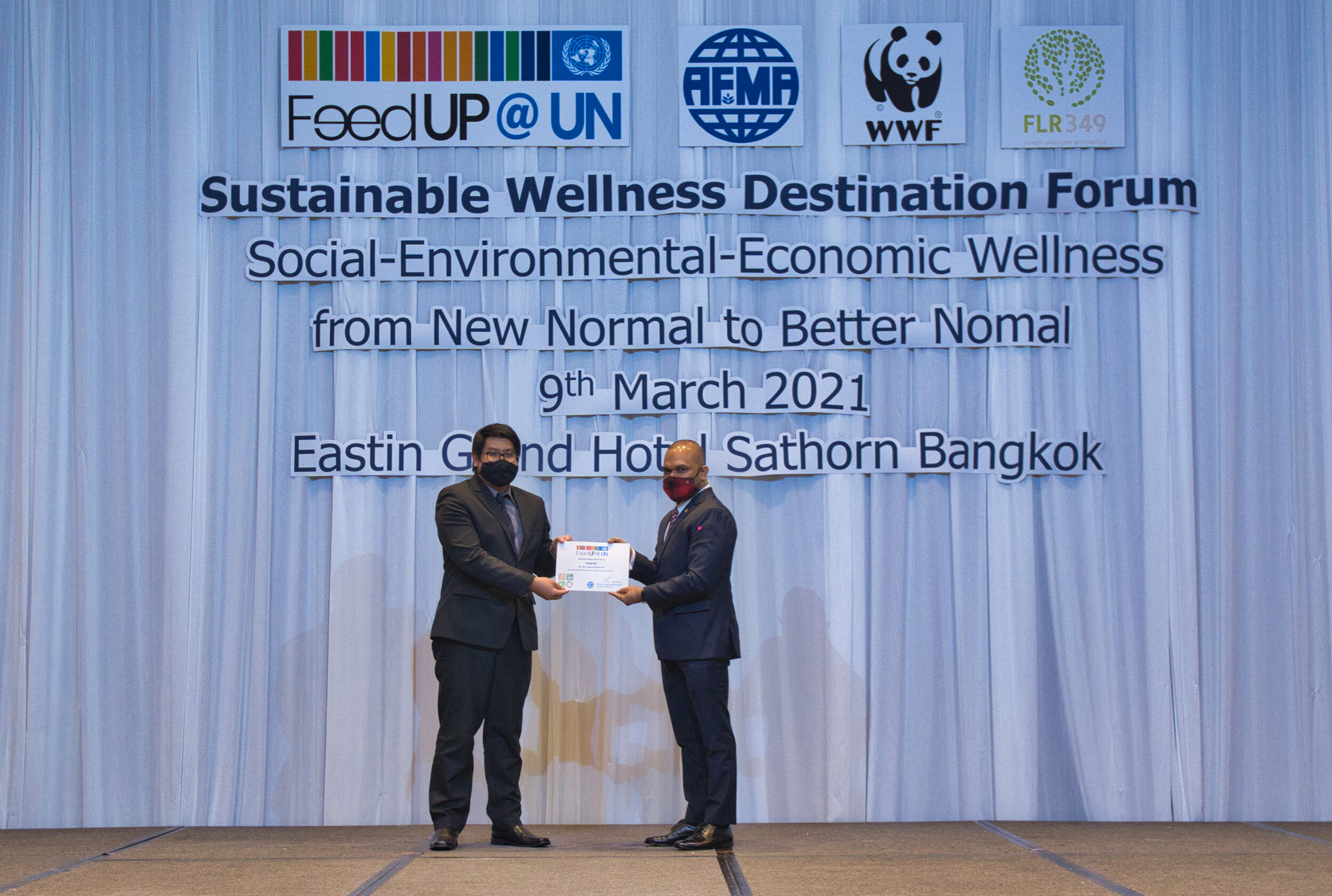
Sustainable Food Value Chain and Sustainable Tourism showcases for Buriram
AFMA, in partnership with Buriram Rajabhat University initiated the food value chain sustainability to plant 1 million trees for the neutral carbon and carbon credit currency through food digital marketing platform. The ceremony was attended by AFMA, the Buriram local representatives, Buriram Rajabhat University’s rector as well as representatives from the United Nations.
พิธีรับพระราชทานเมล็ดพันธ์ุผัก โครงการปลูกป่าเพื่ออาหารยั่งยืน “ร้อยดวงใจ ล้านต้นกล้า” จากสมเด็จพระกนิษฐาธิราชเจ้า กรมสมเด็จพระเทพรัตนราชสุดาฯ สยามบรมราชกุมารี โดยผู้แทนจังหวัดบุรีรัมย์ อธิการบดีมหาวิทยาลัยราชภัฏบุรีรัมย์
Non-toxic Agriculture Cooperative Under the Royal Initiative of His Majesty King Rama IX
AFMA and Feed Up @ UN recognised the permaculture practices at the Non-toxic Agriculture Cooperative Under the Royal Initiative of His Majesty King Rama IX at Wang Nam Khiao, Thailand. With Nakorn Ratchasima Province Governors, MPs and delegates from the Ministry of Commerce.
Trash to Treasure for Sustainable Communities
Thailand and other Asia and the Pacific countries have been labelled as within the top 10 ocean polluters in the world. The solution for single use plastics, is to turn this crisis to opportunity.
Innovative Agriculture
During this period with the COVID 19 pandemic, the food value chain has been tested and stressed to its limit, and now it is very clear that food security is most essential for the world in this time. AFMA has initialised the Innovative Agriculture system, to enhance nutrient rich farming and parameter regulation including CO2, humidity amongst other variables to maximise the nutrients in the plant based products and increase the possibility for functional food production using modern computing and artificial intelligence to serve the goal of Ending Hunger, and Sustainable Consumption and Production.
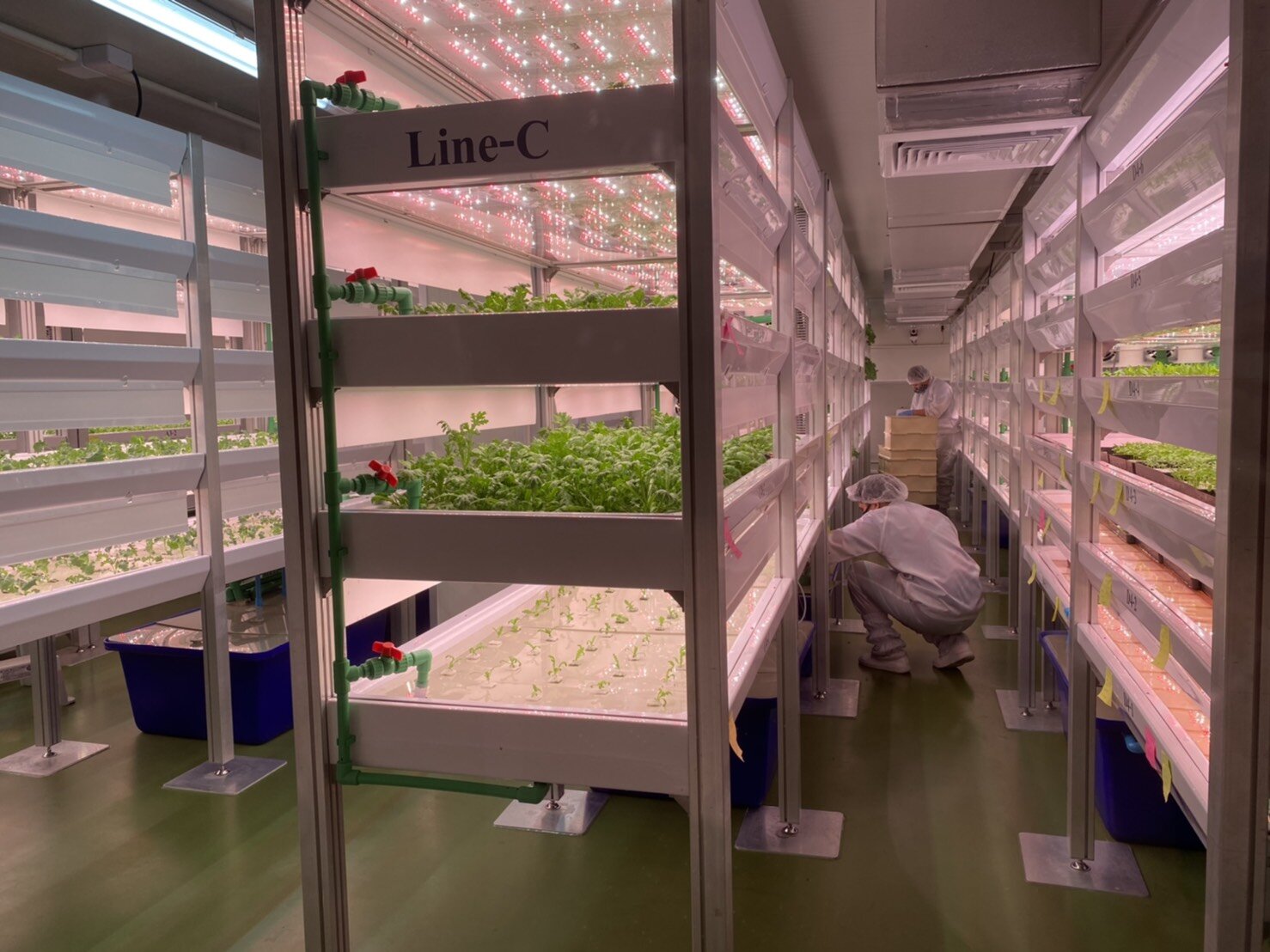
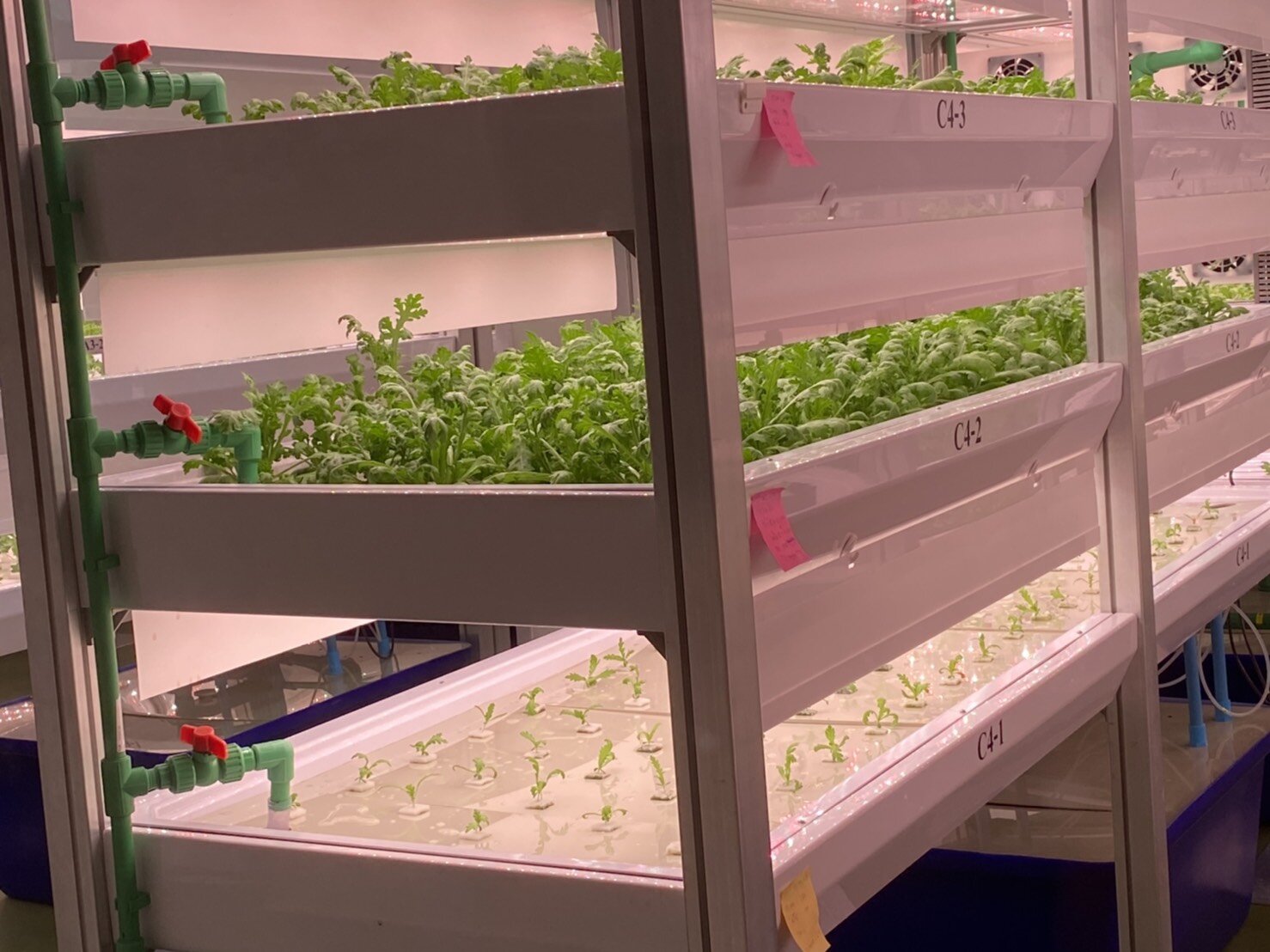
Revitalize Ocean Sustainability Publication
With the support from Apollo (Thailand) Company Limited, AFMA and Sustainable Ocean Ambassador in close collaboration with Marine experts from Thailand’s finest universities including The Faculty of Fisheries, Kasetsart University, Department of Aquatic Science, Faculty of Science, Burapha University and Institute of Marine Science, Burapha University have published the Revitalize Ocean Sustainability Publication to showcase a solid foundation for Sustainable Development, especially in Ocean Sustainability (SDG 14).
Partnership with Buriram Rajabhat University
AFMA signed a memorandum of understanding with Buriram Rajabhat University led by AFMA director and the Rector of Buriram Rajabhat University respectively, to promote sustainable tourism, sustainable water management to create more opportunities for the community.
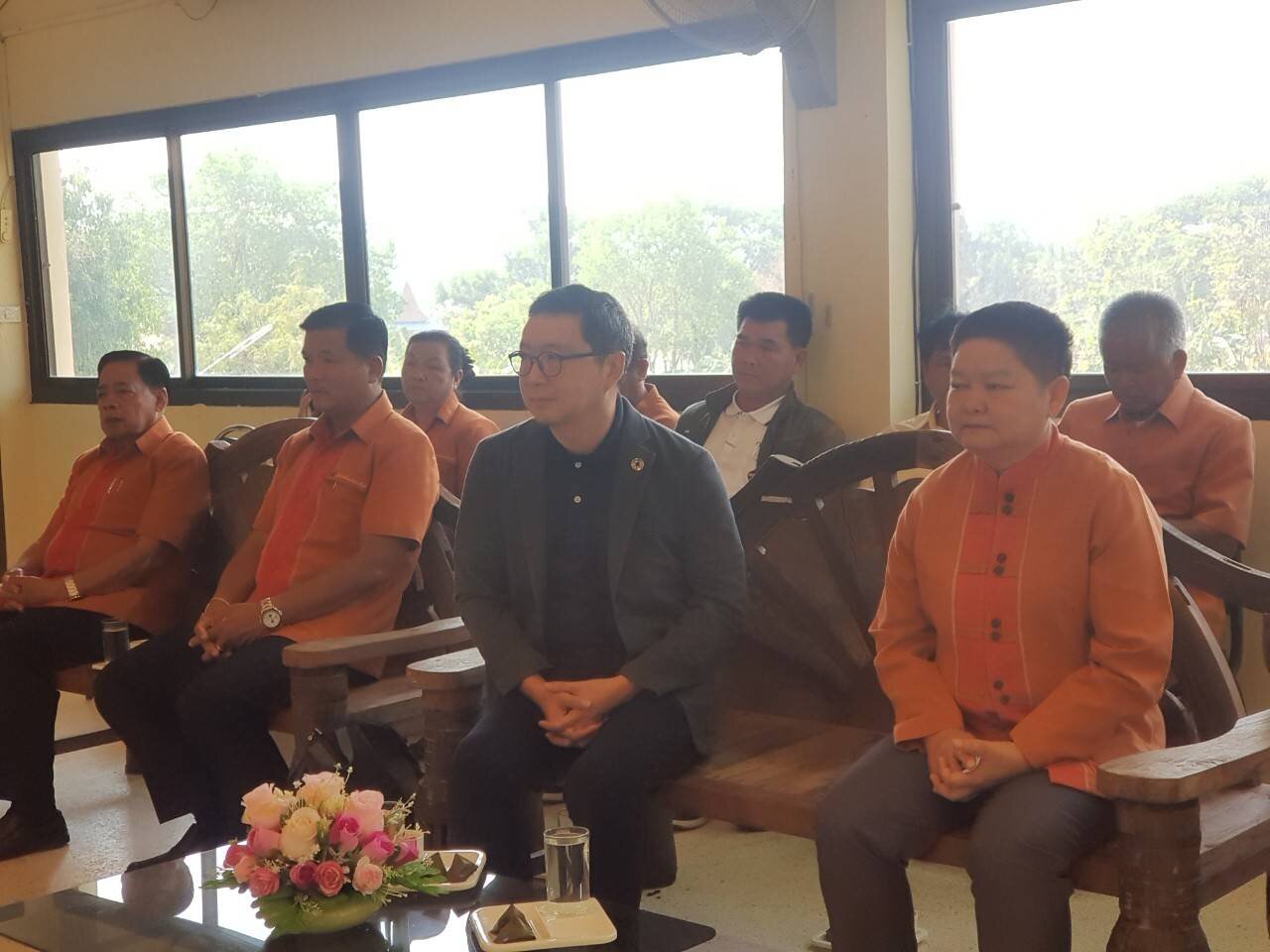
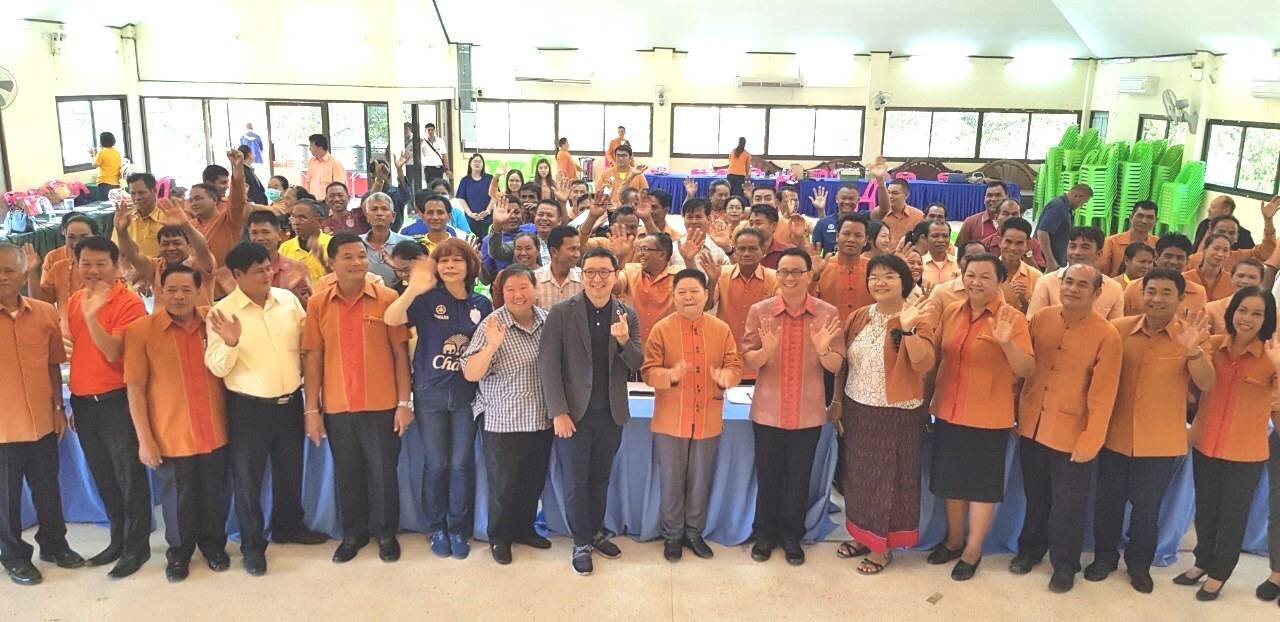
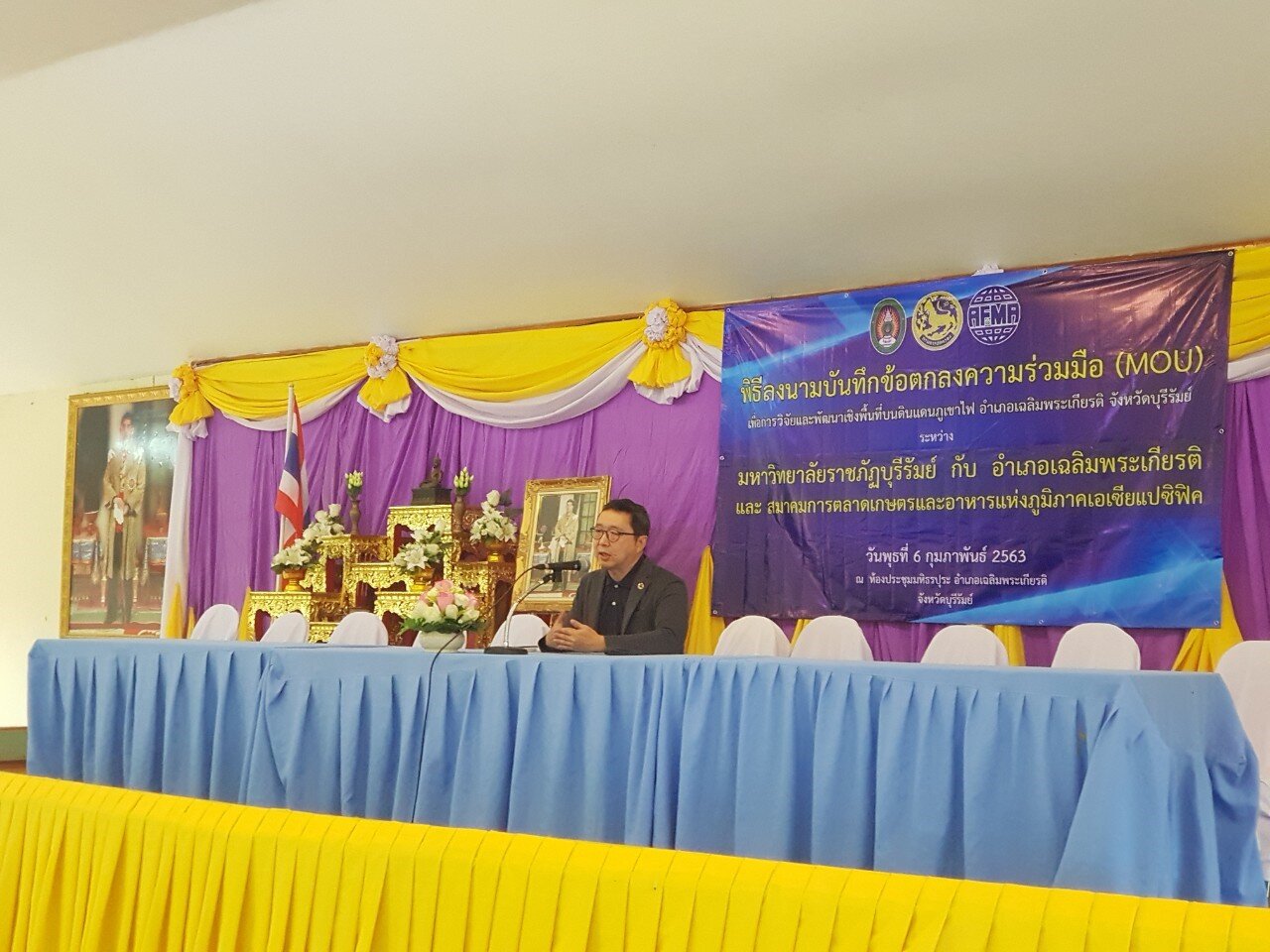
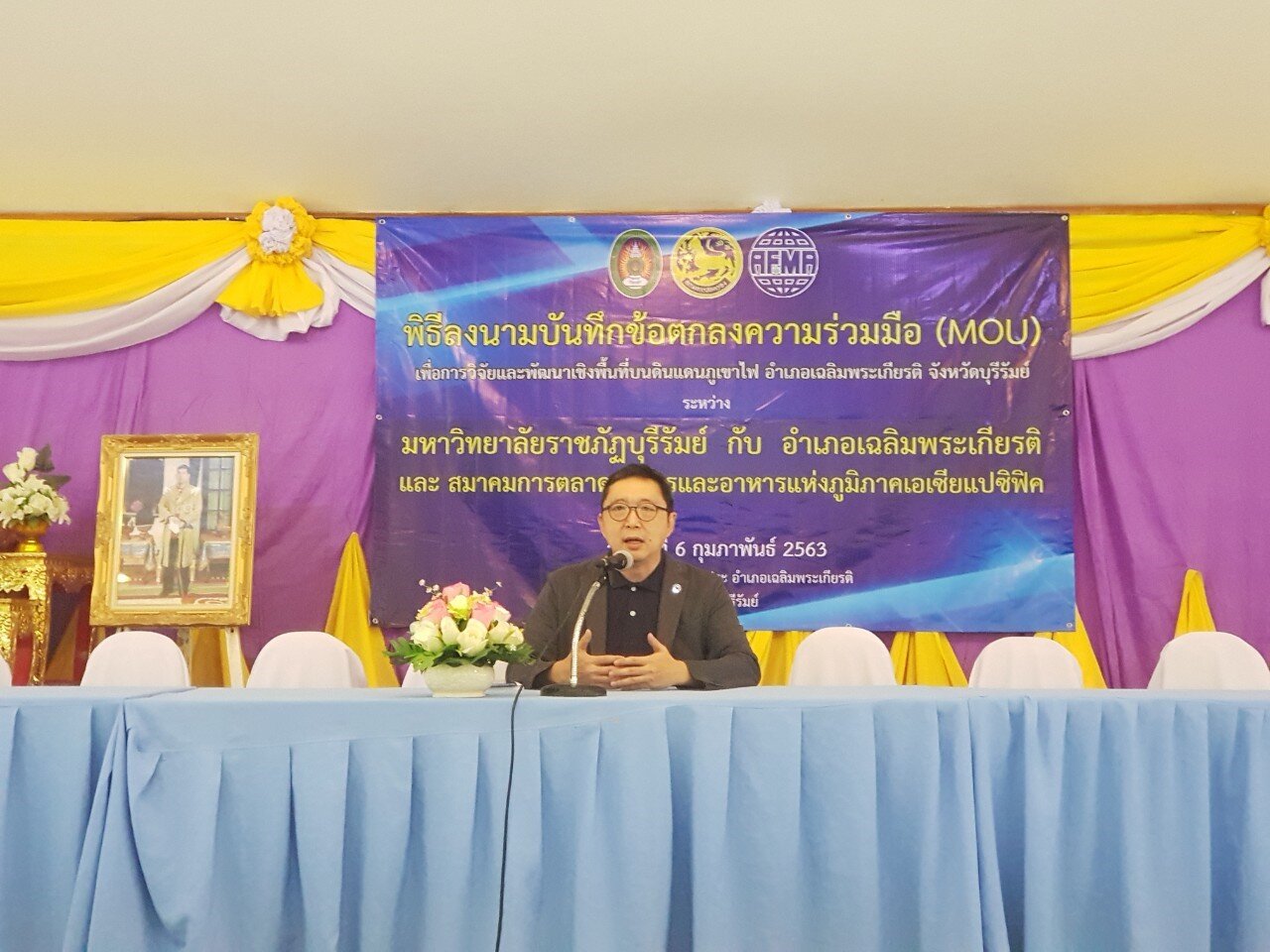
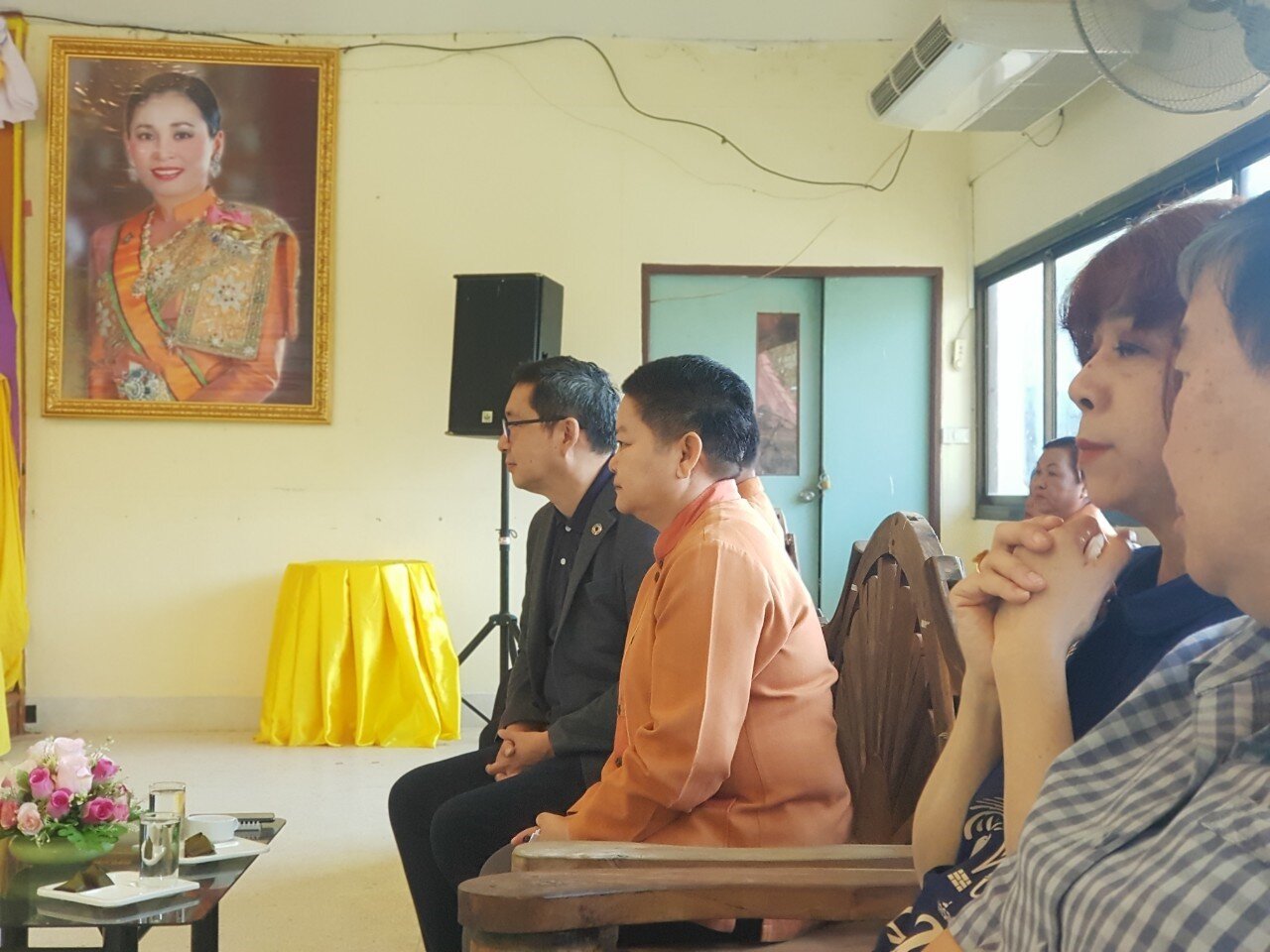
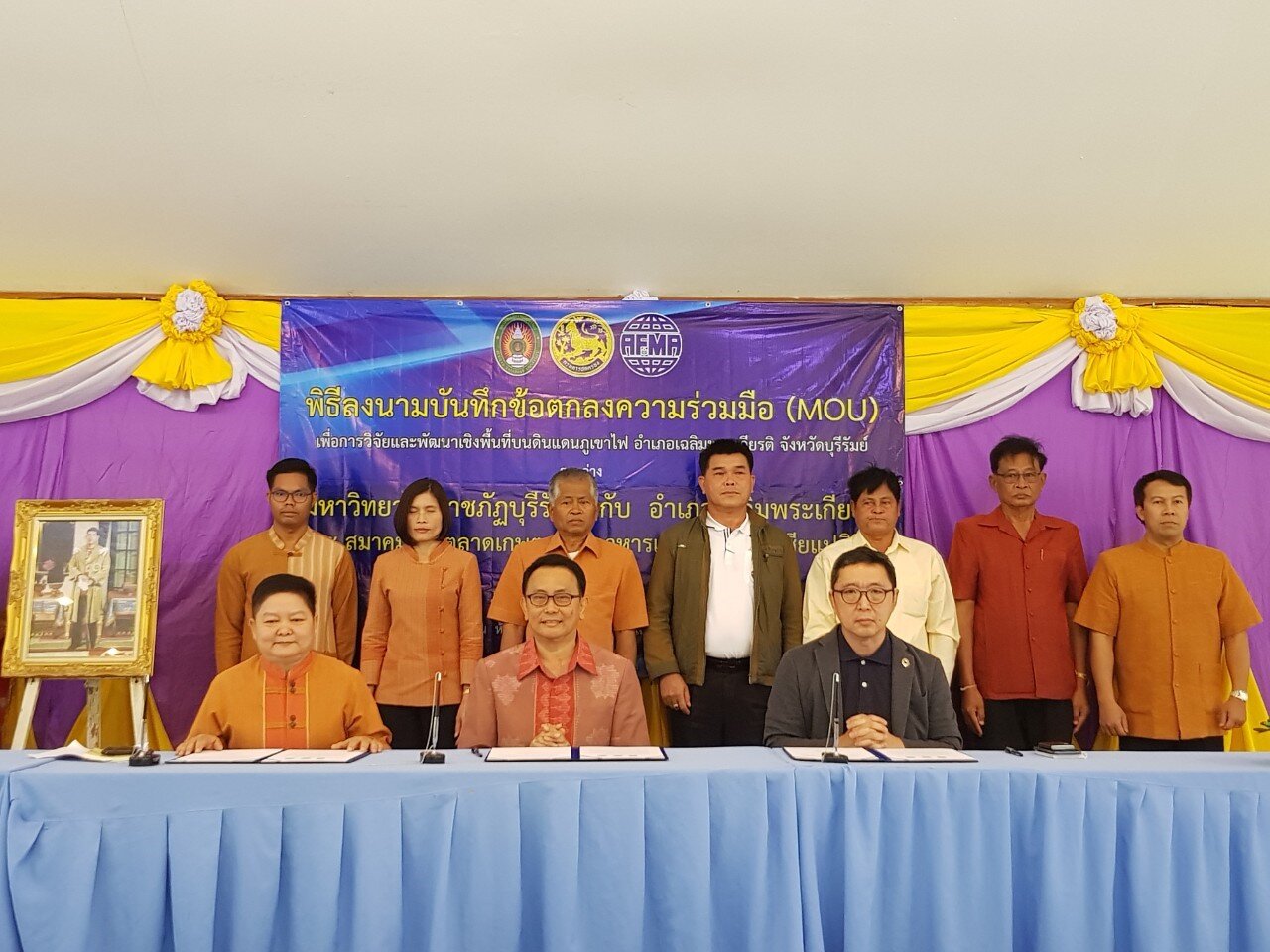
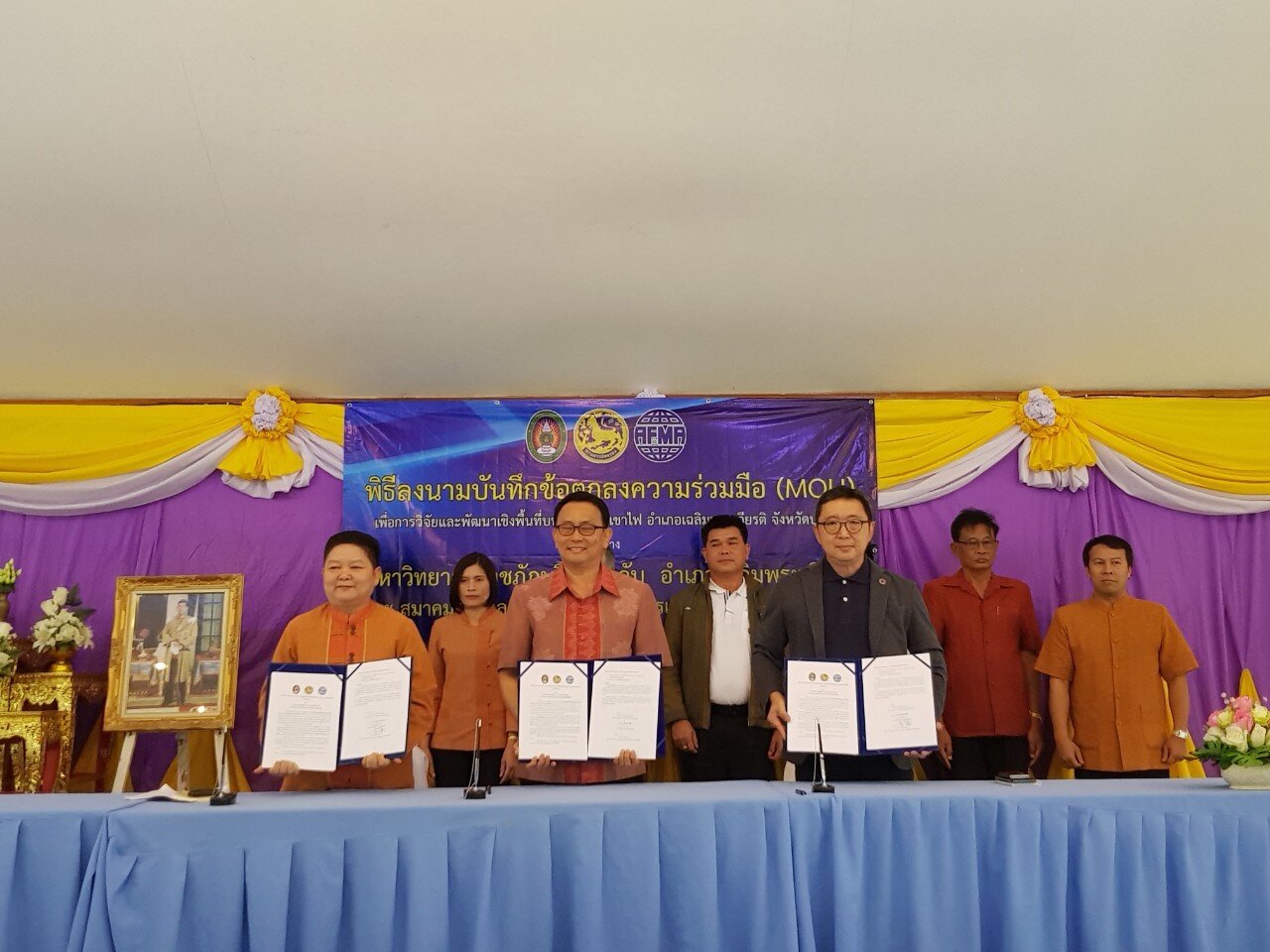
Opening of the Art for Sustainability
AFMA, Sustainable Ocean Ambassador (SOA), with ambassadors and representatives from more than 40 countries, and notable representatives from international associations including the President of the Pan-Pacific & Southeast Asia Women’s Association (PPSEAWA) are gathered at the Ministry of Foreign Affairs (Saranrom Club), Thailand for the opening ceremony of the Art for Sustainability, which was spearheaded by His Excellency Poldej Worachat, former Ambassador of Thailand to Sri Lanka.
Art for Sustainability Exhibition is to articulate Sufficiency Economy Philosophy (SEP) and Sustainable Development co-organized by Saranrom Club, Ministry of Foreign Affairs and Agricultural and Food Marketing Association for Asia and the Pacfic (AFMA) at the Ministry of Foreign Affairs, the Kingdom of Thailand.
The theme of Art for Sustainability Exhibition is the harmony of people, planet and prosperity emphasizing on the Sustainable Development Goal 3 ‘Good health and well-being’, Goal 4 ‘Quality Education, Goal 14 ‘Life below water’, Goal 15 ‘Life on land’, Goal 16 ‘Peace, Justice and Strong Institutions’, and Goal 17 ‘Partnership for the Goal’. The purpose of the exhibition is to create stronger collaboration and partnership on Sustainable Development.
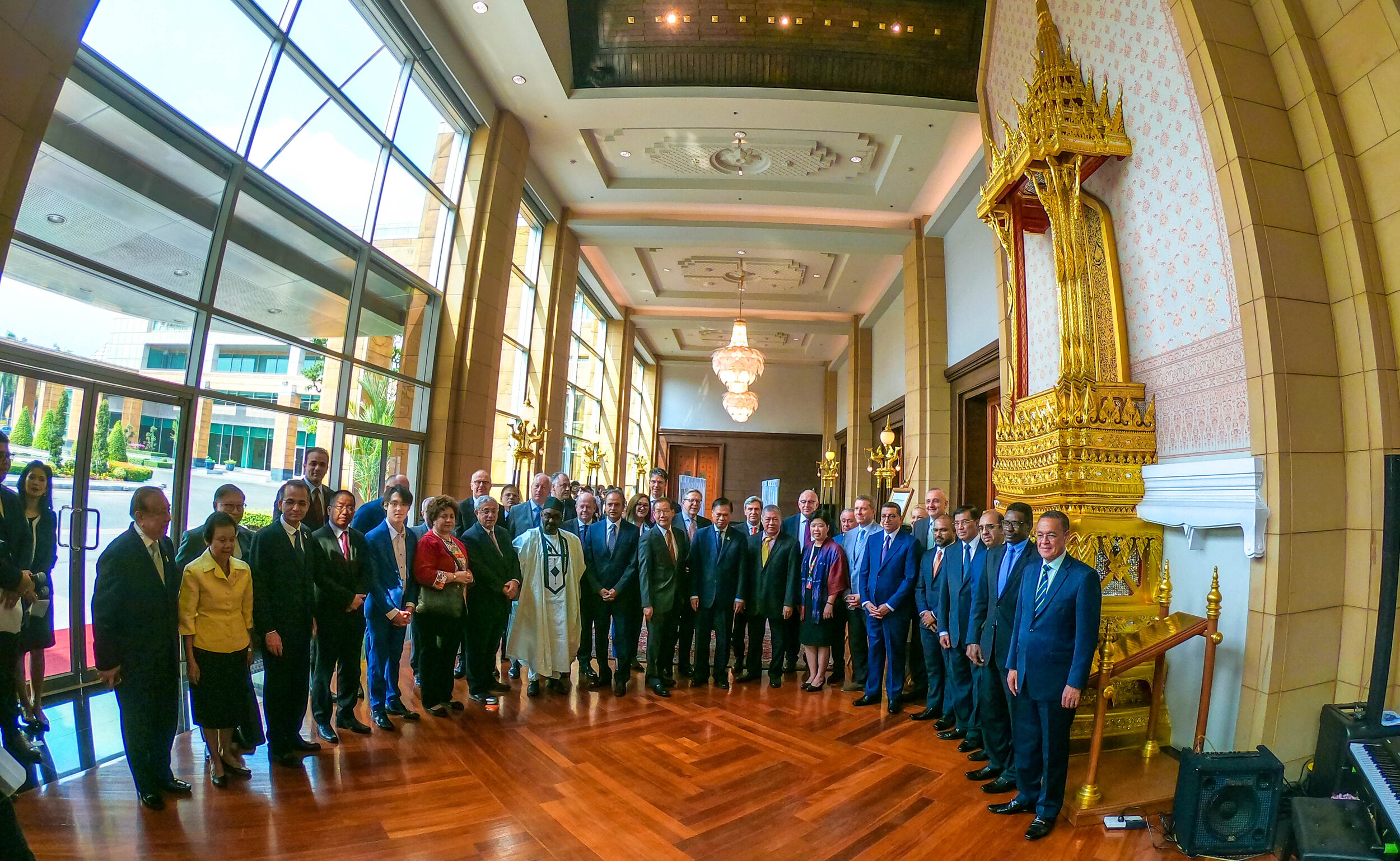
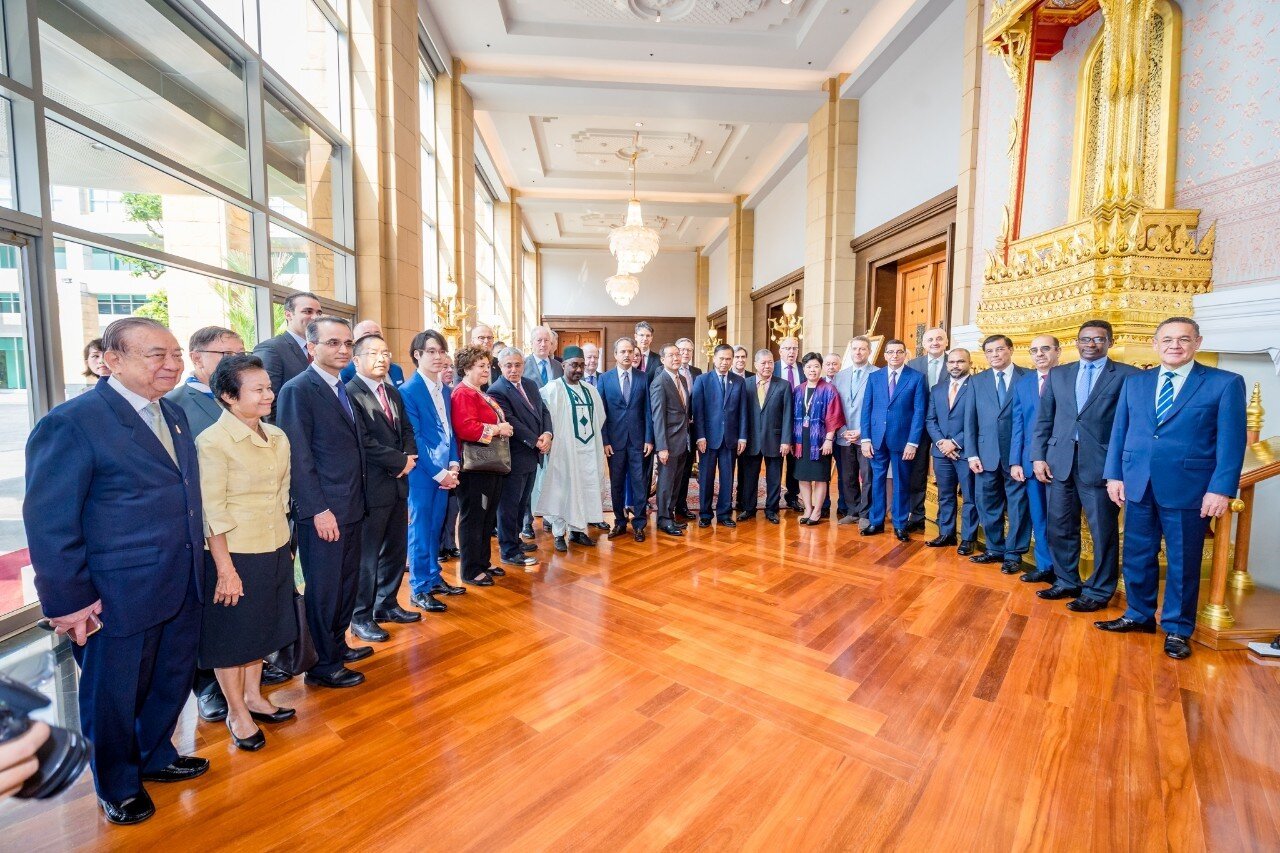
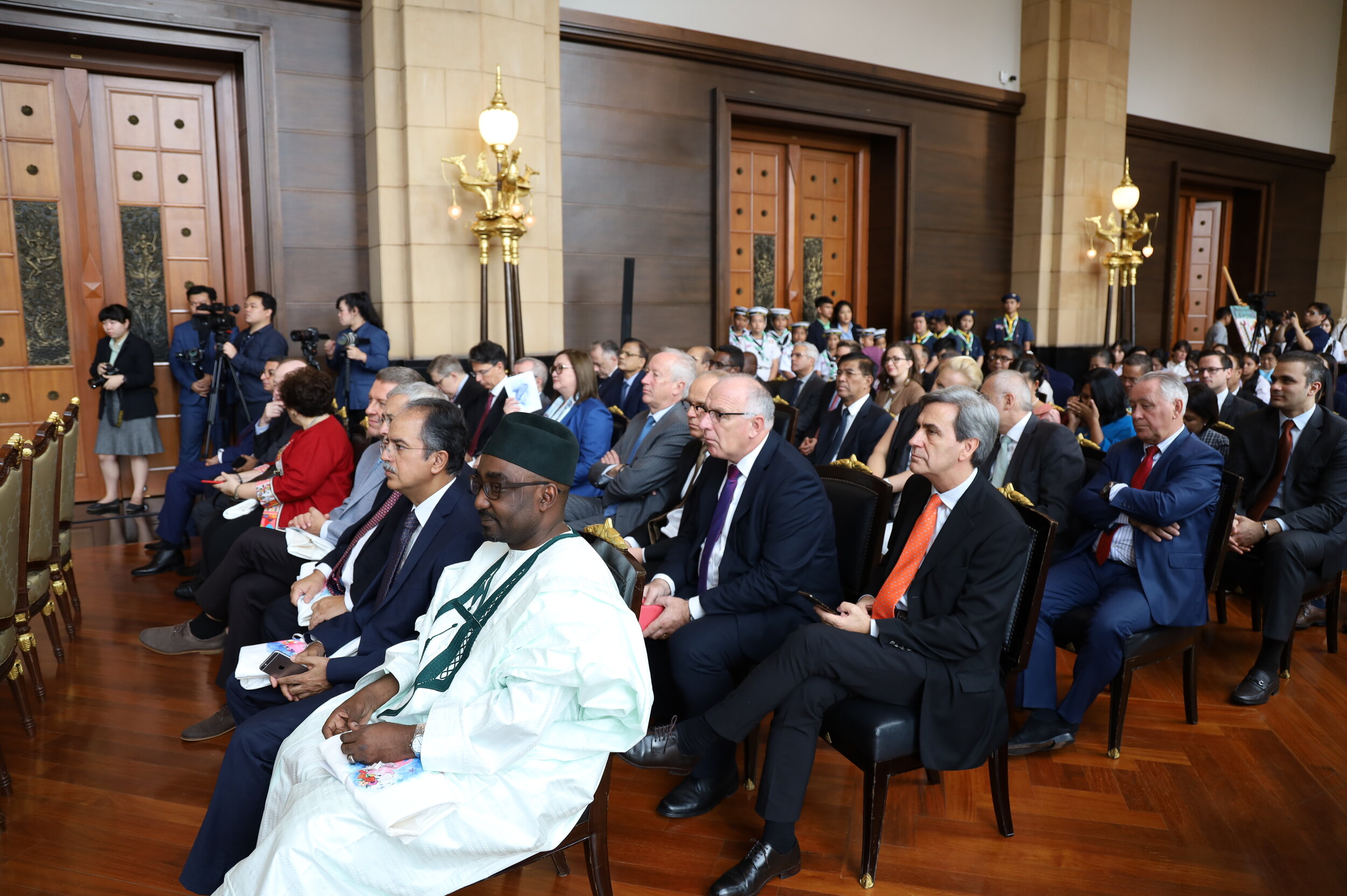

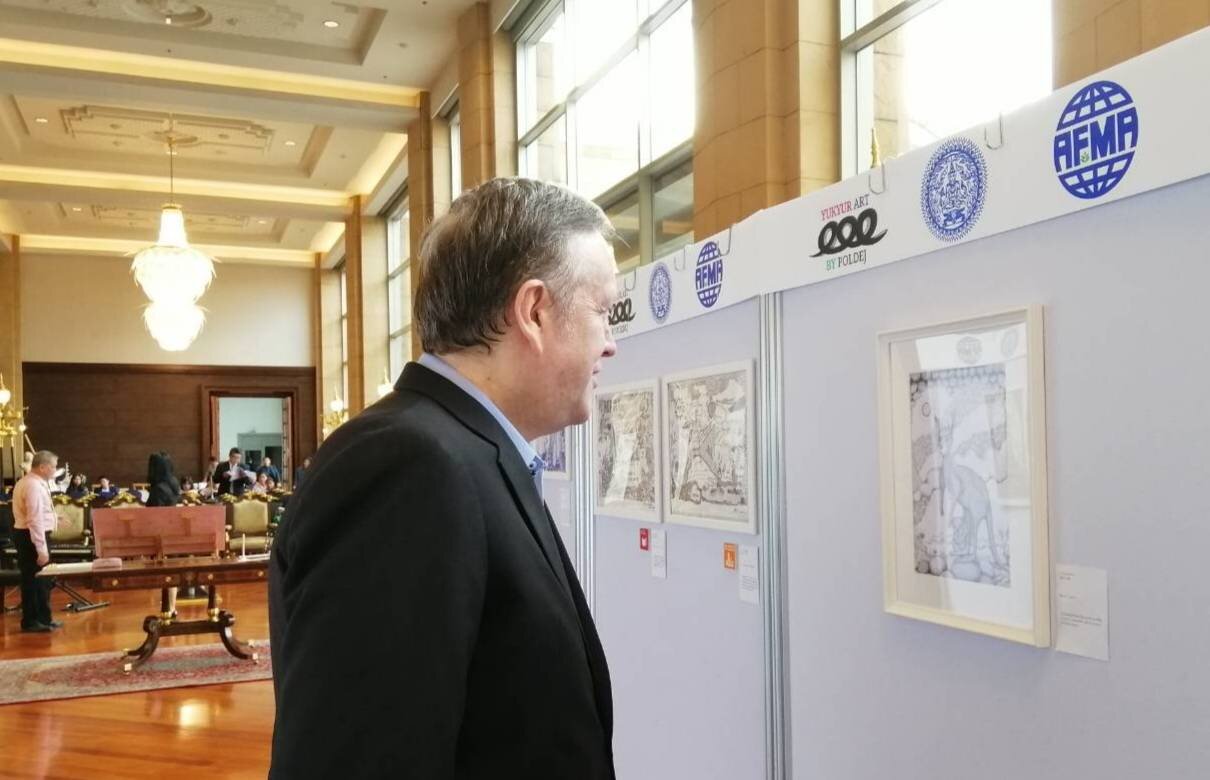
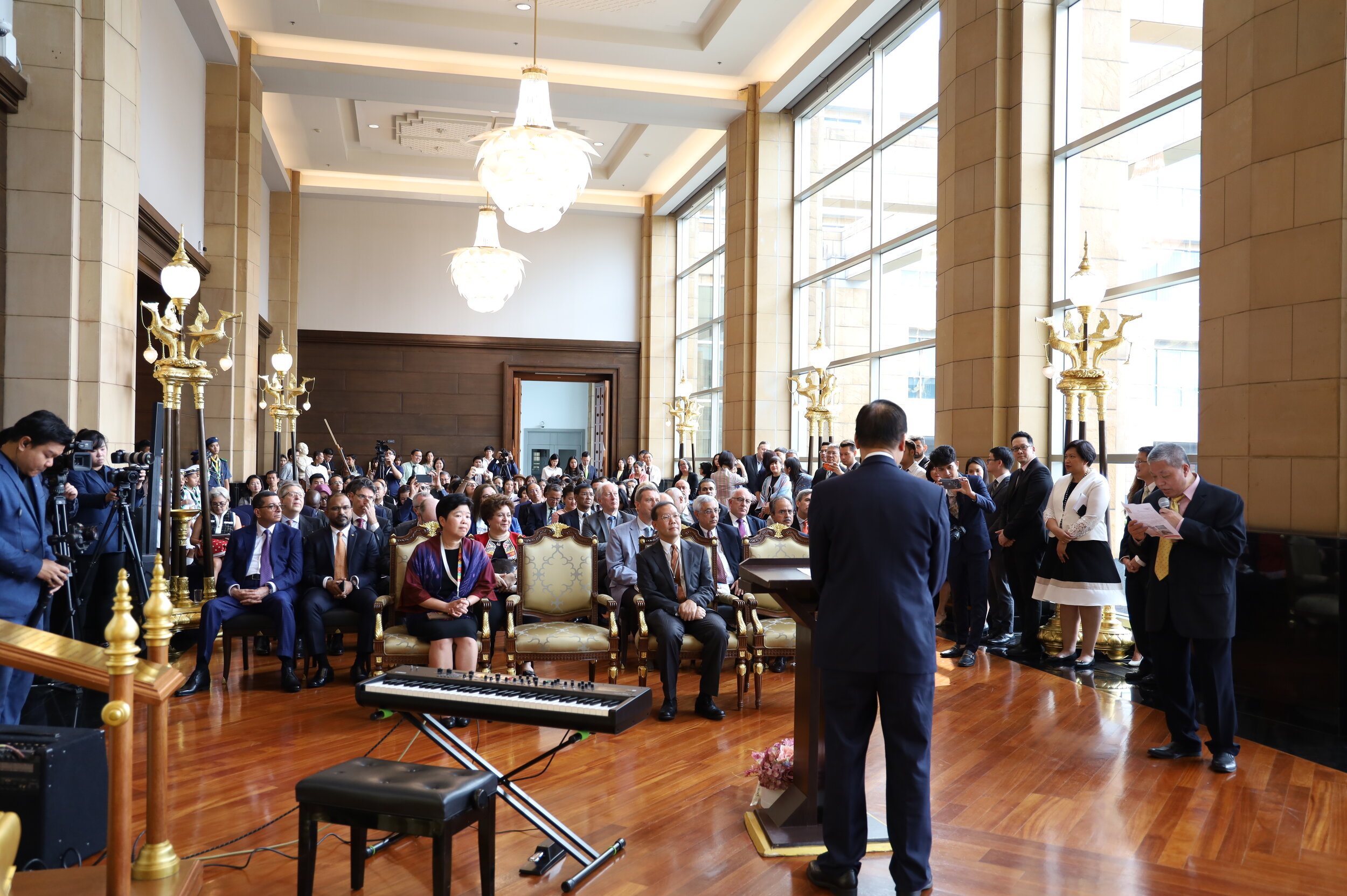
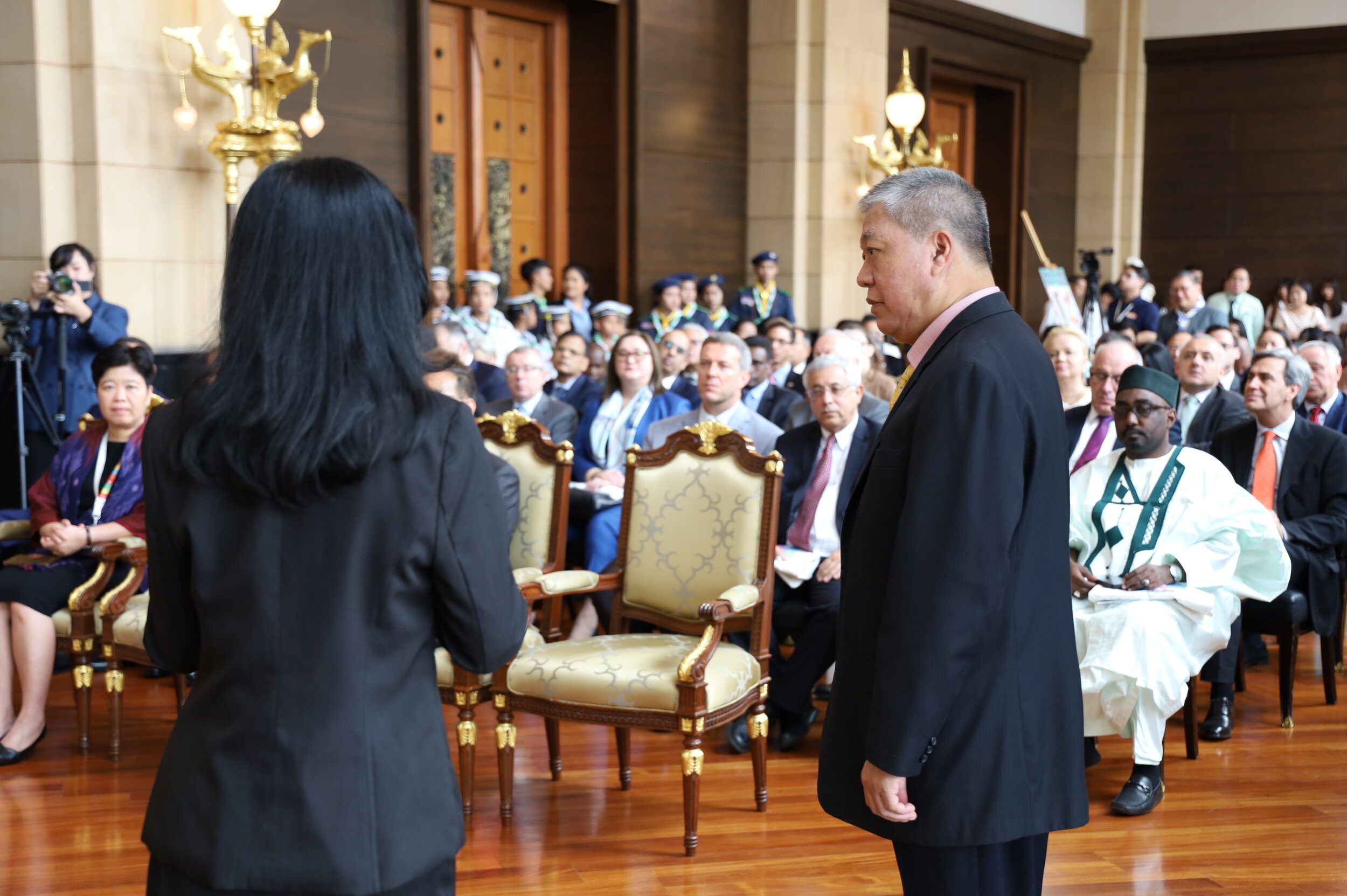

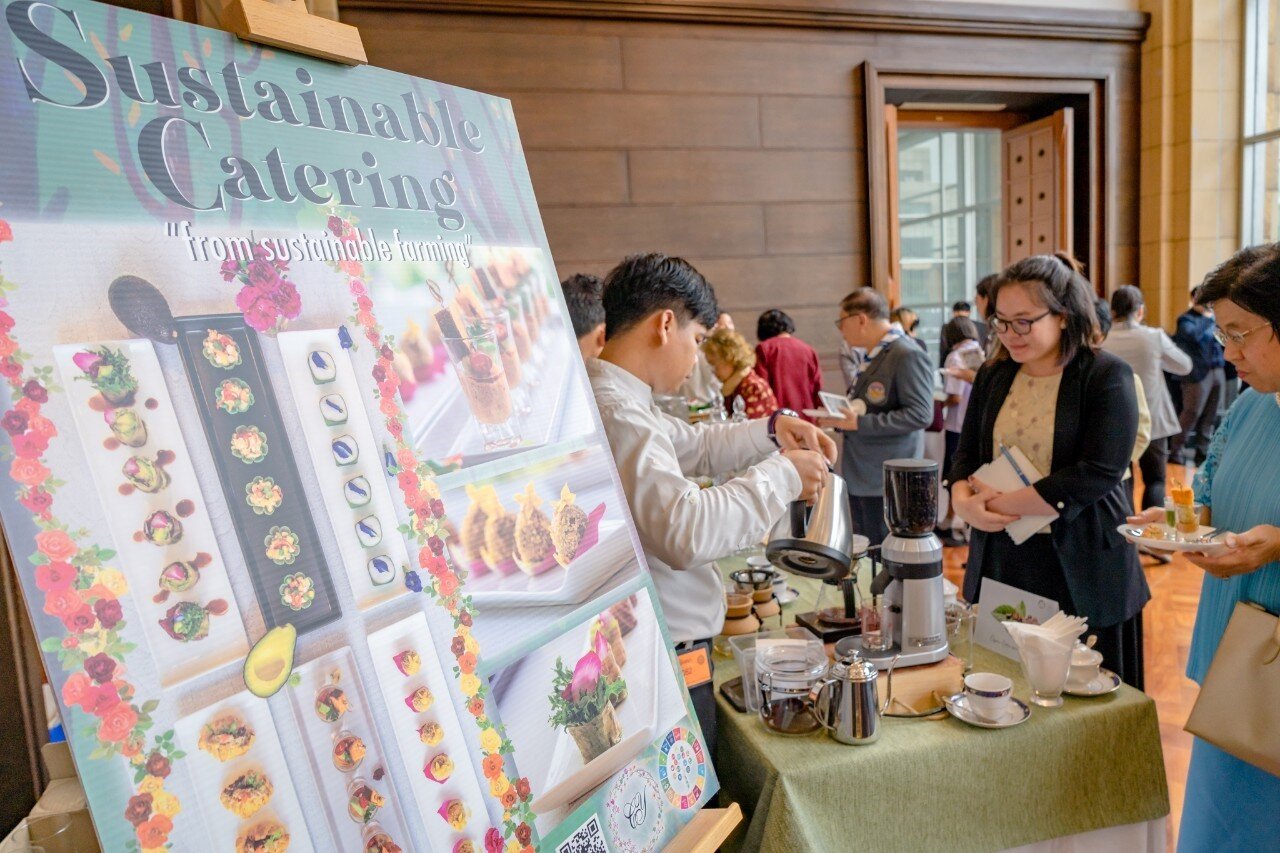

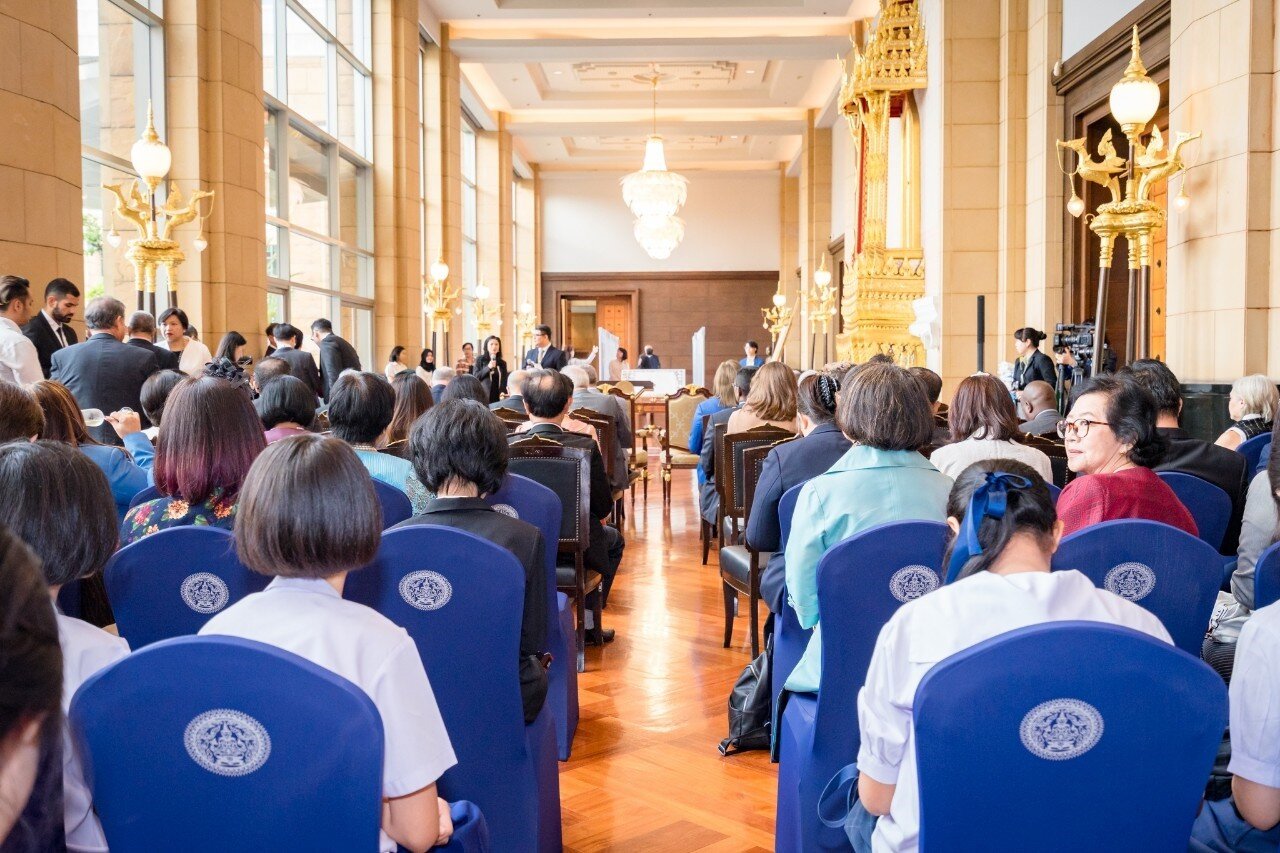
Asian Recycling & Sustainability Conference
AFMA is the Endorsement Partner of the Asian Recycling & Sustainability Conference to transform the plastic crisis into opportunities for the community.
more information : www.icisevents.com/ehome/asianrecycling/agenda/
Empowering the youngsters for Ocean Sustainability
Sustainable Ocean Ambassador (SOA) in partnership with The Pan Pacific and Southeast Asia Women’s Association (PPSEAWA) showcased the commitment and actions for ocean sustainability, and encourage the future generations to become future ocean ambassadors.
Sustainable Cacao in Thailand
AFMA in partnership with Apollo Thailand are working with Thai farmers to encourage sustainable and organic agriculture of cacao in the eastern and southern parts of Thailand. Once harvested, a bean-to-bar process is performed to add value to the cacao, and allowing farmers to enjoy the fruits of their work, to encourage sustainable farming and provide farmers with decent work, education and poverty reduction.
Centre of Excellence for Marine Debris Research
AFMA, Sustainable Ocean Ambassador with the Japan International Cooperation Agency (JICA), Chulalongkorn University, Kyushu University, Tokyo University of Marine Science and Technology, Tokyo University of Agriculture and Technology, Kyoto University, Kumamoto University, Chuo University Kagoshima University and Pollution Control Department are in collaboration on establishing a centre of excellence for marine debris research to provide solutions for the plastic waste that end up in the ocean.
ZERO MICROPLASTICS : FROM PLASTICS LANDFILL TO ENERGY
Thailand and other Asia and the Pacific countries have been labelled as within the top 10 ocean polluters in the world. Plastics breakdown into micro-plastics and end up in the ocean, easily ingested by numerous marine lives because of their small size, increasing concerns about their negative impact on wildlife and possible toxicity to living organisms, including humans. This will negatively impact sustainable investments on the blue economy and the prosperity of every country as a whole.
PARTNERSHIP ON SUSTAINABILITY WITH NEW INNOVATION TECHNOLOGY
AFMA is in collaboration with NIT to up-cycle landfill plastic that end up as micro-plastic in the Oceans into useful diesel and petrol for the community, for the ocean and for the sustainable development goals. This will provide a solution for single use plastics, micro-plastics by giving incentives for the community to contribute their plastics as raw material to be turned to readily to use oil up to international standards at a competitive price, so the community can enjoy the profit for their children’s education, welfare and eliminate pollution.
ASEAN SUSTAINABLE BUSINESS FORUM & EXPO 2019
Sustainability is Everybody’s Business
Policy-makers with the best and frontier of corporations, leading academia, civil society organizations and partners on sustainability will share their visions and showcase sustainable modalities to fulfil the objective of Sustainable Development for the future generations.
Regional Platform for national policy-makers, ASEAN and beyond, to showcase countries’ progresses and successes on sustainable development, from policies to implementation in accordance with key sustainable development goals’ indicators and to exchange learning experiences.
Date: 5th June 2019
Sustainable Agro-Food Business Forum
The Sustainable Agro food Business Forum was organized on 26-27 September 2017 at the United Nations Conference Centre, Bangkok, Thailand to acknowledge the importance of agriculture and food role to mobilize MSMEs food producers and Small holders to achieve Sustainable Development Goals (SDGs).
All 7 dialogues had led to the establishment of Sustainable Agro Food Platform. The multi-stakeholders include policy-makers, Small holders, SE and MSME business sectors, international agencies, civil society organizations and academics.

Voluntary Agricultural Standards
Voluntary Agricultural Standards
Voluntary Agricultural Standards
Voluntary Agricultural Standards
GAP
Good Agricultural Practices (GAP) is a systematic approach that need to be applied on the farm to ensure food safety during pre-production, production, harvest and post-harvest stages.
Organic Agriculture
Organic Agriculture is an ecological production management system that promotes and enhances biodiversity, biological cycles and soil biological activity.
FairTrade
Fair Trade is an organized social movement helping producers in developing countries achieve better trading conditions and to promote sustainability based on the fair remuneration of producers and a partnership between producers and consumers.
